Are you a real history buff and are you looking for the best history museums to visit in Baden-Württemberg? These are the ones:
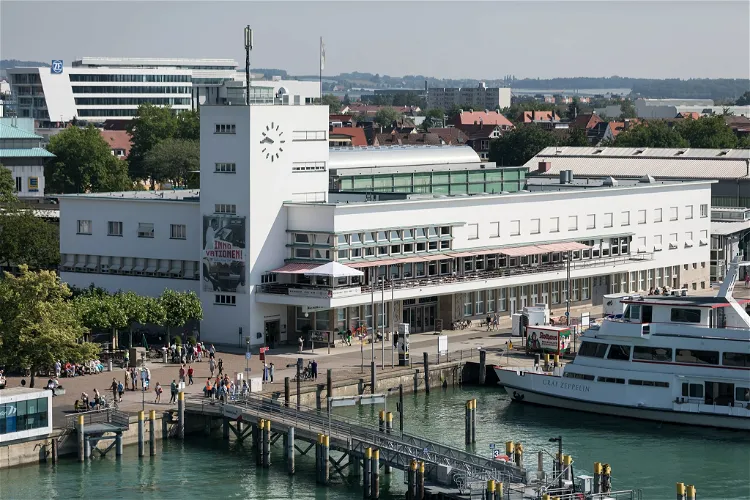
Zeppelin Museum Friedrichshafen
FriedrichshafenThe Zeppelin Museum is located in Friedrichshafen, a city in southern Germany on the shores of Lake Constance. The museum is dedicated to telling the story of the Zeppelin airships, which were created in this very city. Visitors can learn about the history and development of these iconic airships, gaining a deeper understanding of their significance in the world of aviation.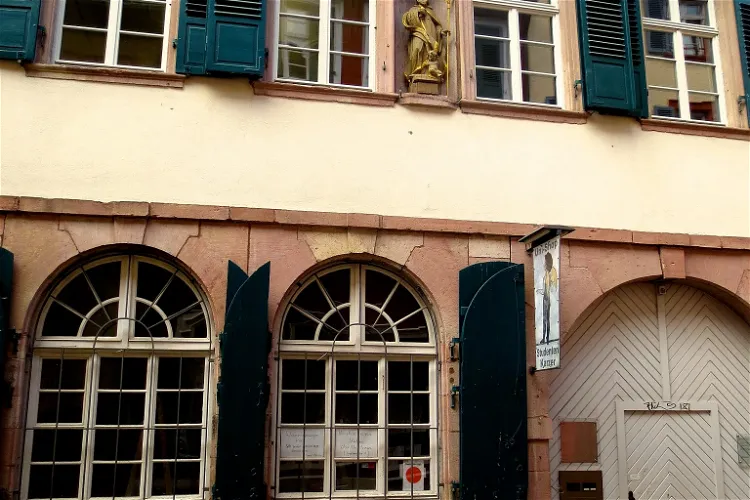
Studentenkarzer
HeidelbergToday, the Studentenkarzer is part of the museum of the history of the Old University of Heidelberg. It offers visitors an opportunity to explore the university's past and understand the unique student culture that existed. The museum is a testament to the university's rich academic history and the evolution of its disciplinary practices.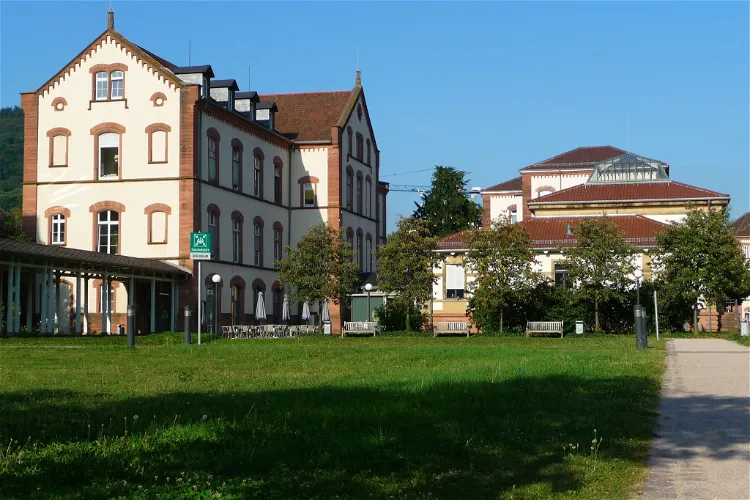
Prinzhorn Collection
HeidelbergThe Prinzhorn Collection, located at the Heidelberg University Hospital, is a unique German art collection. It is composed of works created by mental health patients. This collection provides a unique perspective on art, as it showcases the creative expressions of individuals who have experienced mental health challenges.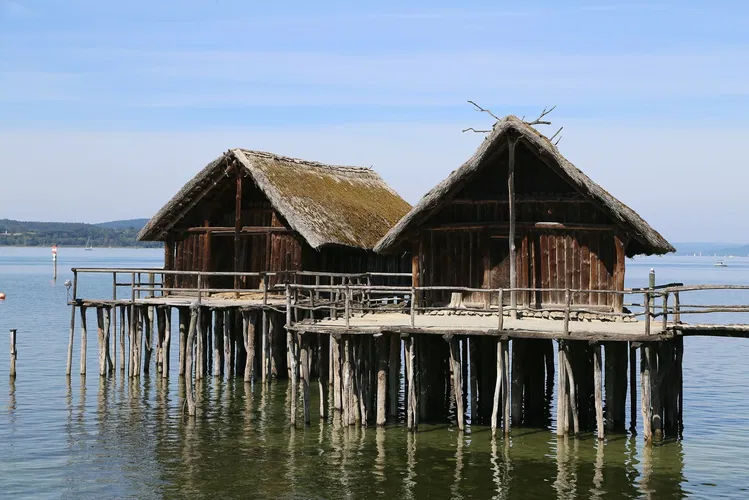
Pfahlbaumuseum Unteruhldingen
Uhldingen-MühlhofenThe Pfahlbauten Museum, located in the village of Unteruhldingen in the municipality of Uhldingen-Mühlhofen, is an open-air museum that showcases archaeological finds and reconstructions of stilt houses. The museum began in 1922 with the construction of the first two stilt houses and has since grown to include 23 wooden stilt houses. These houses are built on and slightly off the shore, connected by wooden plank walkways.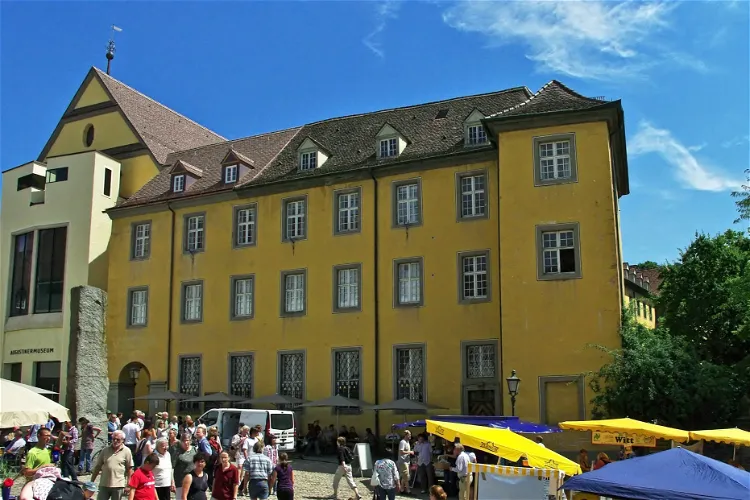
Augustiner Museum
Freiburg im BreisgauThe Augustinermuseum is the principal museum of Freiburg im Breisgau, located in the Baden-Württemberg region of Germany. It is a significant cultural institution in the city, offering a wide range of exhibits and collections for visitors to explore.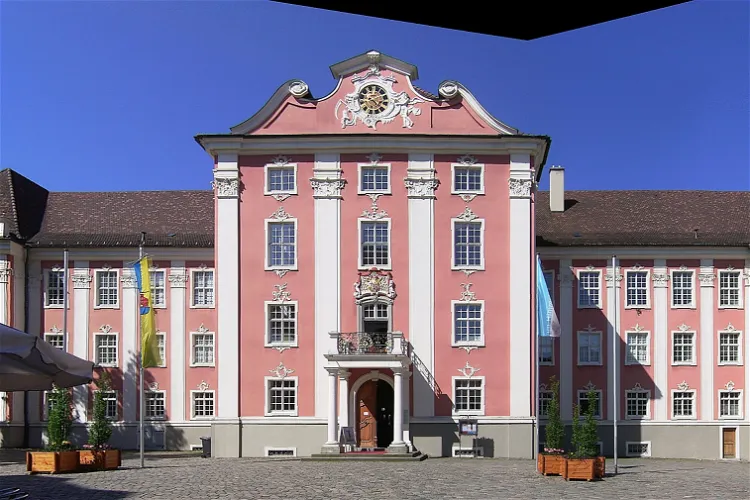
New Castle
MeersburgToday, the Neues Schloss Meersburg houses several museums, providing a diverse range of exhibits for tourists to explore. The Town Gallery (Städtische Galerie) and the Dornier Museum occupy the 2nd floor, while the Palace Museum of the Prince Bishops (Fürstbischöfliche Schlossmuseum) is located on the 3rd floor. The latter offers visitors the chance to view the residential and representation rooms of the prince bishops, refurnished with contemporary appointments from that era.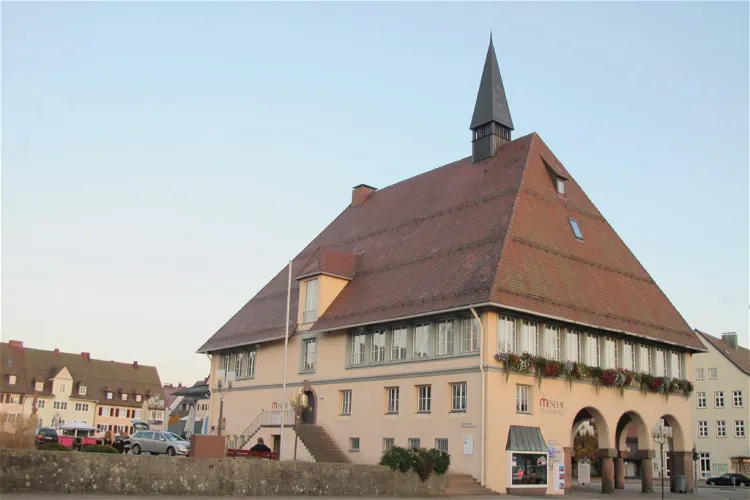
Museum im Stadthaus
Freudenstadt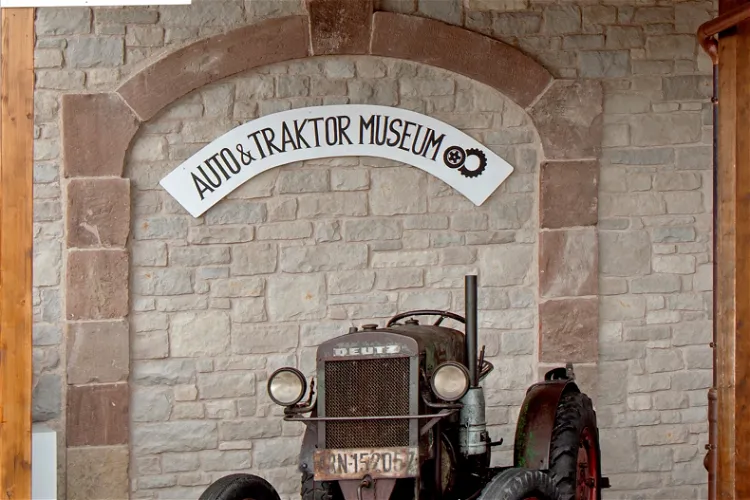
Auto & Traktor Museum
Uhldingen-MühlhofenThe Auto & Tractor Museum in Gebhardsweiler, part of the municipality of Uhldingen-Mühlhofen, houses a collection of 350 vehicles, including cars, motorcycles, and tractors. This extensive collection provides a comprehensive overview of the evolution of urban and rural life over the past century.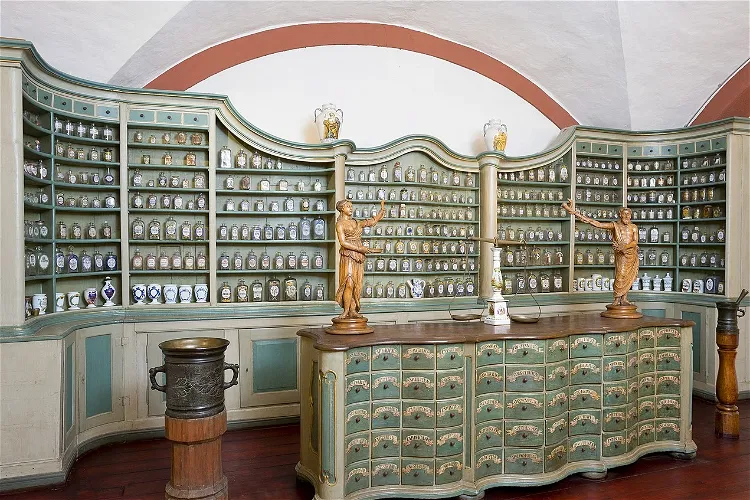
German Pharmacy Museum
HeidelbergThe German Pharmacy Museum in Heidelberg is a unique institution dedicated to the history of pharmacy. It boasts extensive collections that cover the entire German-speaking region from antiquity to the 21st century. This museum provides a comprehensive overview of the evolution of pharmacy and medicine, making it a fascinating destination for anyone interested in history, science, or medicine.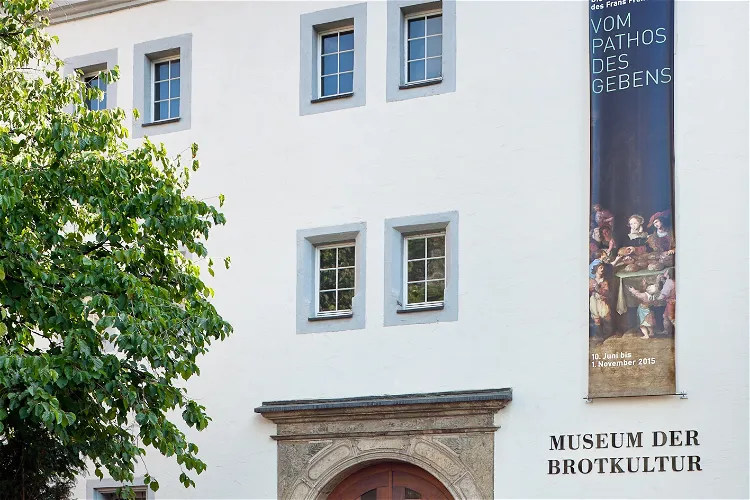
Museum Bread and Art
UlmThe Museum Brot und Kunst – Forum Welternährung in Ulm is a unique knowledge museum that showcases the importance of grain, bread, and culture in human development. It provides a comprehensive understanding of the natural, technical, and social historical aspects of bread production, as well as the symbolism of bread as a metaphor for life in Jewish-Christian thought.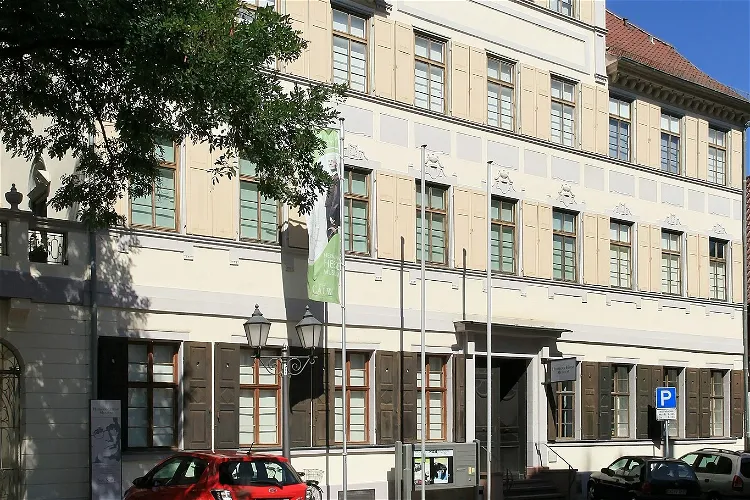
Hermann-Hesse-Museum
CalwThe Hermann-Hesse-Museum in Calw is dedicated to documenting the life and work of the renowned writer and Nobel laureate in Literature, Hermann Hesse. The museum offers a comprehensive insight into Hesse's life, his literary works, and his significant contributions to literature. It is an ideal destination for literature enthusiasts and those interested in learning more about this influential figure.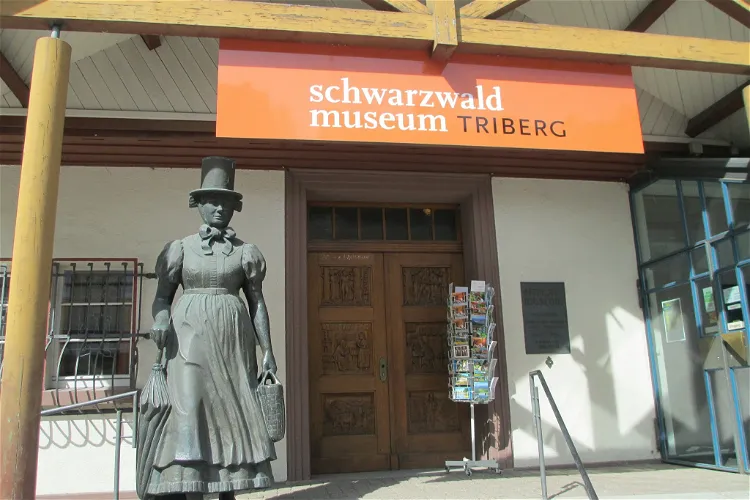
Black Forest Museum
Triberg im Schwarzwald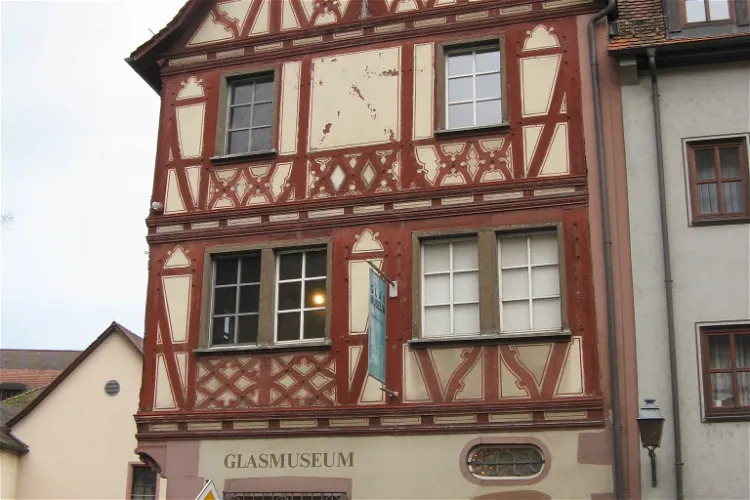
Glasmuseum Wertheim
WertheimThe Glasmuseum in Wertheim, Baden-Württemberg, is a unique institution that presents and documents the history and application of glass. From antiquity to present-day high-tech products, the museum offers a comprehensive overview of the evolution of glass and its various uses over the centuries. It's a fascinating journey through time, showcasing the versatility and importance of this material in different eras and contexts.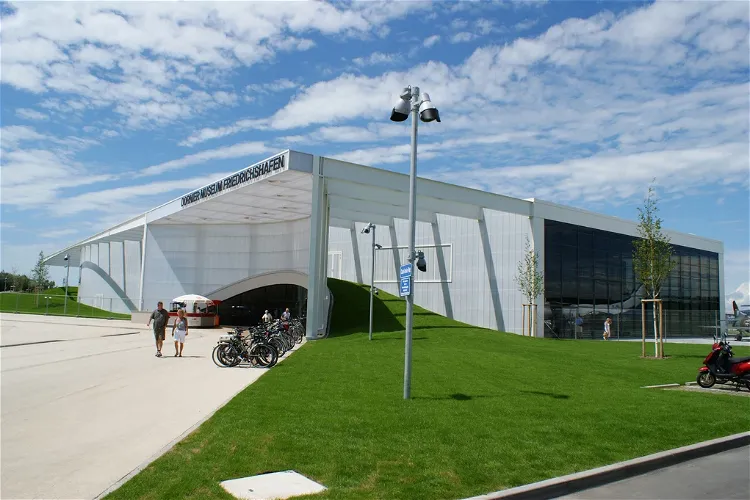
Dornier Museum Friedrichshafen
FriedrichshafenThe Dornier Museum in Friedrichshafen is a technology museum that pays tribute to the pioneering work of aircraft designer Claude Dornier and the Friedrichshafen company Dornier-Werke, which is now part of the Airbus Group. This museum provides a comprehensive insight into the history and achievements of these significant figures in aviation history.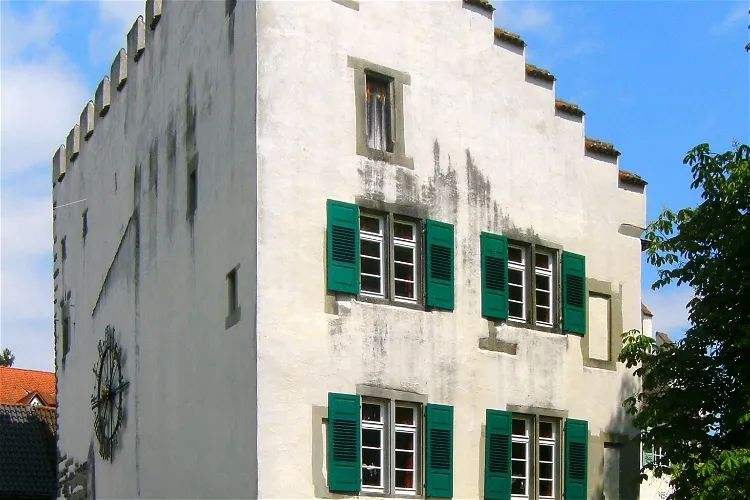
Städtisches Museum Überlingen
Überlingen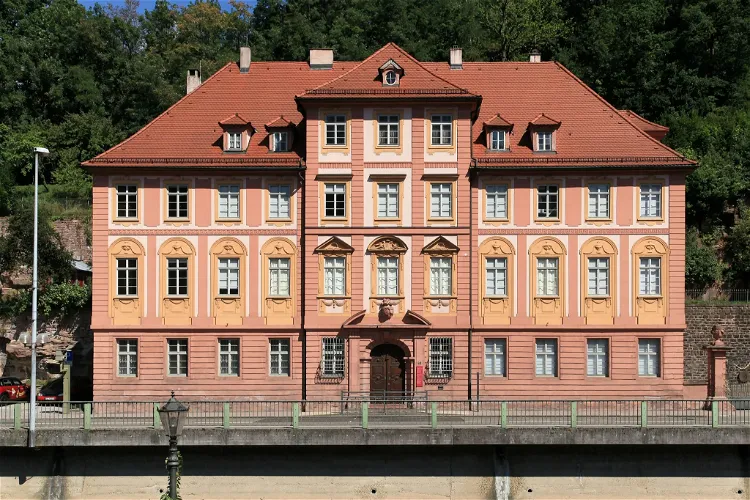
Palais Vischer
CalwPalais Vischer, a neoclassical city palace, is now a museum that showcases the history of the city of Calw in Baden-Württemberg. It provides a unique opportunity for visitors to delve into the rich past of this German city, offering a comprehensive understanding of its historical context and development.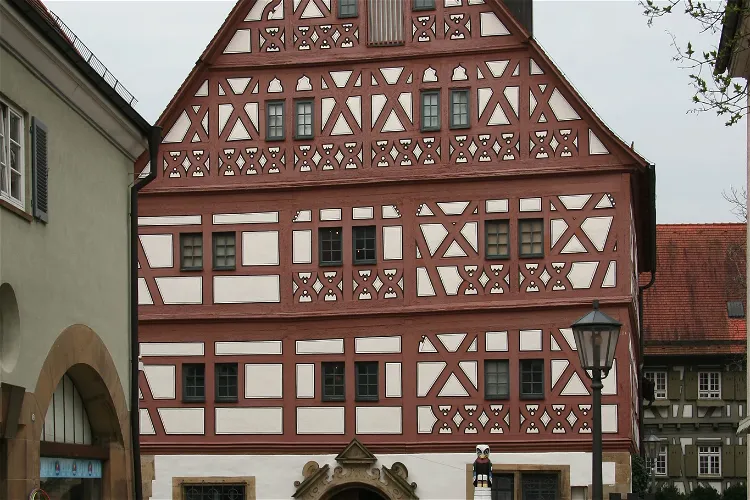
Stadtmuseum Hornmoldhaus
Bietigheim-BissingenThe Hornmoldhaus in Bietigheim stands as a testament to the architectural prowess of the Renaissance period in southern Germany. It is one of the best-preserved citizen houses from this era, offering a unique glimpse into the past. The house's intricate design and well-preserved state make it a significant historical site.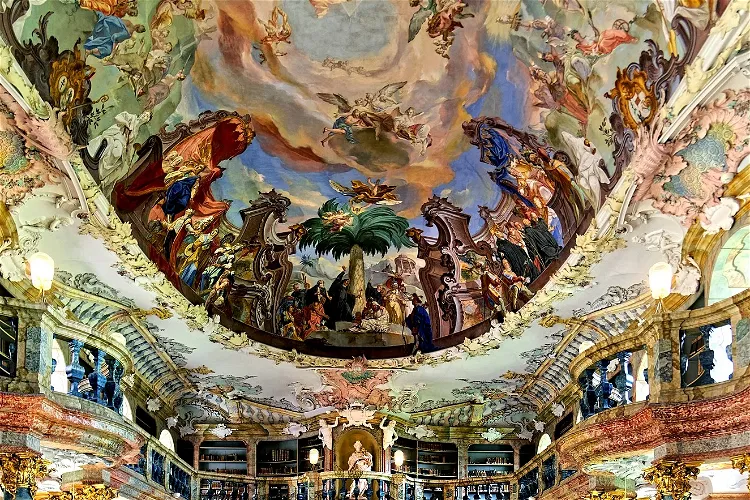
Wiblingen Abbey
UlmWiblingen Abbey, located in Ulm, was once a German Benedictine abbey. Today, the abbey church, which has been converted into a basilica, is one of the preserved structures of the abbey. The abbey was also used as military barracks in the past. This historical site offers a glimpse into the rich history of the region.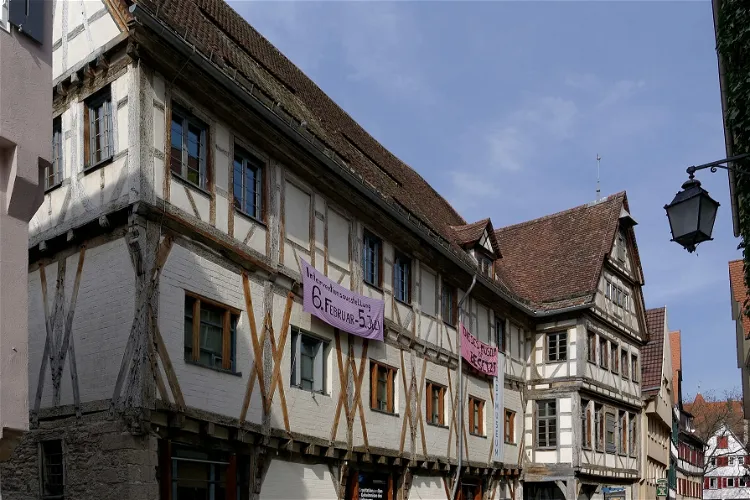
Stadtmuseum Tübingen
TübingenThe Stadtmuseum Tübingen is located in a former granary that is over 500 years old. This historic building is situated in the old town of Tübingen, adding to the charm and historical significance of the museum. Visitors can appreciate the architecture of the building while exploring the various exhibits inside.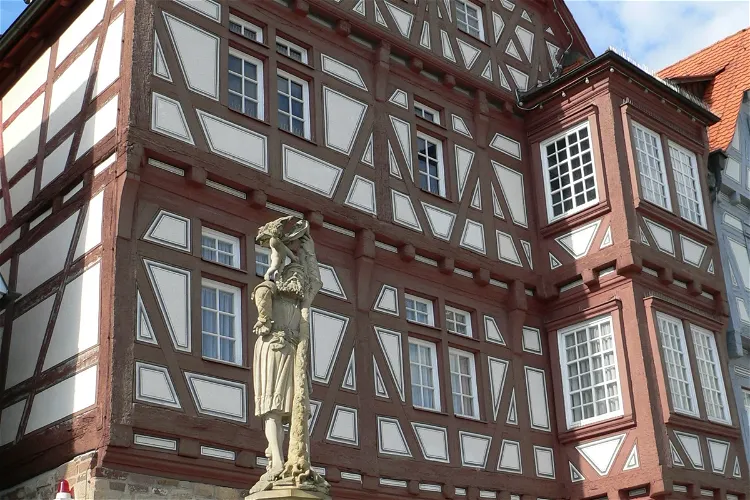
Deutsches Fleischermuseum
BöblingenThe Deutsches Fleischermuseum, located in the heart of Böblingen, is housed in a 16th-century building known as the former Vogtshaus of the city. This historic building adds a unique charm to the museum, making it an interesting destination for tourists who appreciate history and architecture.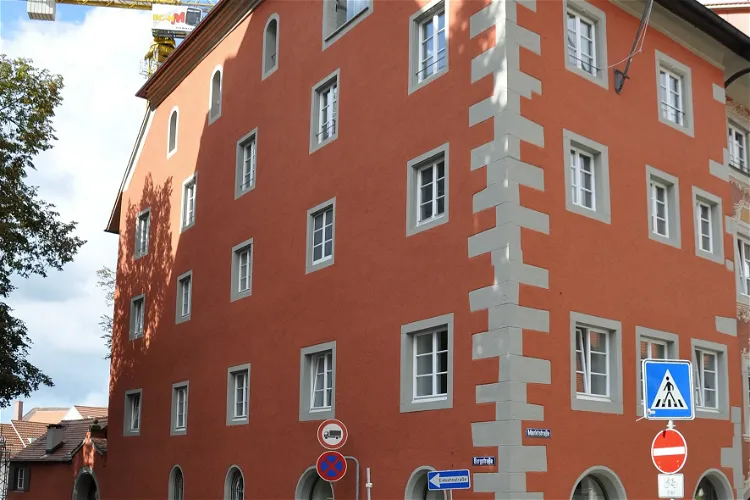
Museum Ravensburger
RavensburgThe Museum Ravensburger, situated in the old town of Ravensburg, is a unique institution dedicated to the history of the Ravensburger game and book publishing house. It offers a deep dive into the evolution of the publishing house, providing visitors with a comprehensive understanding of its rich history and significant contributions to the world of games and books.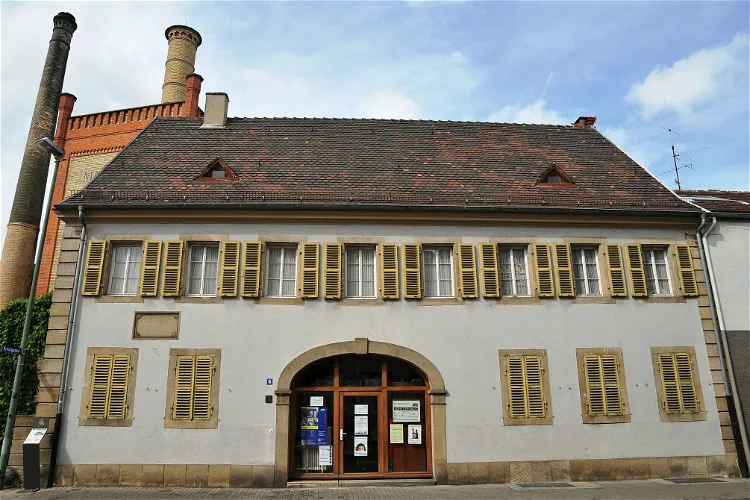
Schillerhaus
MannheimThe Schillerhaus, located in the Ludwigshafen district of Oggersheim, is a significant historical site. It was here that the renowned German poet, philosopher, physician, historian, and playwright Friedrich Schiller stayed under the alias 'Dr. Schmidt' from October 13 to November 30, 1782. This period in Schiller's life was marked by his flight from the Duchy of Württemberg to Mannheim in the Electorate of Palatinate-Bavaria, making the Schillerhaus a key location in his personal history.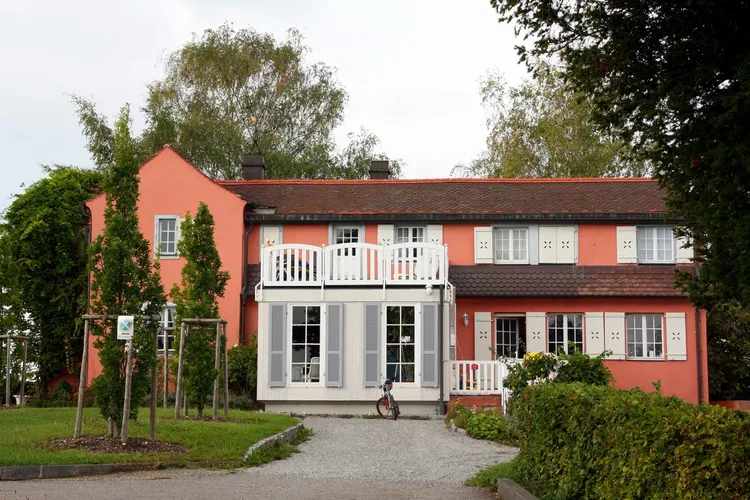
Little House, Meersburg
MeersburgThe Little House, also known as the Prince's House (Fürstenhäusle), is a historic house and museum located in the picturesque town of Meersburg, Germany. It offers a stunning view of Lake Constance, making it a scenic spot for tourists. The house carries a rich history and is a significant cultural landmark in the region.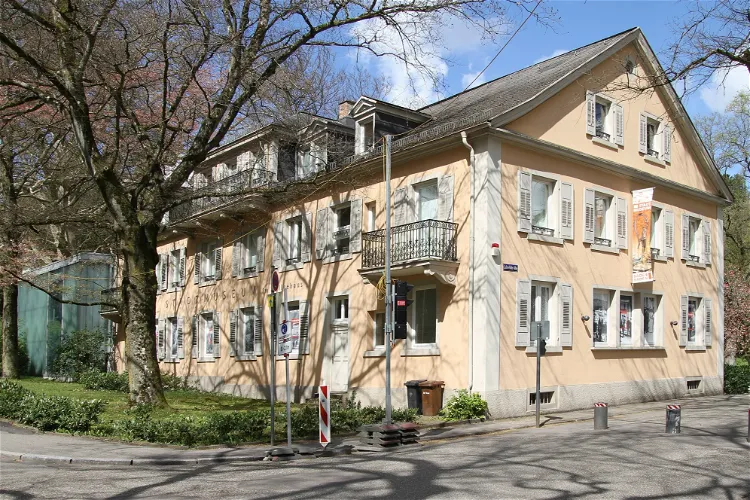
City museum
Baden-Baden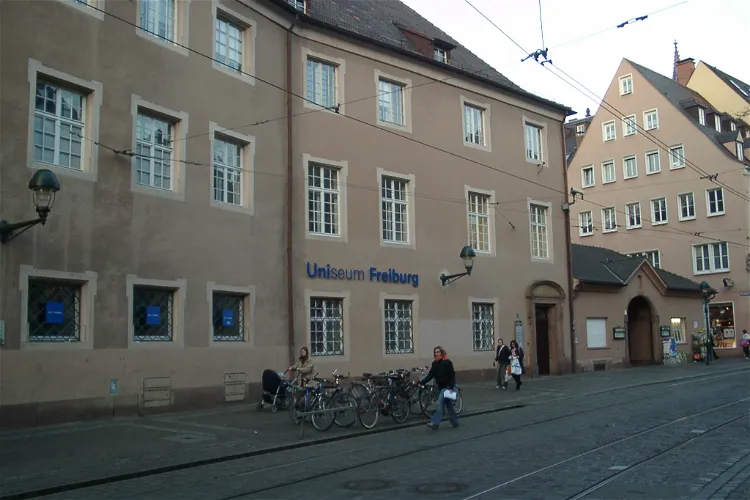
Uniseum
Freiburg im BreisgauThe Uniseum is the University Museum of the Albert-Ludwigs-University in Freiburg im Breisgau. It was opened in July 2004 and provides a comprehensive overview of the university's history. The museum is a great place to learn about the development of the university since its foundation in 1457.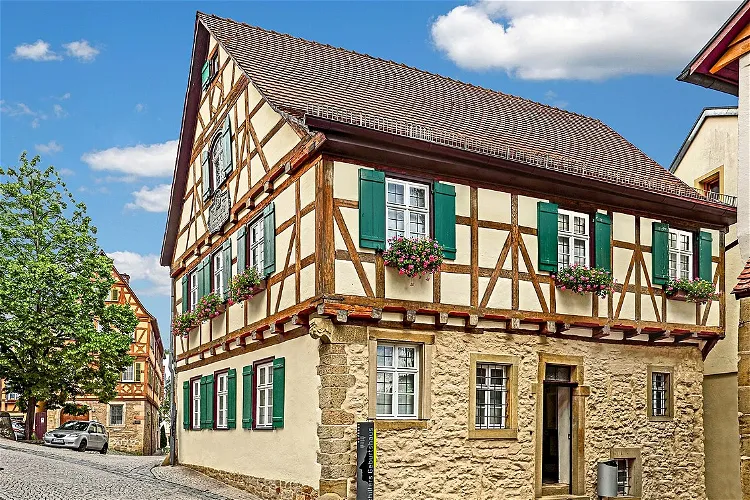
Schillers Geburtshaus
Marbach am Neckar
Langenburg Castle
LangenburgOne of Germany's castle gems. The Renaissance courtyard is simply charming and the automobile museum is also worth a visit.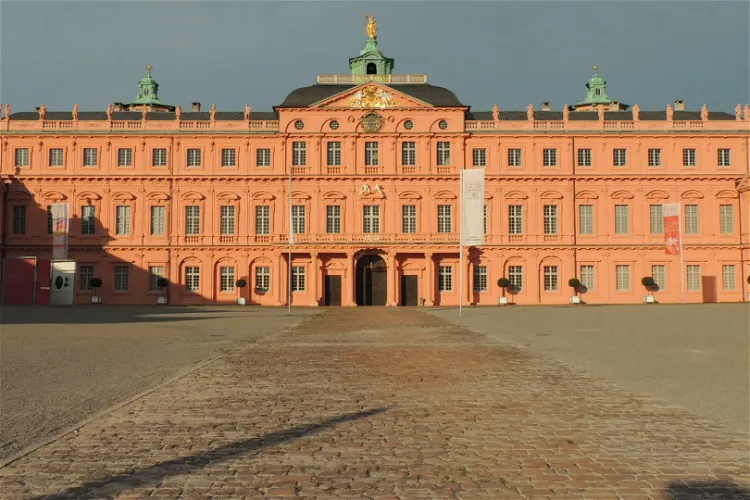
Schloss Rastatt
RastattSchloss Rastatt, situated in Baden, Germany, is a historical site that was once the residence of the Margraves of Baden. The castle was constructed in 1700 by the Italian architect Domenico Egidio Rossi for Margrave Louis William of Baden. This historical context adds to the rich tapestry of the castle's past, making it a fascinating destination for those interested in history and architecture.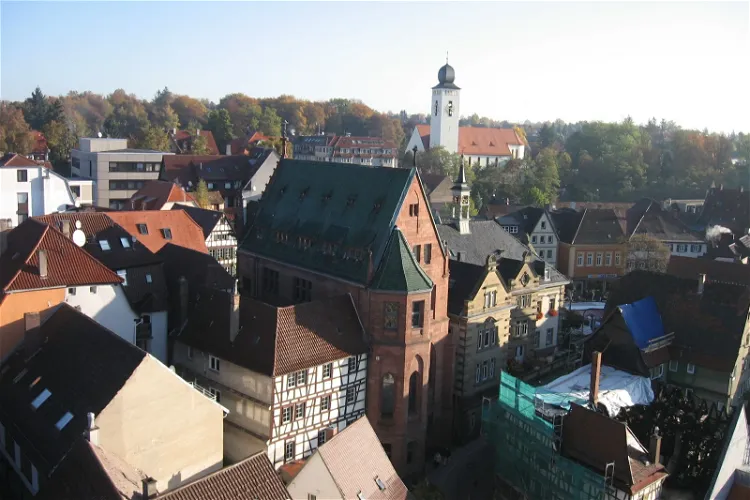
European Melanchthon Academy of Bretten
BrettenThe Melanchthonhaus in Bretten serves as a museum and research institution dedicated to the history of the Reformation and the life of Philipp Melanchthon. It offers a unique insight into the life and work of this important figure of the Reformation, making it a significant destination for those interested in history and religion.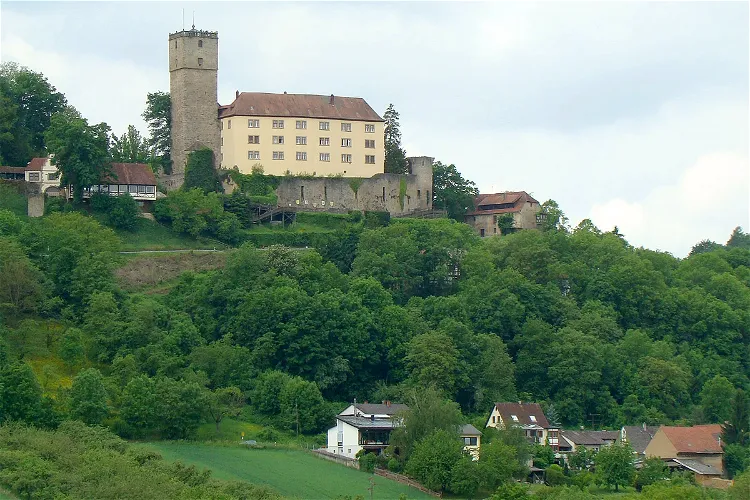
Burg Guttenberg Haßmersheim
NeckarmühlbachBurg Guttenberg is a late medieval castle situated above Neckarmühlbach, a district of Haßmersheim in the Neckar-Odenwald district in Baden-Württemberg. The castle has never been destroyed and has been continuously inhabited for almost 800 years. Since the mid-15th century, it has been occupied by the Gemmingen-Guttenberg line of the Barons of Gemmingen.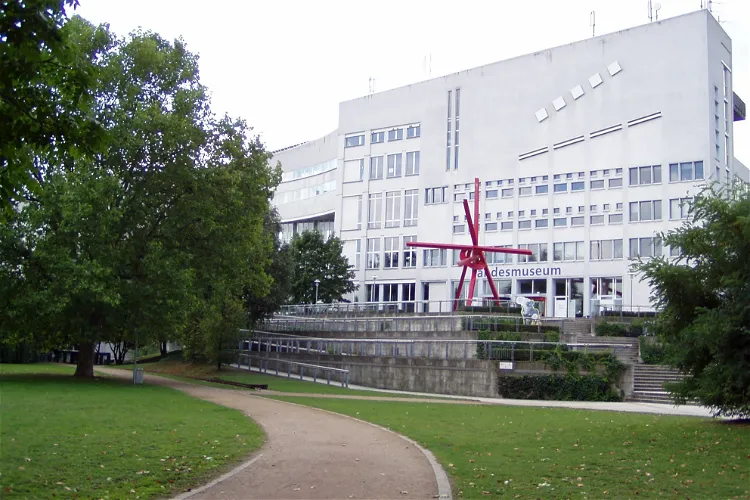
Technoseum
MannheimThe Technoseum, located in Mannheim, Baden-Württemberg, Germany, is a technology museum that offers a comprehensive display of the industrialisation process in the south-western regions of the country. Visitors can explore the evolution of technology and industry in this region, providing a unique insight into the historical and cultural context of the area.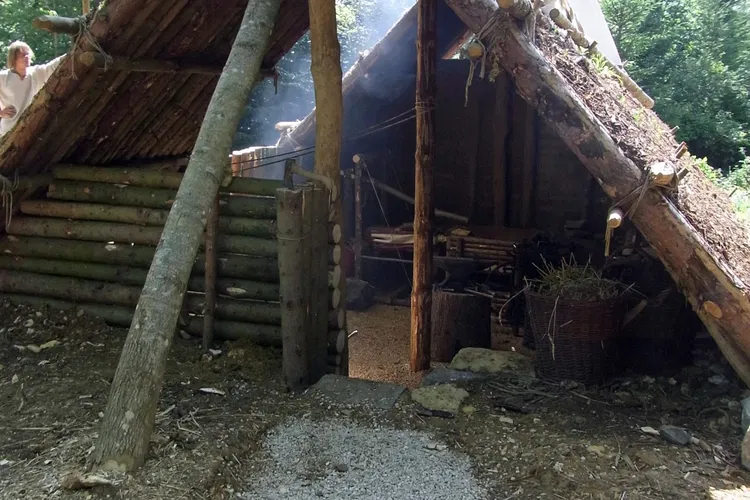
Campus Galli
MeßkirchCampus Galli is a unique project located in Meßkirch, Baden-Württemberg, Germany. It is a Carolingian monastic community that is currently under construction. The project aims to build a medieval monastery according to the early ninth-century Plan of Saint Gall using techniques from that era. This makes it a living history site where visitors can witness the construction process and learn about the historical techniques used.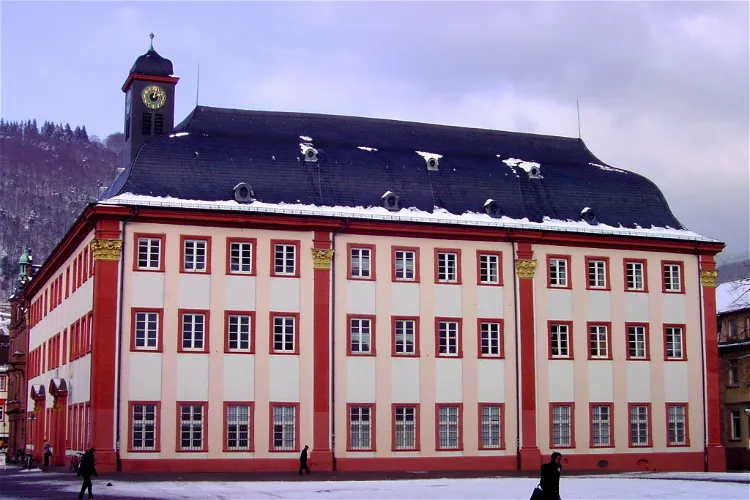
Old University
HeidelbergToday, the Old University houses the Rectorate of the University and the University Museum, which was established in 1996. The museum documents the development history of the Ruprecht-Karls-University, providing visitors with a comprehensive understanding of the university's evolution over the centuries.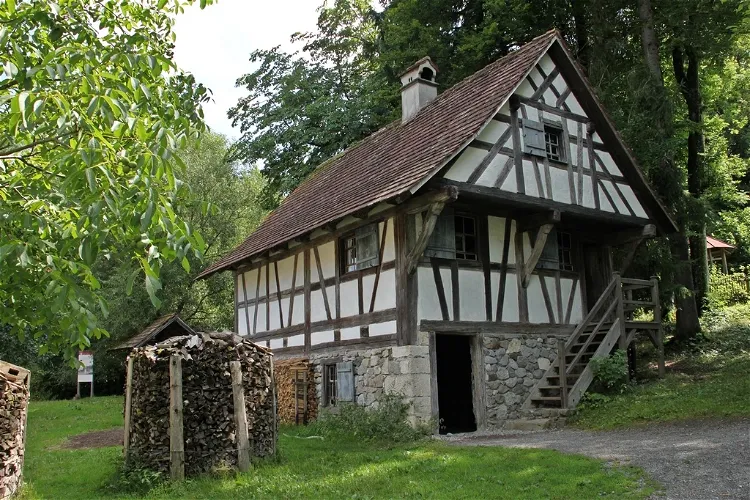
Bauernhaus-Museum Allgäu-Oberschwaben Wolfegg
WolfeggThe Bauernhaus-Museum Allgäu-Oberschwaben Wolfegg, located in Wolfegg in the Ravensburg district, is a unique open-air museum that showcases over twenty historical buildings from Upper Swabia and the Württemberg Allgäu. These buildings are spread across a 12-hectare site, which also houses a variety of farm animals. This provides visitors with a comprehensive insight into the region's rural history and culture.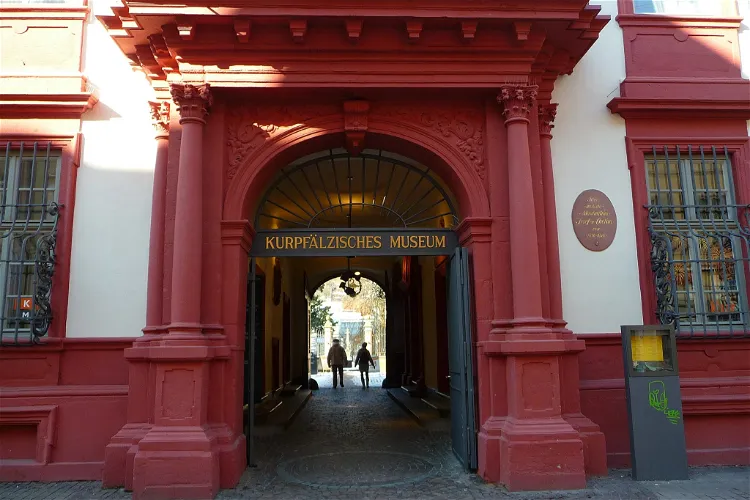
Palatinate Museum
HeidelbergThe Palatinate Museum, also known as the Kurpfälzisches Museum, is a renowned museum of art and archaeology situated in Heidelberg, Germany. The museum is housed in the historic Palais Morass, adding to its charm and appeal.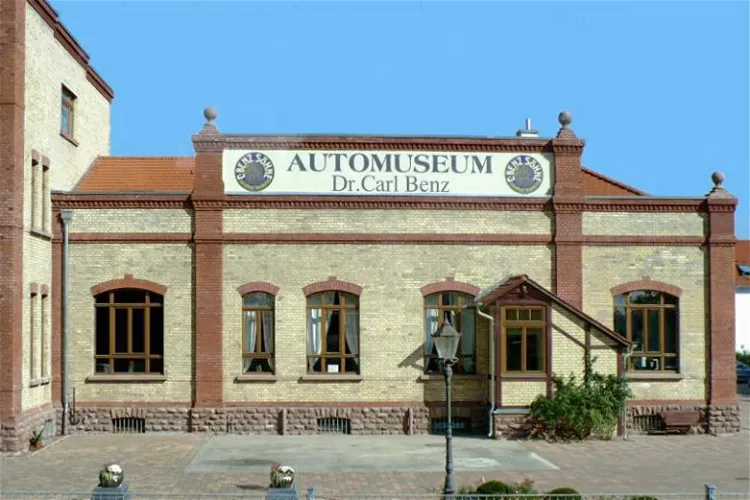
Automuseum Dr. Carl Benz
LadenburgThe Automuseum Dr. Carl Benz in Ladenburg is a tribute to the inventor of the automobile, Carl Benz. This museum is a testament to the pioneering work of Carl Benz and his significant contribution to the automotive industry. Visitors can explore the rich history of automobile invention and the evolution of the Benz brand.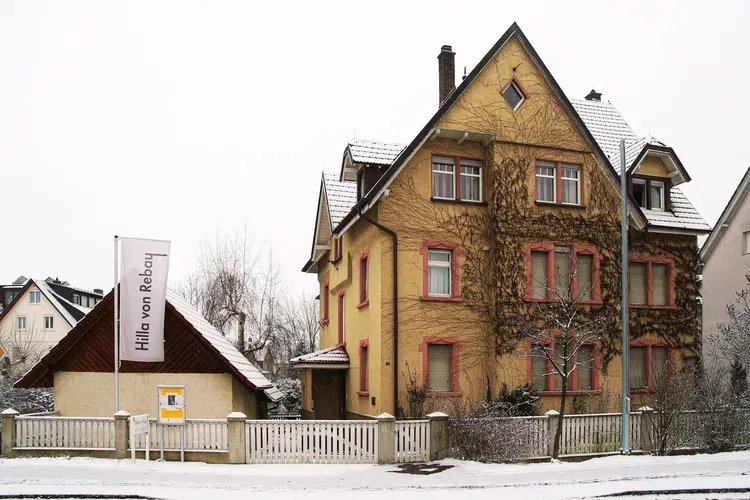
Hilla von Rebay
TeningenHilla von Rebay, born Hildegard Anna Augusta Elisabeth Barones Rebay von Ehrenwiesen, was a German-American painter who played a significant role in the art world during the early 20th century. She was one of the few female abstract painters of her time and contributed to the breakthrough of abstract art. Notably, she was the founder of the Solomon R. Guggenheim Foundation in New York, a significant institution in the world of modern and contemporary art.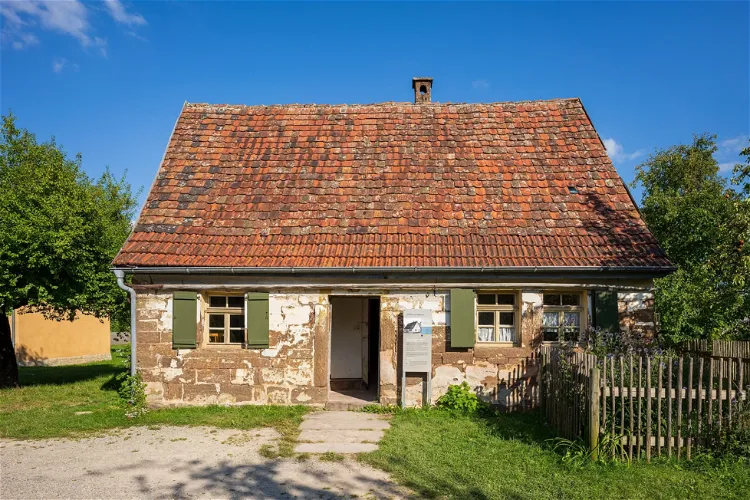
Hohenloher Freilandmuseum
Schwäbisch HallThe Hohenloher Freilandmuseum Wackershofen is a regional open-air museum located in the hamlet of Wackershofen, part of Schwäbisch Hall. Opened in 1983, the museum showcases old buildings from the northeast of Baden-Württemberg, primarily from the districts of Hohenlohe and Schwäbisch Hall. It also features structures from the Main-Tauber district, the Heilbronn district, the Rems-Murr and Ostalbkreis, as well as the districts of Heidenheim and Ludwigsburg.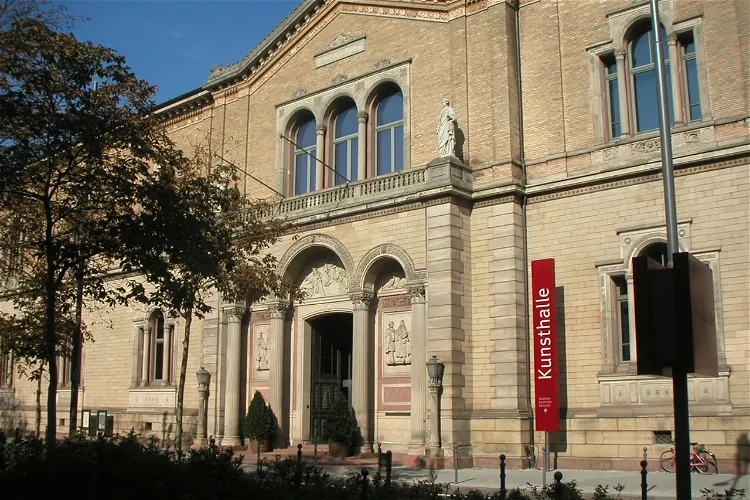
Staatliche Kunsthalle Karlsruhe
KarlsruheThe Staatliche Kunsthalle Karlsruhe, an art museum, was designed by Heinrich Hübsch and inaugurated in 1846. This historical establishment has been a cornerstone of the city's cultural scene for over a century and a half, offering visitors a chance to explore a wide range of art collections.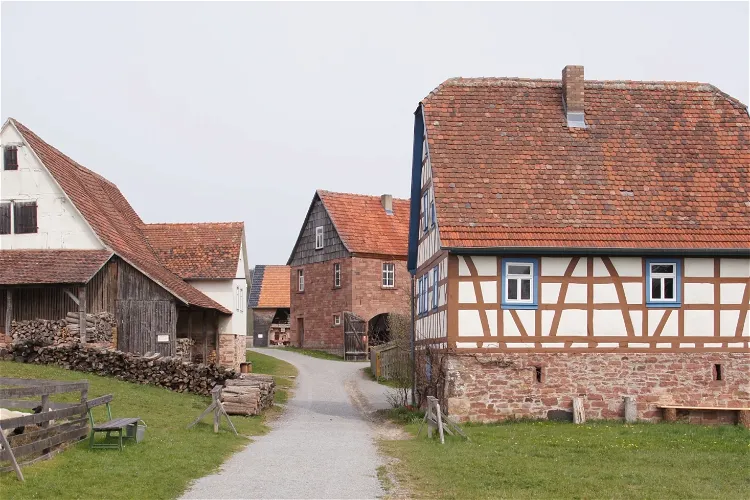
Odenwälder Freilandmuseum
WalldürnThe Odenwälder Freilandmuseum is an open-air museum located in Gottersdorf, a district of Walldürn. It is managed by the Förderverein Odenwälder Freilandmuseum e.V. The museum is open to the public from the 1st of April until the end of October each year, providing a unique opportunity to explore the history and culture of the region.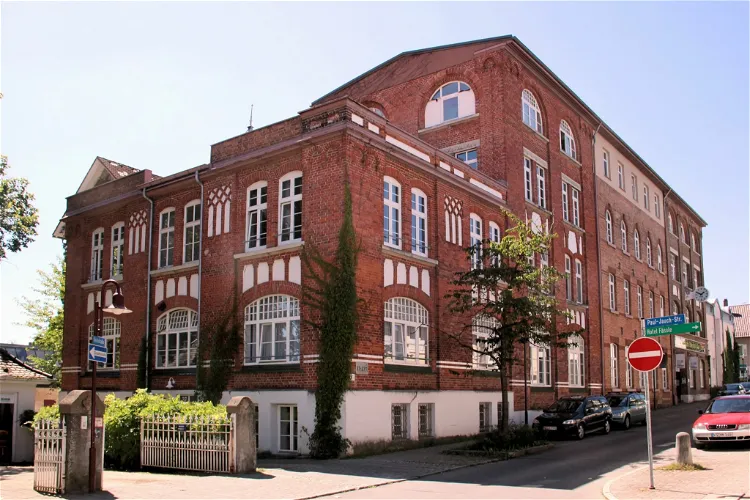
Museum of Clockmaking
Villingen-SchwenningenThe Museum of Clockmaking, also known as Uhrenindustriemuseum in German, is situated in the town of Villingen-Schwenningen in Germany. The museum is dedicated to preserving and showcasing the history of the clockmaking industry that was once a significant part of the town's identity. It provides a unique insight into the town's past and the evolution of the clockmaking industry.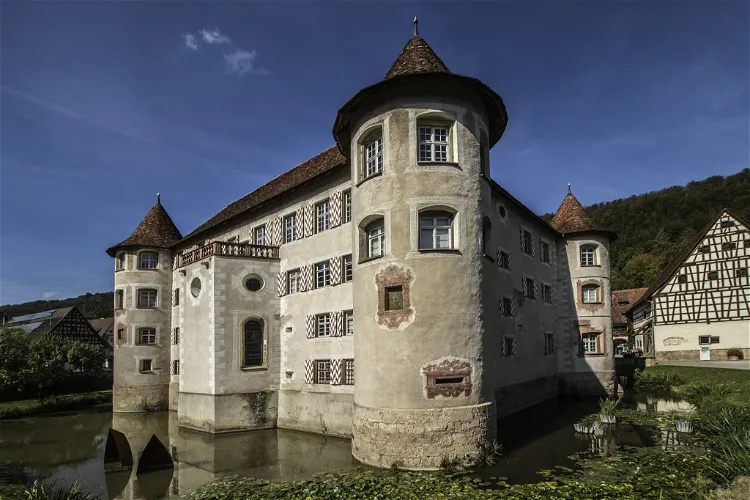
Wasserschloss Glatt
Sulz am NeckarWasserschloss Glatt is a historic site located in the village of Glatt, a district of Sulz am Neckar in the valley of Glatt, Rottweil district, Baden-Württemberg. It is recognized as one of the oldest Renaissance castles in southern Germany and is among the few preserved moated castles in the state of Baden-Württemberg. This makes it a significant landmark for those interested in history and architecture.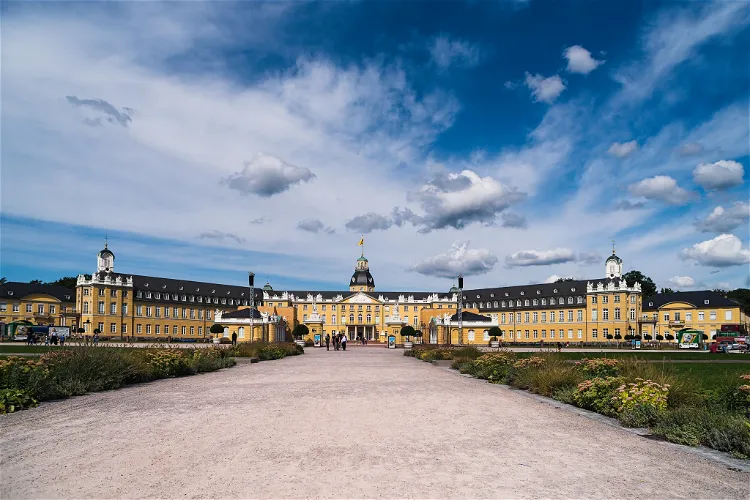
State Museum of Baden
KarlsruheThe Badisches Landesmuseum, or the Baden State Museum, is a significant historical and artistic institution in Baden-Wurttemberg. Established in 1919, the museum has been housed within the castle in Karlsruhe since 1921. This location adds a unique historical charm to the museum, making it a fascinating destination for tourists interested in history, art, and architecture.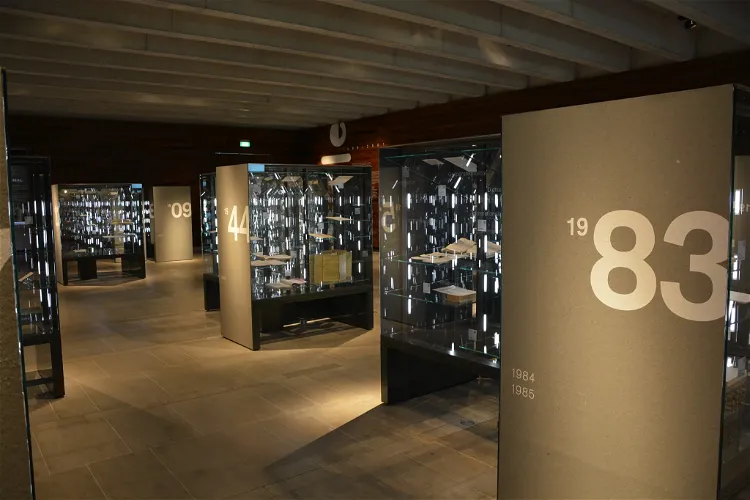
Museum of Modern Literature
Marbach am NeckarThe Museum of Modern Literature, also known as LiMo, is a significant part of the German Literature Archive's literary museums. It is situated on the scenic Schillerhöhe in Marbach am Neckar, a location that offers a unique blend of cultural and natural beauty. The museum is a hub for literature enthusiasts, offering a deep dive into the world of German literature.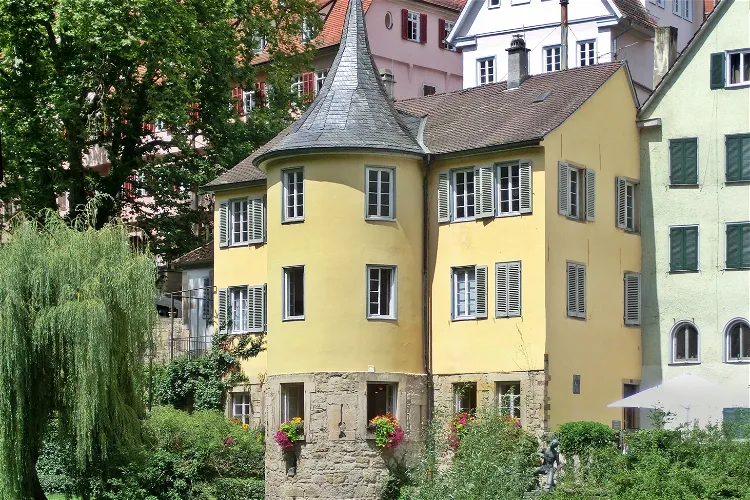
Hölderlin's Tower
TübingenThe Hölderlin Tower in Tübingen is a significant historical site named after the renowned poet Friedrich Hölderlin. He resided in this tower from May 3, 1807, until his death in 1843. This connection to the poet makes the tower a place of interest for literature enthusiasts and those interested in Hölderlin's life and works.- 46
Fingerhutmuseum
Creglingen 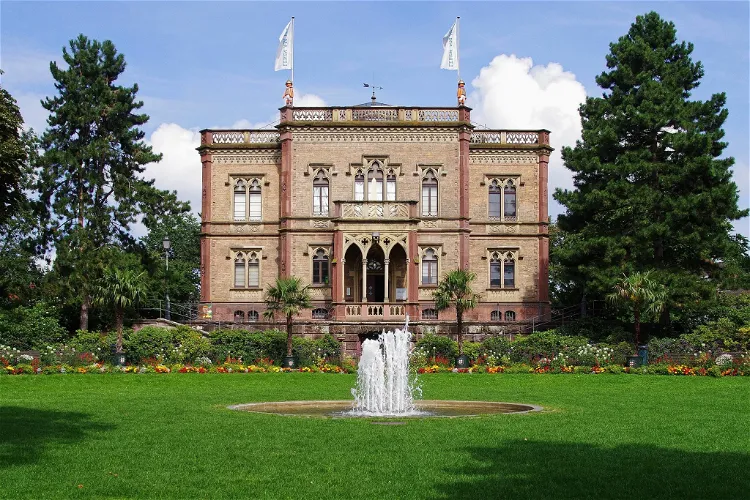
Colombischlössle Archeological Museum
Freiburg im BreisgauThe Colombischlössle Archeological Museum is situated in the neo-Gothic villa Colombischlössle in Freiburg im Breisgau. This location adds a unique architectural charm to the museum, enhancing the overall visitor experience. The villa itself is a sight to behold, with its intricate design and historical significance.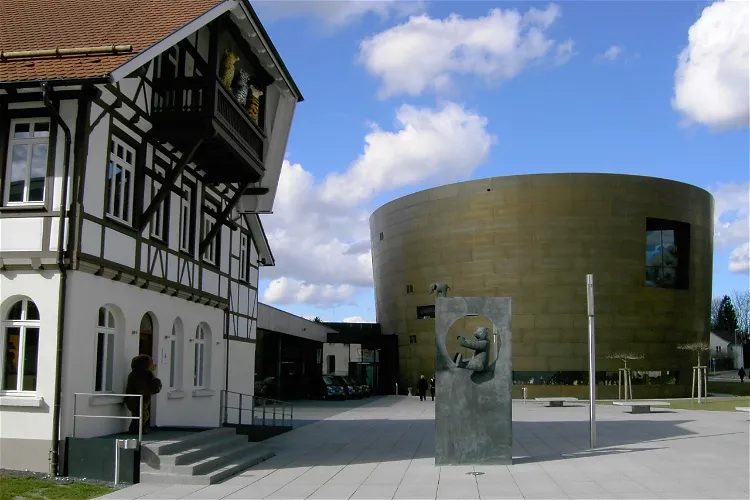
Steiff Museum
Giengen an der BrenzThe Steiff Museum is an experiential museum that offers a unique journey through the history of the teddy bear and the company that created it. Located on the premises of the Margarete Steiff GmbH in Giengen an der Brenz, the museum provides an immersive experience for visitors of all ages.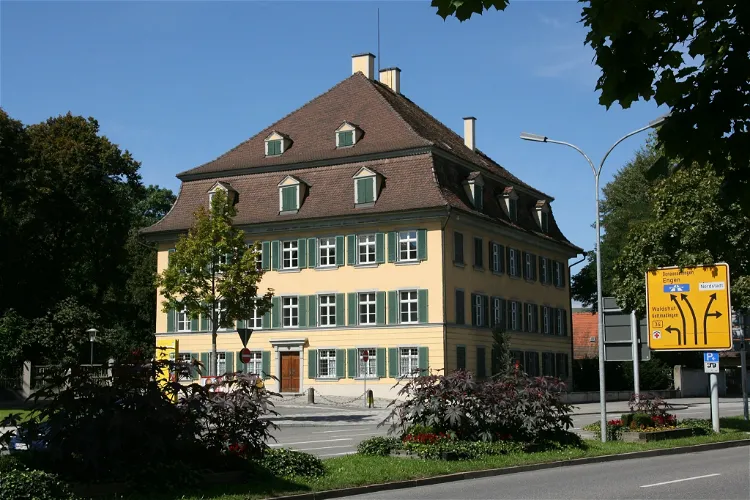
Archäologisches Hegau-Museum
Singen (Hohentwiel)The Oberes Schloss Singen, also known as Schloss Singen or Enzenbergsches Schloss, is a significant historical site located in the city of Singen. It is situated in close proximity to the town hall, in the district of Konstanz in Baden-Württemberg. This castle offers a glimpse into the rich history and architectural grandeur of the region.
Deutsches Zweirad- und NSU-Museum
NeckarsulmThe Deutsches Zweirad- und NSU-Museum, located in Neckarsulm, Germany, is home to a vast collection of historic motorcycles and bicycles. The museum is housed in a five-story split-level building that dates back to the 13th Century, adding a touch of historical charm to the overall experience.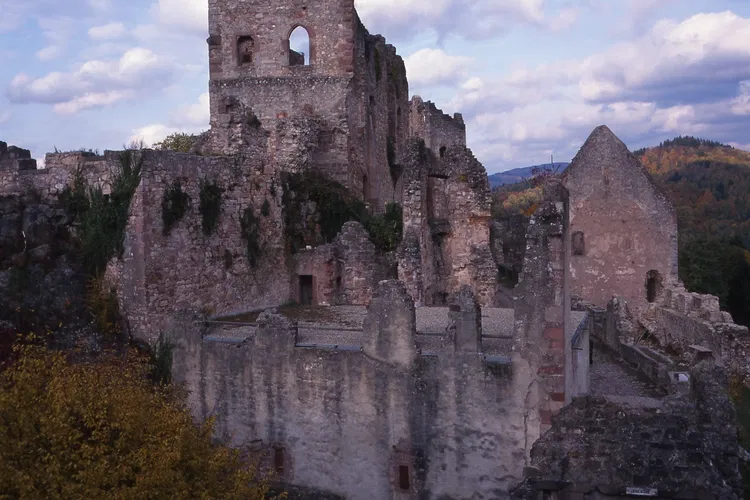
Hochburg
Emmendingen (Kernstadt)The Hochburg, also known as the 'high castle', is a historical castle ruin located between the city of Emmendingen and the village of Sexau in the Baden region of southwest Germany. This strategic location offers visitors a unique opportunity to explore the rich history of the region while enjoying the scenic beauty of the surrounding landscape.
Wehrgeschichtliches Museum Rastatt
RastattThe Wehrgeschichtliche Museum Rastatt (WGM) is a museum dedicated to modern German military history. It is situated in the south wing of the Rastatt Residence Palace, a significant historical site in itself. The museum provides a comprehensive overview of the military history of Germany, making it an ideal destination for history enthusiasts.
Stadt- und Wallfahrtsmuseum
Walldürn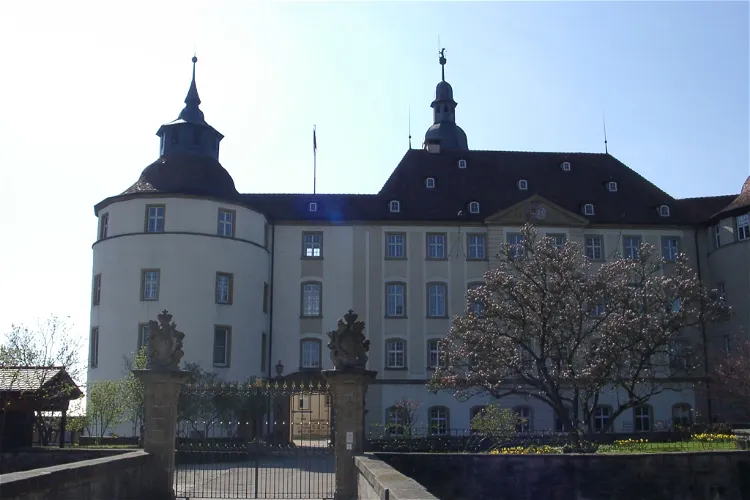
Schlossmuseum
Langenburg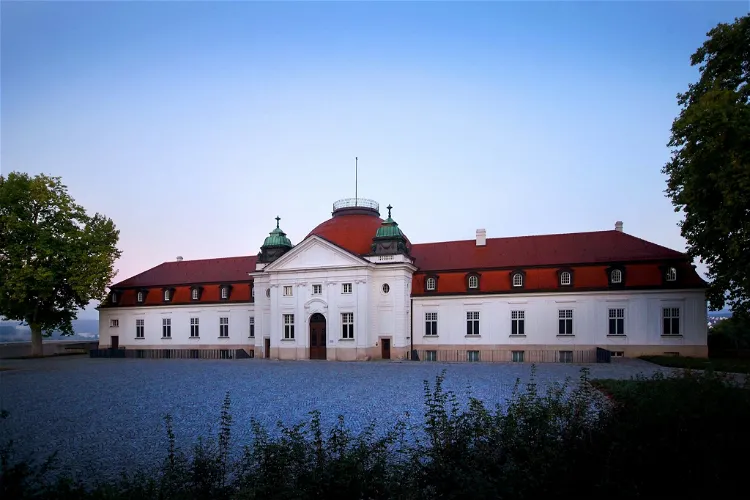
Schiller-Nationalmuseum
Marbach am NeckarThe Schiller National Museum, located in Marbach am Neckar, is a significant part of the Literature Museums of the German Literature Archive Marbach. It was inaugurated in 1903, originally serving as the Schiller Archive and Museum. This institution is dedicated to the life and works of Friedrich Schiller, a renowned poet born in Marbach, and other poets from Swabia.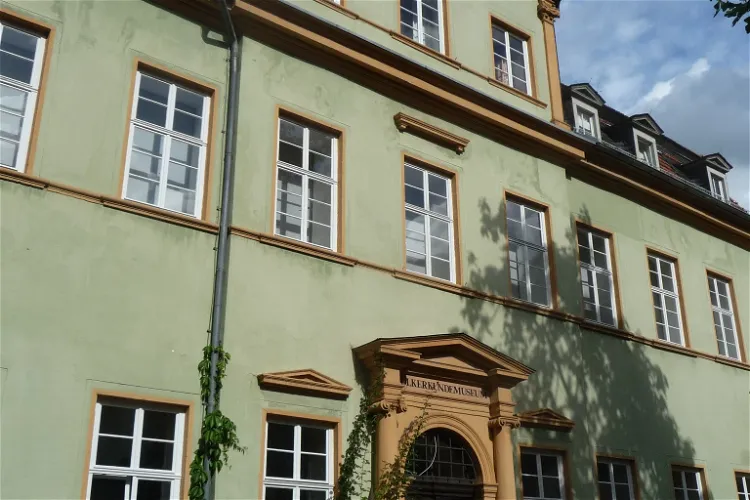
Völkerkundemuseum
HeidelbergThe Völkerkundemuseum in Heidelberg, part of the J. and E. von Portheim Foundation, is home to a diverse range of collections. These collections focus on the religion, art, and everyday life of the regions of Asia, Africa, and Oceania. This provides visitors with a unique opportunity to explore and understand the cultural diversity of these regions.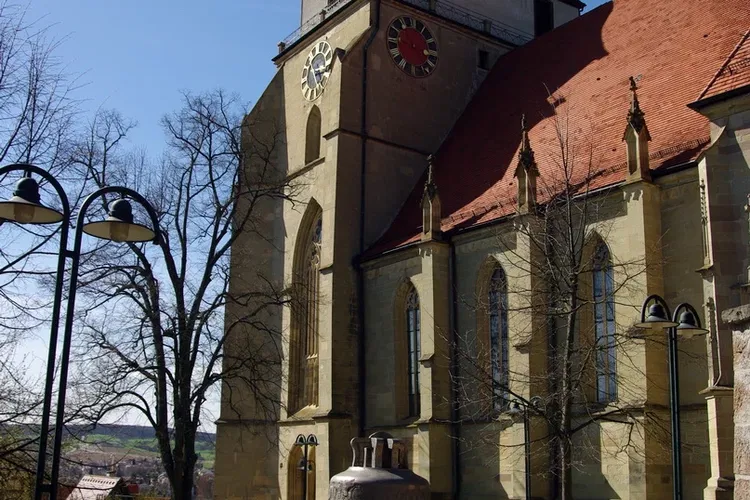
Glockenmuseum Stiftskirche Herrenberg
HerrenbergThe Glockenmuseum Herrenberg, also known as the Glockenmuseum Stiftskirche Herrenberg, is situated within the Evangelical Collegiate Church in Herrenberg. This location adds a unique historical and cultural context to the museum, making it an interesting destination for tourists interested in history, culture, and architecture.- 58
Strafvollzugsmuseum
Ludwigsburg - 59
Hesse Museum Gaienhofen
Horn 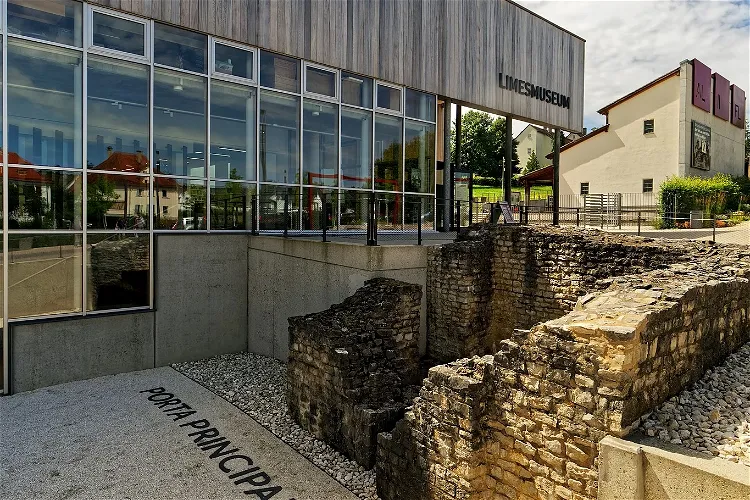
Limes Museum
AalenThe Limesmuseum Aalen is an archaeological museum that is operated by the city of Aalen. It is also a branch museum of the Archaeological State Museum of Baden-Württemberg and serves as one of the information centers for the UNESCO World Heritage Site "Upper Germanic-Rhaetian Limes". The museum is located on the site of the largest Roman cavalry fort north of the Alps, providing a unique insight into the history and culture of the region.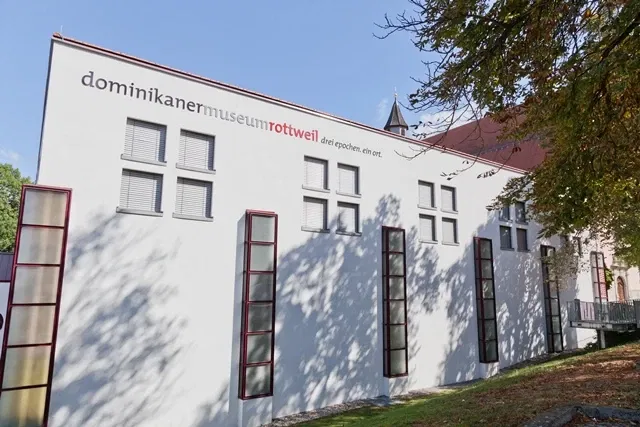
Dominican Museum Rottweil
RottweilThe Dominican Museum Rottweil, situated in the city of Rottweil, is a branch of the Landesmuseum Württemberg. It also falls under the jurisdiction of the Archäologisches Landesmuseum Baden-Württemberg. This connection to two significant institutions enhances the museum's credibility and ensures a high standard of exhibits.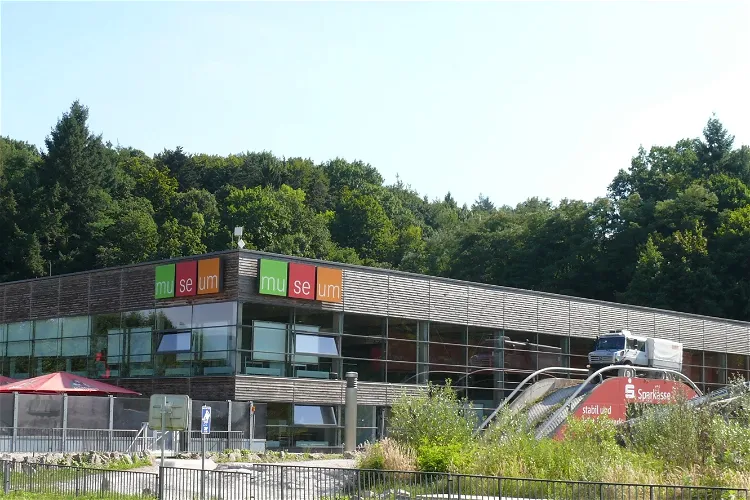
Unimog Museum
GaggenauThe Unimog Museum in Gaggenau, Germany, offers a comprehensive historical overview of Unimog's off-road vehicles. Visitors can explore various vehicles from the entire production history, learning about the unique features and evolution of these robust machines. The museum's collection provides a deep dive into the world of Unimog, making it an interesting destination for automobile enthusiasts and history buffs alike.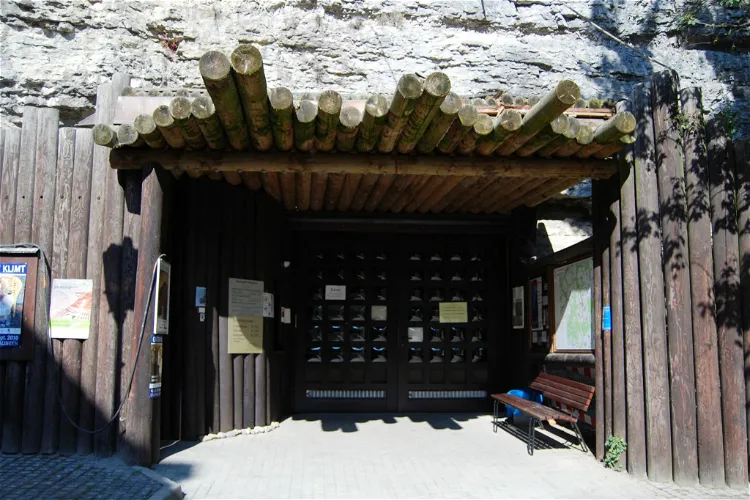
Atomkeller Museum
HaigerlochThe Atomkeller Museum is a unique destination for those interested in nuclear technology. It is situated in a rock cellar beneath the Haigerloch Castle in the town of Haigerloch, Baden-Württemberg. This location not only provides a unique setting for the museum but also adds to the historical significance of the exhibits.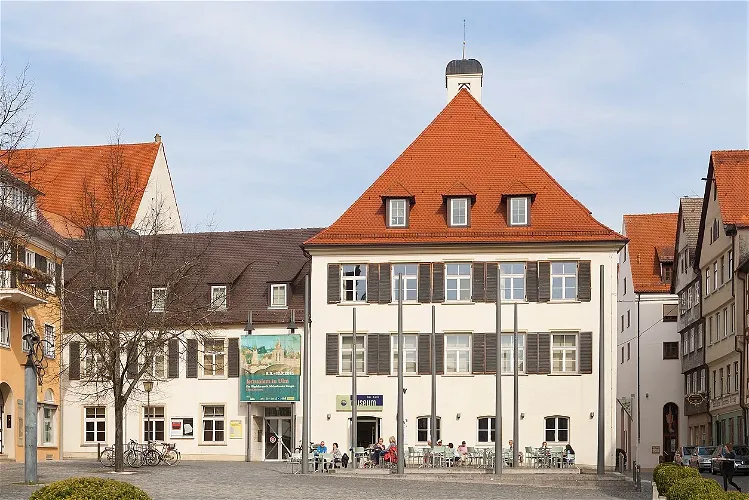
Museum Ulm
UlmThe Museum Ulm, established in 1924, is a renowned institution in Ulm, Germany, dedicated to art, archaeology, and urban and cultural history. The museum offers a comprehensive insight into the rich history and culture of the region, making it a significant destination for those interested in these fields.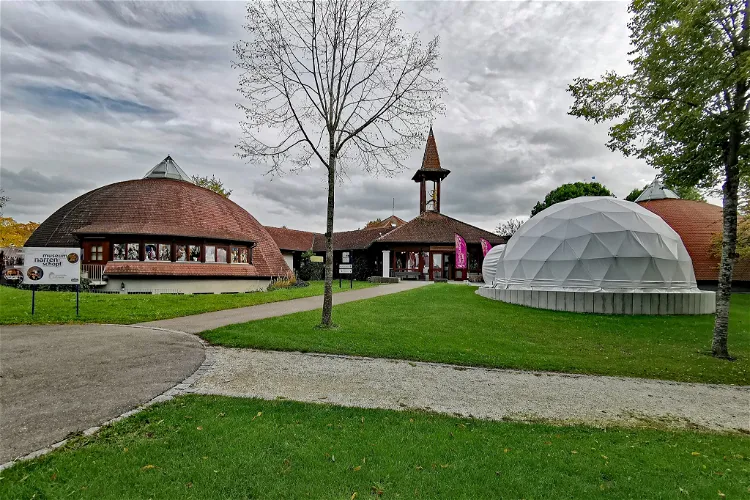
Fastnachtsmusem Narrenschopf Bad Dürrheim
Bad DürrheimThe Narrenschopf, located in Bad Dürrheim, is a museum dedicated to the Swabian-Alemannic carnival tradition. This unique cultural institution first opened its doors to the public on May 5, 1973.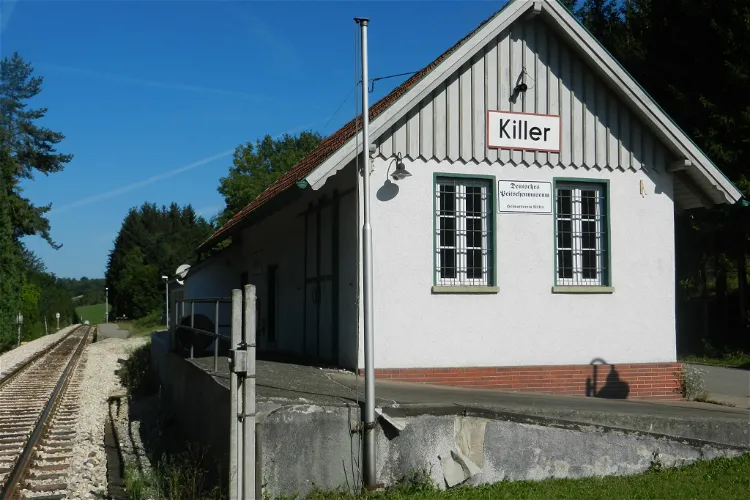
Deutsches Peitschenmuseum
BurladingenThe Deutsches Peitschenmuseum, located in Killer, a district of the city of Burladingen in Baden-Württemberg, is dedicated to the history and production of driving or stock whips. This unique museum provides an in-depth look into the craft and tradition of whip making, offering visitors a chance to learn about this unique aspect of German history and culture.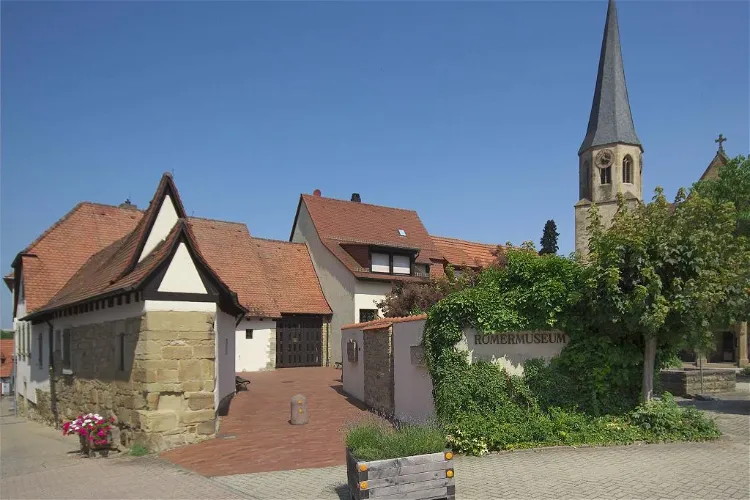
Römermuseum Stettfeld
Stettfeld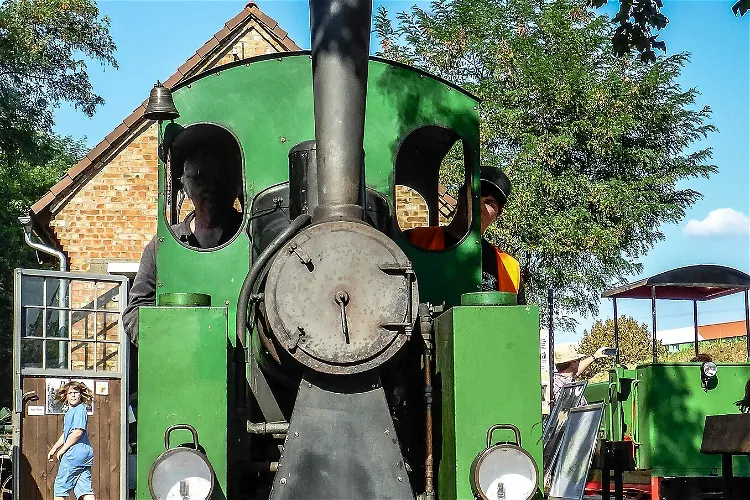
Wiesloch Feldbahn and Industrial Museum
WieslochThe Wiesloch Feldbahn and Industrial Museum, located in Wiesloch, Baden-Württemberg, is dedicated to the preservation and operation of historical field and mine railways. The museum also showcases machines from the former brick industry. Visitors can learn about the history of these industries and see the machinery used in them.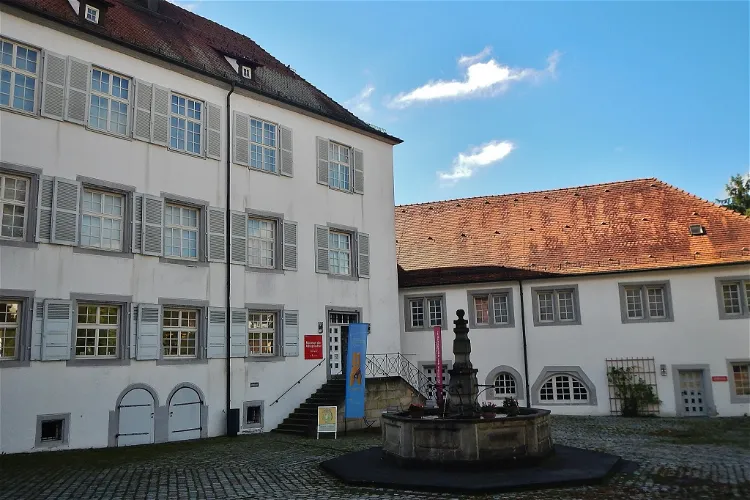
Museum of everyday culture
WaldenbuchThe Museum of Everyday Culture, located in Waldenbuch, Germany, is a significant branch of the Landesmuseum Württemberg. This museum is dedicated to cultural history, showcasing a wide range of topics from traditional folk art to modern pop culture. It is one of the most important museums of folk culture in Germany, making it a worthwhile destination for those interested in understanding the cultural evolution of the region.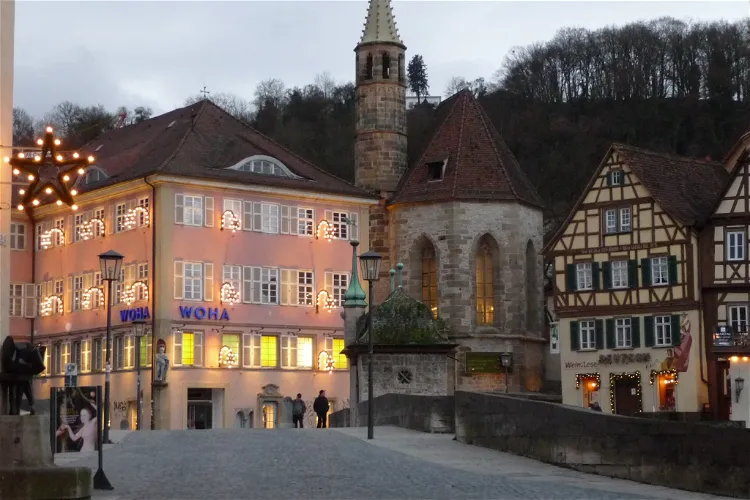
Johanniterkirche
Schwäbisch HallSince 2008, following extensive restorations, the Johanniterkirche has been repurposed as an exhibition hall. It now showcases a collection of paintings and sculptures from Old Masters, offering visitors a glimpse into the artistic heritage of the past.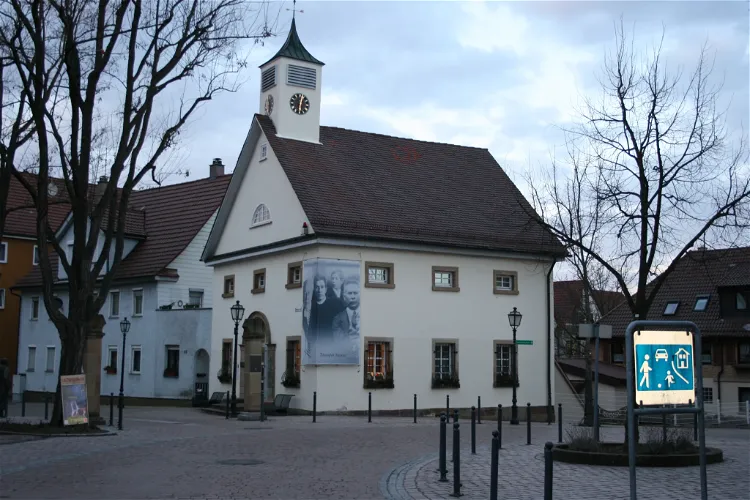
Theodor Heuss Museum der Stadt Brackenheim
BrackenheimThe Theodor-Heuss-Museum in Brackenheim is dedicated to the life and work of the first Federal President of Germany, Theodor Heuss. Born in Brackenheim on January 31, 1884, Heuss had a significant impact on the country's history. The museum showcases various aspects of his life, including his time as Federal President and his contributions as a politician, statesman, journalist, and writer.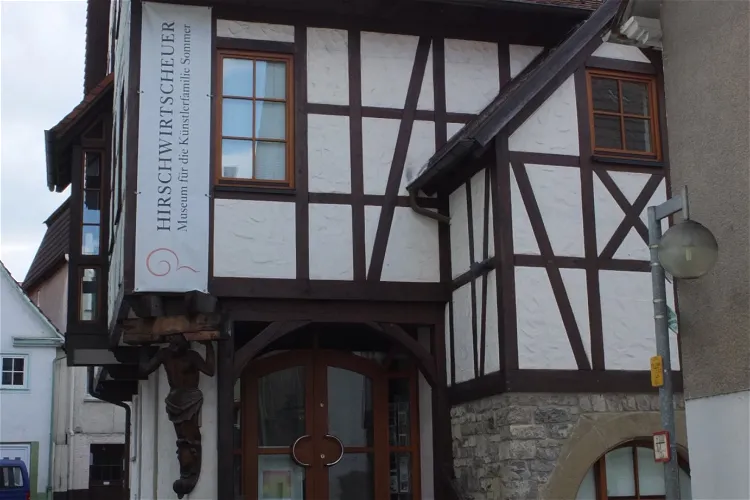
Hirschwirtscheuer
KünzelsauThe Hirschwirtscheuer is an art museum located in Künzelsau. It is financially supported by Adolf Würth GmbH & Co. KG, a prominent company in the region. This museum is a significant cultural institution in the area, offering a variety of art exhibits for visitors to explore.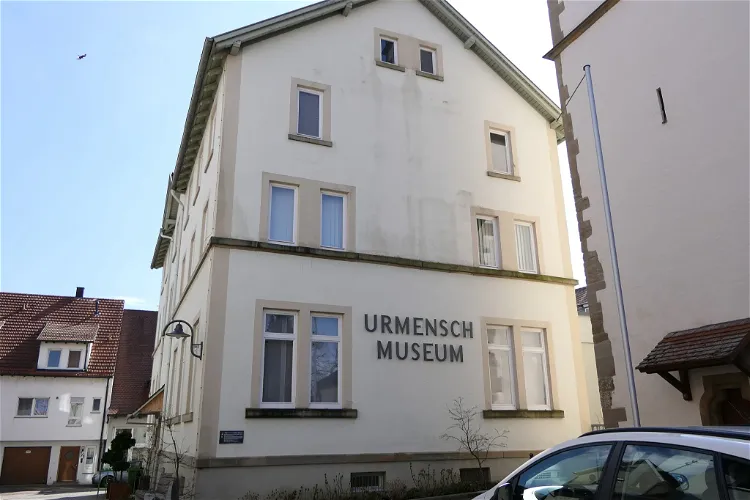
Urmensch-Museum
Steinheim an der MurrThe main exhibit of the Urmensch-Museum is a replica of the Homo steinheimensis skull. This skull was discovered in 1933 in Steinheim and is estimated to be about 400,000 years old. It provides a fascinating insight into the life of early humans.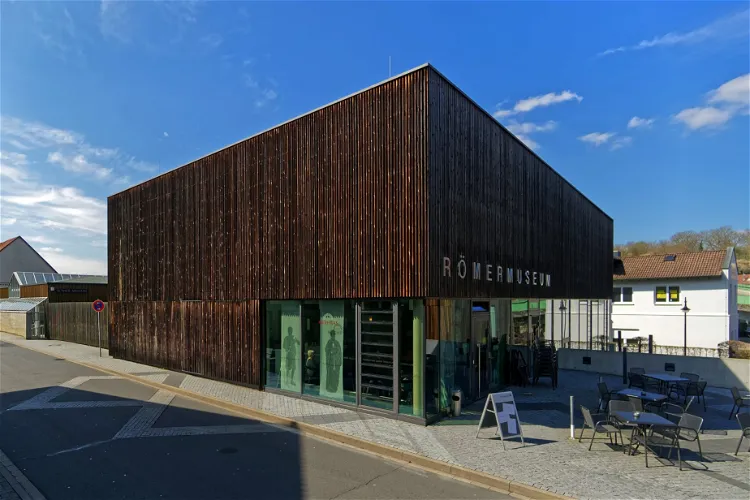
Römermuseum Osterburken
OsterburkenThe Römermuseum Osterburken is a branch of the Archaeological State Museum of Baden-Württemberg, located in Osterburken. It serves as one of the supra-regional information centers for the UNESCO World Heritage Upper Germanic-Rhaetian Limes in the state of Baden-Württemberg. This makes it a significant location for those interested in archaeology and history, particularly of the Roman era.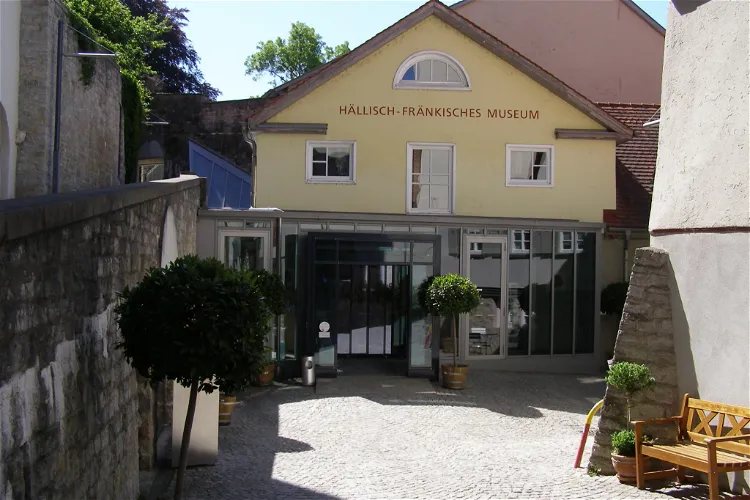
Hällisch-Fränkisches Museum
Schwäbisch HallThe Hällisch-Fränkische Museum (HFM) is a cultural and historical museum situated in the heart of Schwäbisch Hall. It offers a comprehensive insight into the history, art, and culture of the former imperial city of Hall and its surroundings. The museum spans over 3000 m² of exhibition space, making it a significant cultural destination in the region.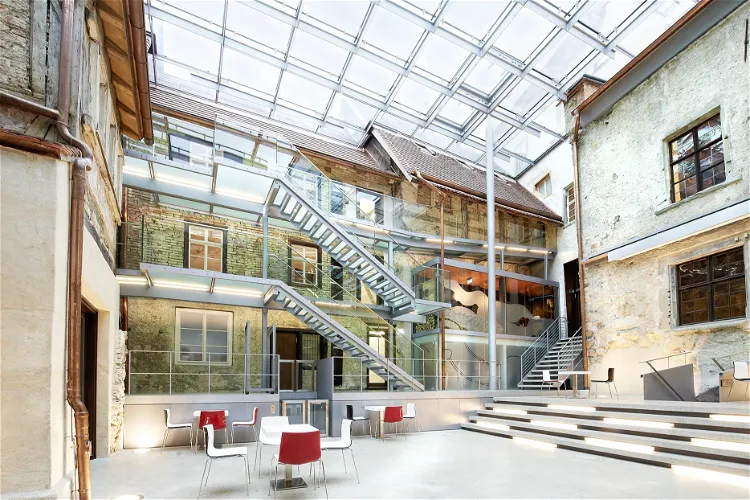
Museum Humpis-Quartier
RavensburgThe Humpis-Quartier Museum is a significant cultural and historical museum located in Ravensburg. It is situated in one of the best-preserved late medieval residential quarters in southern Germany, offering a unique glimpse into the past. The museum is housed in a complex of seven buildings, which are grouped around a courtyard. This location is not only historically significant but also provides a unique atmosphere for visitors.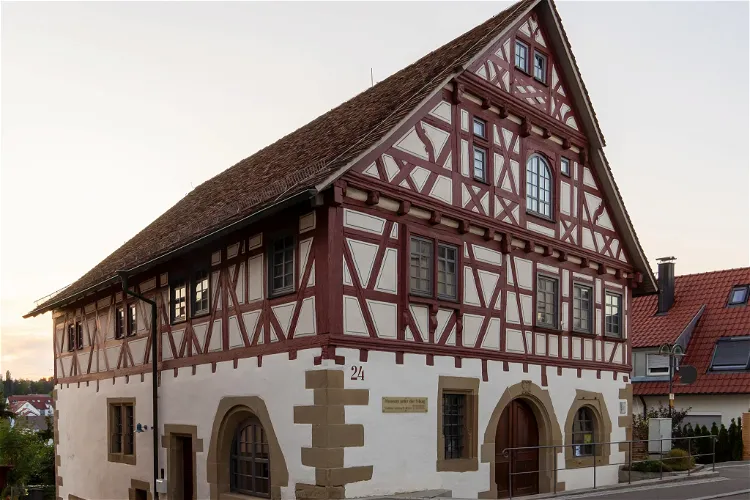
Museum unter der YBurg
Stetten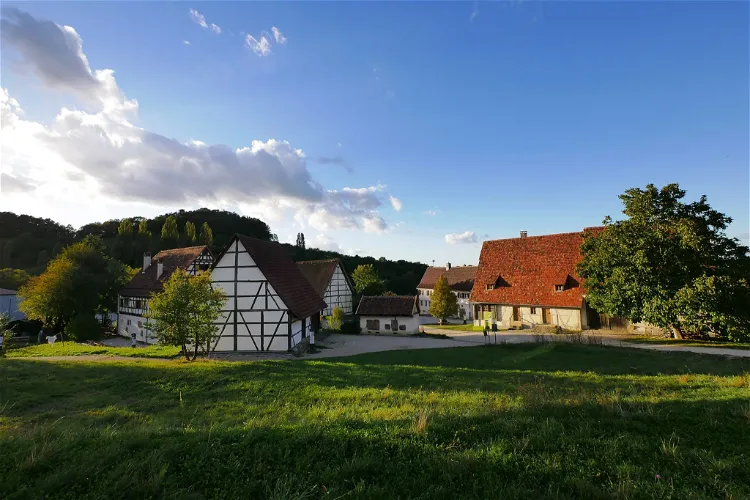
Beuren Open Air Museum
Beuren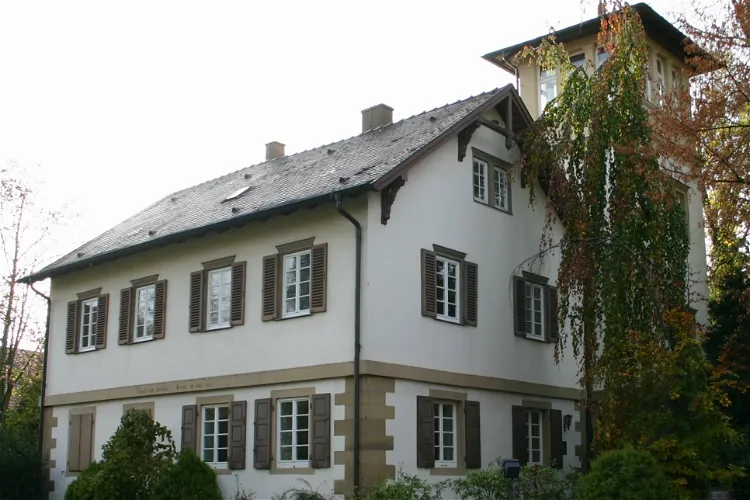
Kernerhaus
WeinsbergThe Kernerhaus in Weinsberg served as the residence of the Swabian poet and doctor Justinus Kerner (1786–1862). This historical site offers a glimpse into the life of this significant figure in Swabian Romanticism, providing a unique opportunity for visitors to immerse themselves in the cultural and historical context of the period.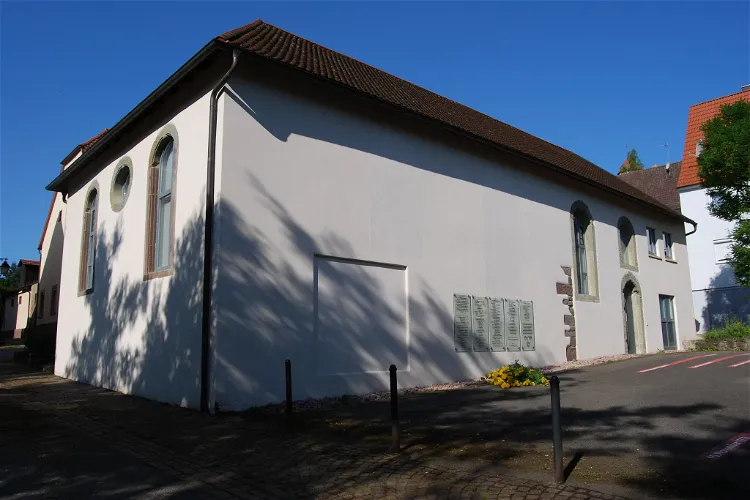
Ehemalige Synagoge
HaigerlochThe Haigerloch Synagogue suffered severe damage during the November pogroms on the morning of November 10, 1938. This event marked a dark period in the history of the synagogue, as the damage made it impossible to hold religious services.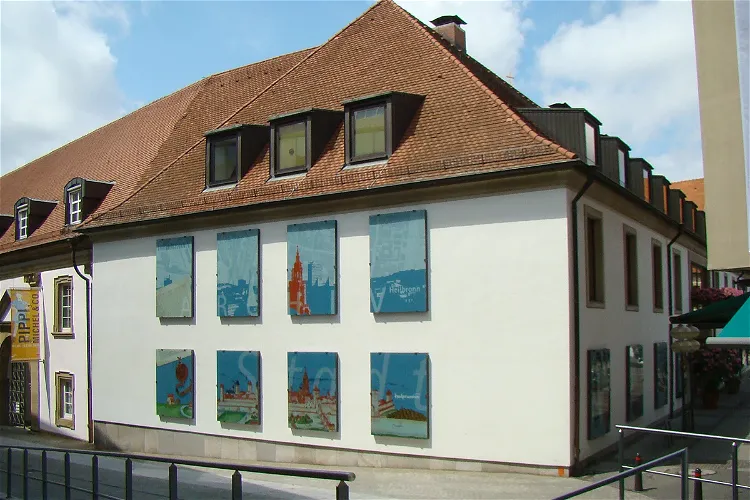
Haus der Stadtgeschichte
HeilbronnThe Haus der Stadtgeschichte, also known as Otto Rettenmaier Haus, in Heilbronn is a significant location for those interested in the history of the city. It houses the city archive and offers a range of services including research, documentation, and museum exhibits. This makes it a valuable resource for tourists wanting to delve into the city's past.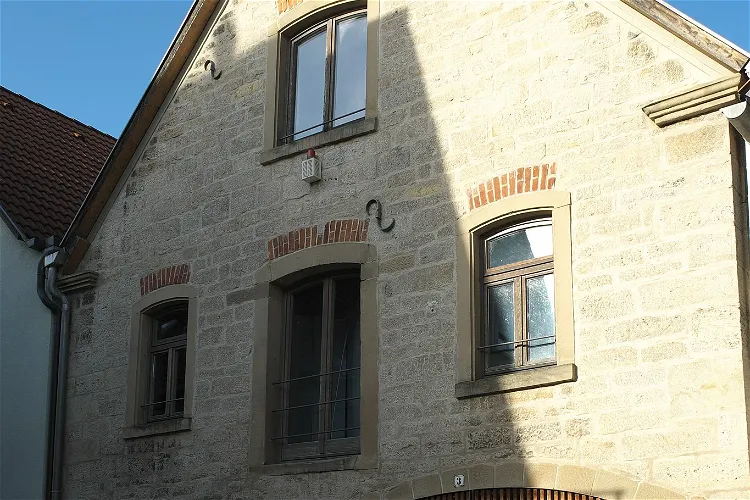
Jüdisches Museum Creglingen
CreglingenThe Jüdisches Museum Creglingen is situated in the Badgasse 3 building in Creglingen, a city in the Main-Tauber district in northern Baden-Württemberg. This location is easily accessible and offers a unique insight into the Jewish history of the region.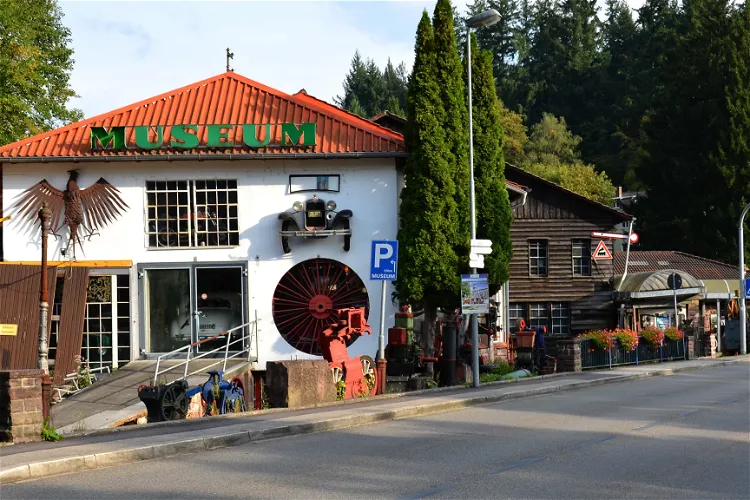
Fahrzeugmuseum Marxzell
MarxzellThe Fahrzeugmuseum Marxzell, located in Marxzell near Karlsruhe, is a private transport and technology museum. It boasts an impressive exhibition space of over 3600 square meters, making it a spacious venue for visitors to explore and learn about the history of transportation and technology.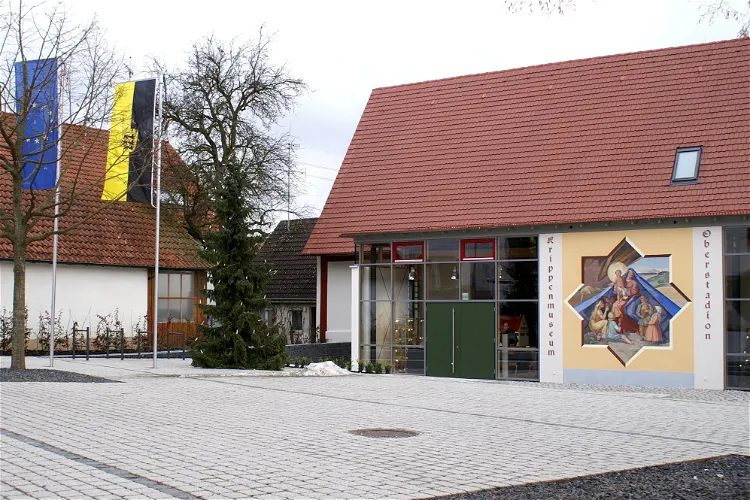
Krippenmuseum Oberstadion
OberstadionThe Krippenmuseum in Oberstadion, situated in the Alb-Donau-Kreis, is home to one of the largest collections of nativity scenes in Germany. The museum, spread over 600 square meters, houses over 160 nativity scenes, making it a significant destination for those interested in this unique form of art.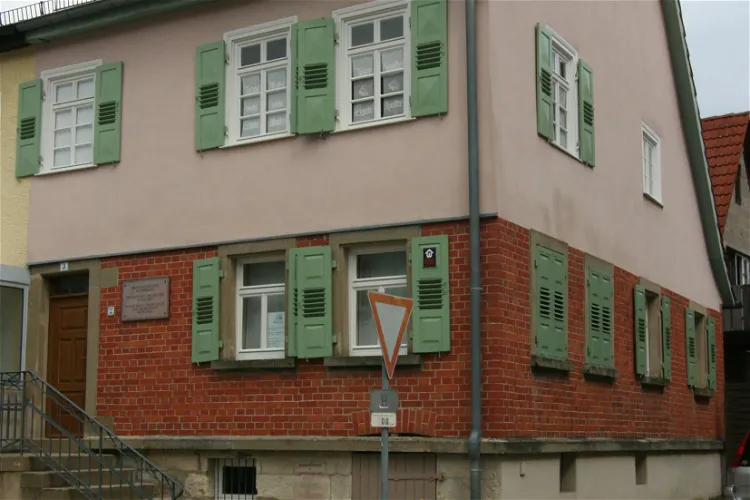
Bauspar-Museum
WüstenrotThe Bauspar-Museum, which opened its doors in 1996, is a unique institution dedicated to the history and development of home savings. It is located in the Georg-Kropp-Haus in Wüstenrot, in the Heilbronn district. This museum offers a deep dive into the world of finance and savings, providing a unique perspective on the evolution of these concepts over time.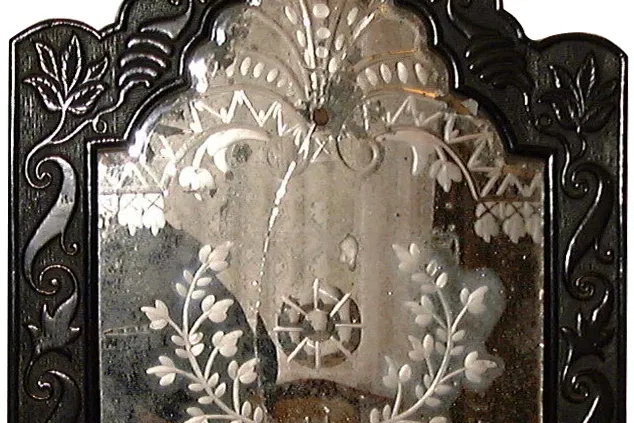
Glasmuseum Spiegelberg
JuxThe Glasmuseum Spiegelberg is situated in the town hall of the municipality of Spiegelberg, in the Rems-Murr-Kreis district, within the Schwäbisch-Fränkischer Wald nature park. This location offers visitors not only a chance to explore the museum's exhibits but also the opportunity to enjoy the surrounding natural beauty of the park.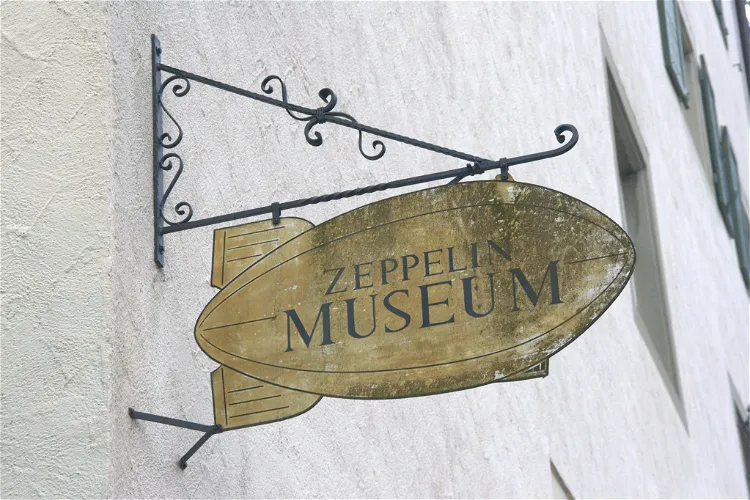
Zeppelin Museum
MeersburgThe Zeppelin Museum Meersburg is home to a wide range of artifacts from the Zeppelin era, spanning from 1900 to 1937. These include components of the airships, uniforms worn by the crew, letters, inventory items, menus, and books. These artifacts provide a comprehensive insight into the history and operation of Zeppelins.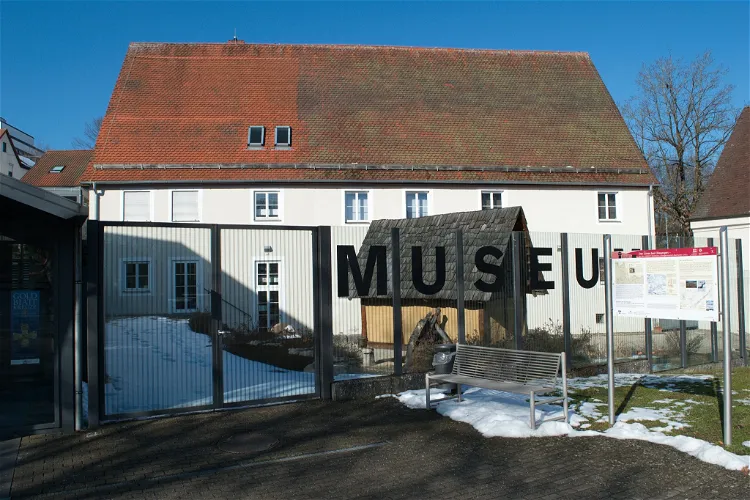
Alamannenmuseum Ellwangen
Ellwangen (Jagst)The Alamannenmuseum Ellwangen, which was inaugurated in 2001, offers a comprehensive insight into 500 years of Alamannic history from the early Middle Ages. The museum's collection includes archaeological finds from all over southern Germany, providing a vivid overview of the region's past. This makes it an interesting destination for those interested in history and archaeology.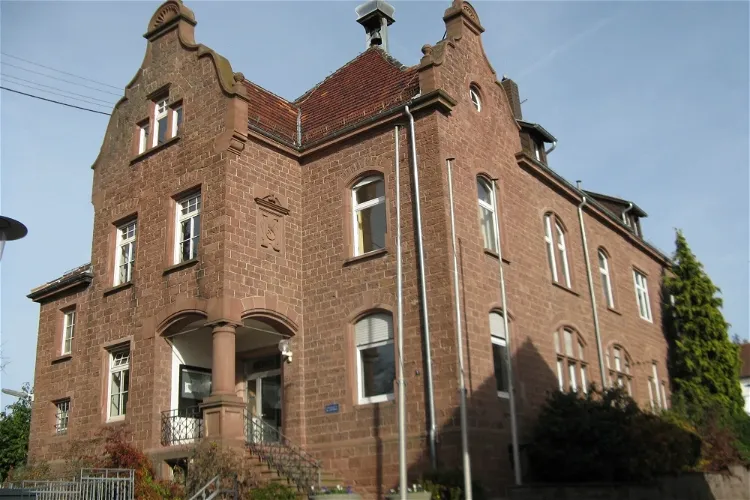
Badisches School Museum Karlsruhe
KarlsruheThe Badisches Schulmuseum, situated in the Waldenserschule in the Palmbach district of Karlsruhe, offers a unique insight into the history of education in the region. Operated by the Badisches Schulmuseum Karlsruhe e.V. association, the museum is a testament to the evolution of learning and teaching methods over the years.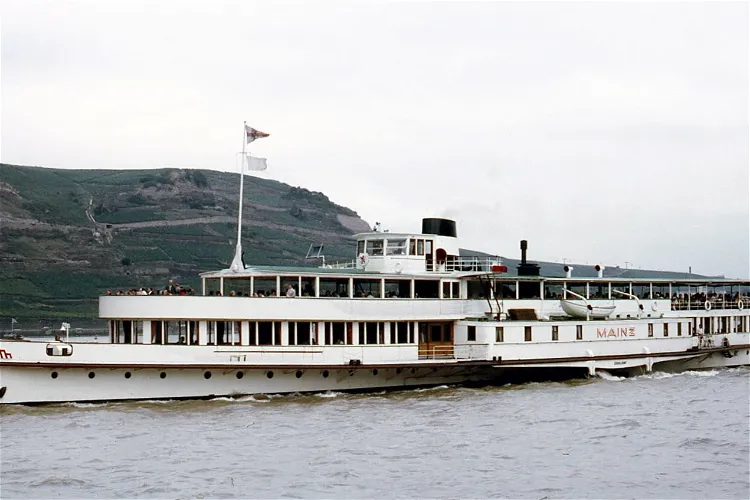
Museumsschiff Mannheim
MannheimSince 1985, the Mainz has served as the Museum Ship of Mannheim, or Museumsschiff Mannheim. It is moored on the Neckar, near the Kurpfalzbrücke bridge. This location allows visitors to easily access the museum and explore the ship's rich history.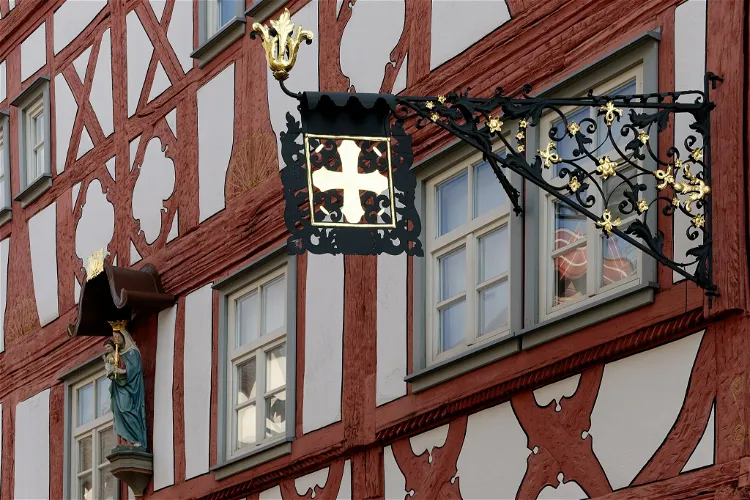
Heimatmuseum Lauda
Lauda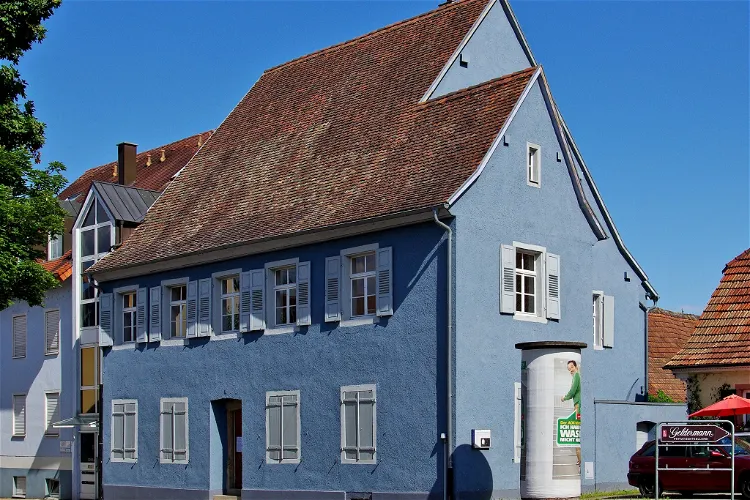
Blaues Haus Breisach
Breisach am RheinThe Blue House in Breisach am Rhein, known as 'Das Blaue Haus', is a significant site for those interested in Jewish history. Since 2003, it has served as a memorial and educational center dedicated to the history of Jews in the Upper Rhine region. Visitors can learn about the Jewish community's rich history and heritage in this region, making it a valuable destination for those seeking to understand the area's cultural and historical context.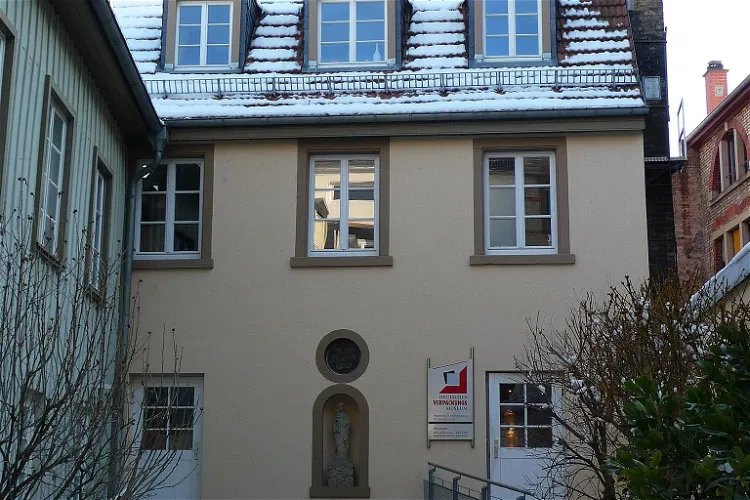
Deutsches Verpackungsmuseum
HeidelbergThe Deutsches Verpackungs-Museum, located in Heidelberg, is a unique cultural history museum that was established in 1997. It is the first and only museum of its kind, dedicated to showcasing the cultural significance of packaging. This museum provides a unique perspective on the evolution of packaging and its impact on society and culture.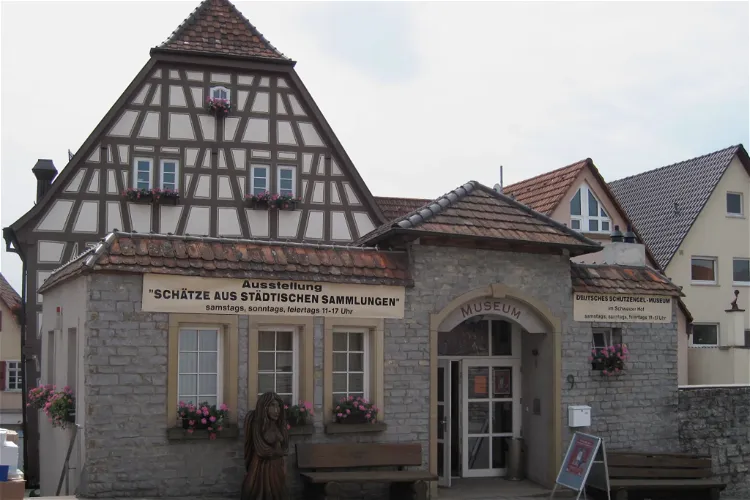
Museum im Schweizer Hof
BrettenThe Museum im Schweizer Hof, situated in Bretten, Baden-Württemberg, was inaugurated in June 2002. It is housed in a half-timbered building, the 'Schweizer Hof', which is a typical example of the architecture of Bretten's reconstruction period after the great city fire of 1689. The museum is under municipal ownership and offers a glimpse into the city's rich history.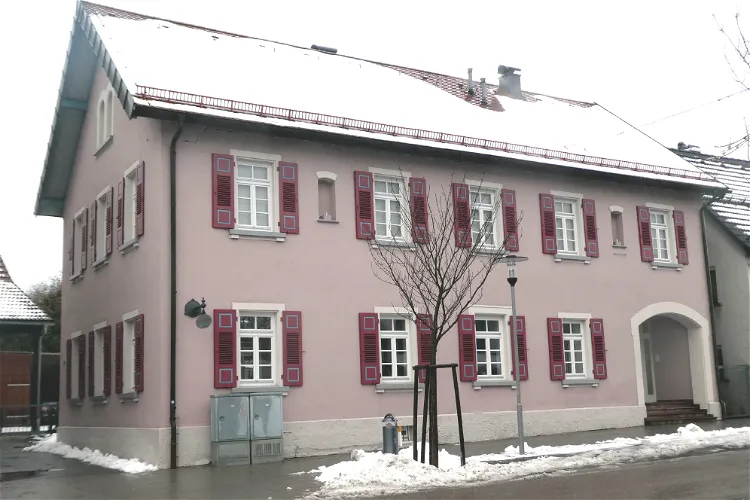
Heimatmuseum im Schillerhaus Oberkochen
OberkochenThe Schillerhaus serves as the local museum of Oberkochen. Despite its name, it's important to note that there is no direct biographical connection between the museum and the renowned poet Friedrich Schiller. The name was chosen to honor the great Swabian poet, not because he had any specific ties to the town or the building.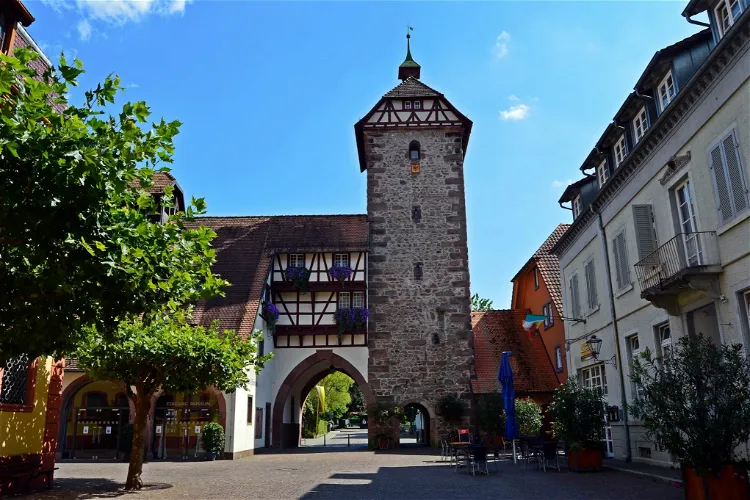
Storchenturm-Museum
Zell am HarmersbachThe Storchenturm, a medieval gate tower, is located in Zell am Harmersbach in the Black Forest. It was part of the former city fortification and now serves as a local history museum. This historical structure offers a glimpse into the past and provides an opportunity to learn about the region's history.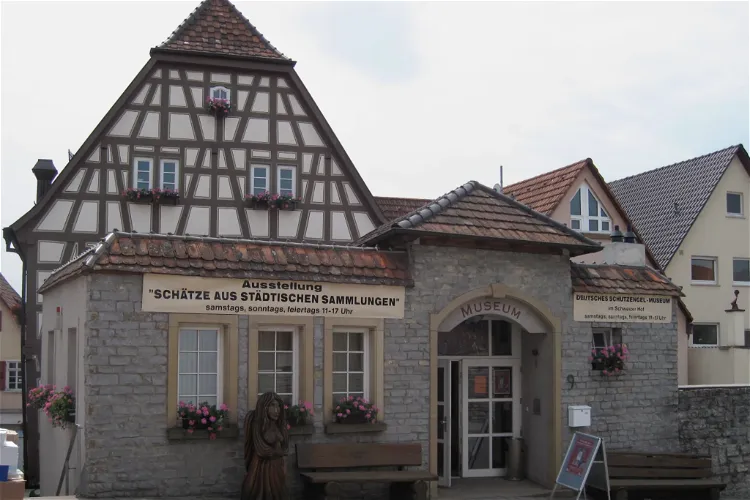
Deutsches Schutzengelmuseum
BrettenThe Deutsches Schutzengelmuseum in Bretten is home to an extensive collection of guardian angel representations spanning six centuries. This collection provides a broad historical overview of the significance of guardian angels and similar protective beings in various religions around the world.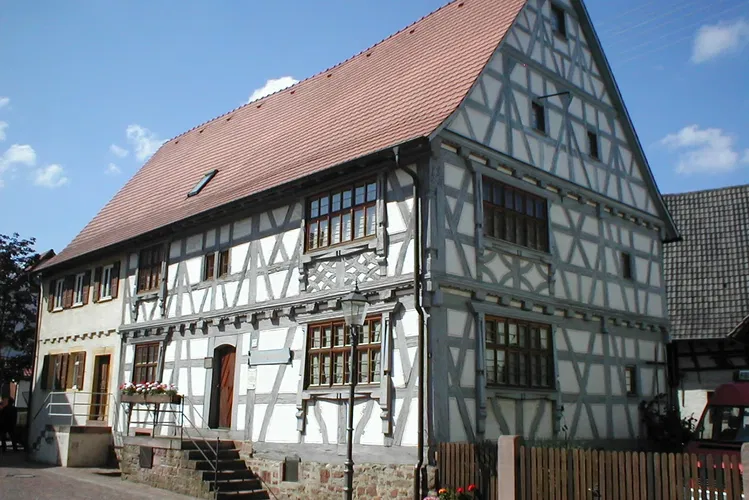
Heimatmuseum Epfenbach
EpfenbachThe Fronhof is a half-timbered house located in Epfenbach, a municipality in the Rhein-Neckar district in northern Baden-Württemberg. This historic building was constructed at the beginning of the 18th century, making it a significant part of the town's architectural heritage.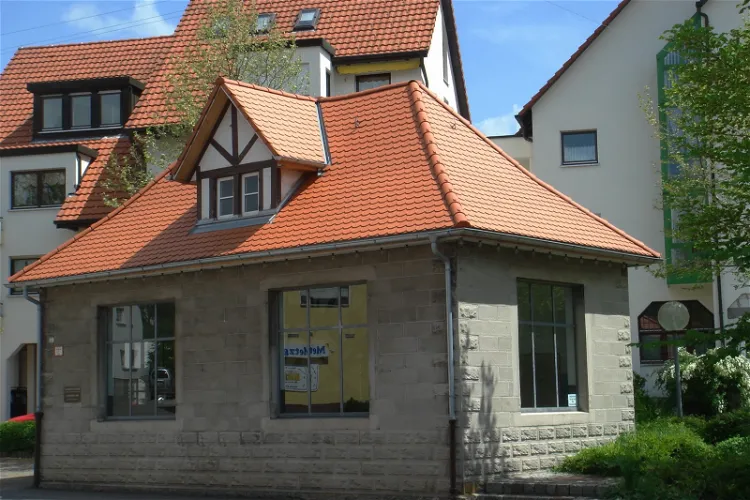
Historisches Pumpwerk Onstmettingen
OnstmettingenThe Historisches Pumpwerk, also known as “Pumphäusle”, is an industrial monument located in the Onstmettingen district of Albstadt. It stands near the town hall and is a testament to the development of modern infrastructure in the formerly independent community. This historical site offers a unique insight into the industrial history of the region.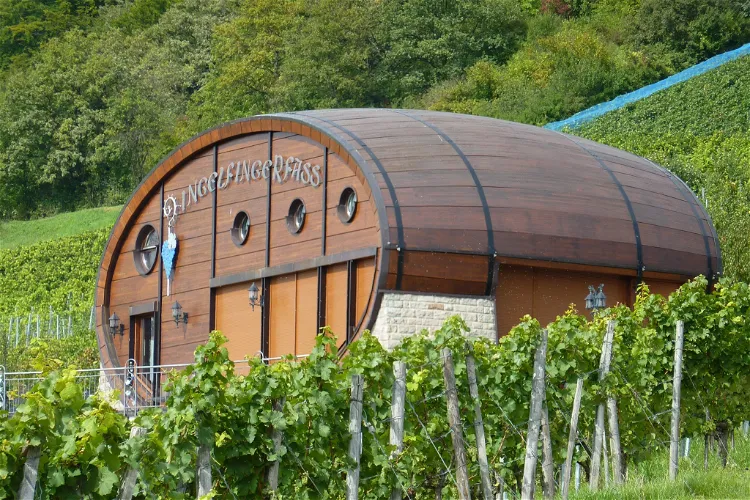
Ingelfinger Fass
IngelfingenThe Ingelfinger Fass is a unique wine museum located in Ingelfingen, in the Hohenlohe district of Baden-Württemberg. It is shaped like a barrel and is considered the second largest wooden barrel in Europe. This distinctive feature makes it a notable point of interest for tourists visiting the region.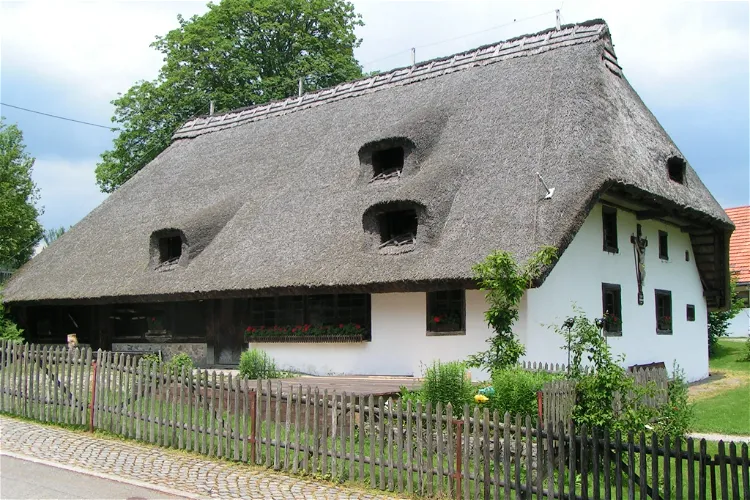
Freilichtmuseum Klausenhof
HerrischriedThe Freilichtmuseum Klausenhof is an open-air museum situated in Großherrischwand, a municipality of Herrischried in the Hotzenwald. It is located within the Waldshut district in the southern Black Forest. This location offers a unique blend of natural beauty and historical significance, making it an interesting destination for tourists.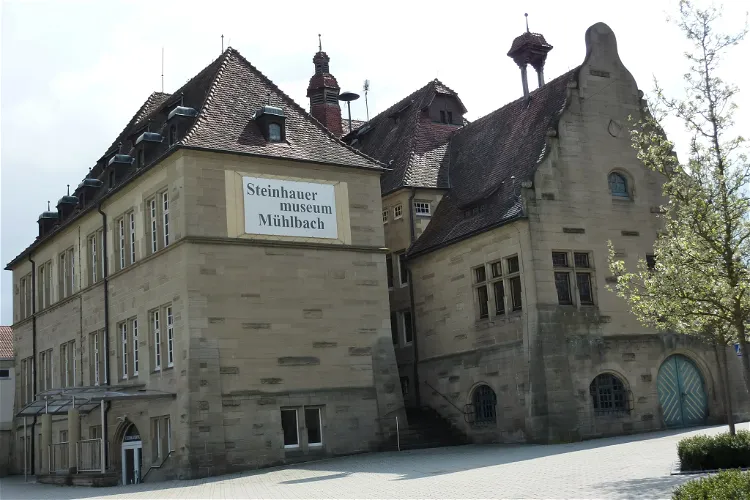
Steinhauermuseum Mühlbach
EppingenThe Steinhauermuseum Mühlbach is situated in the former town hall of Mühlbach, a district of Eppingen in the Heilbronn district of Baden-Württemberg. This location is steeped in history and provides a unique setting for the museum.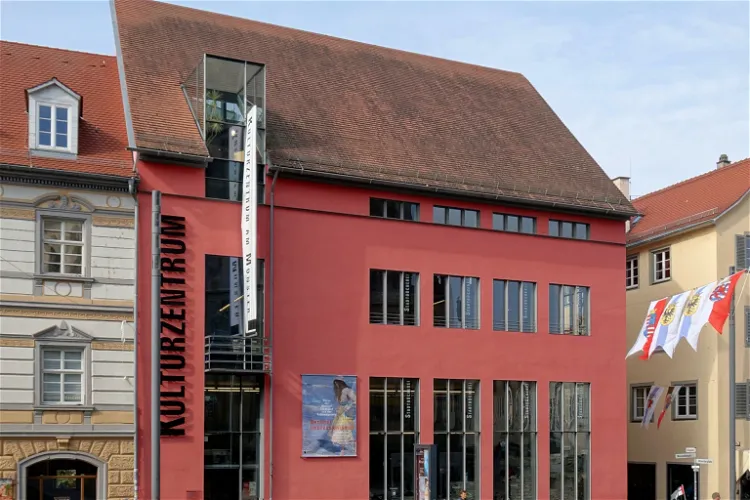
Städtische Wessenberg Galerie
ConstanceThe Städtische Wessenberg-Galerie, located in Constance on Lake Constance, is an art museum that primarily focuses on temporary exhibitions. The art showcased in these exhibitions is predominantly from the 19th and 20th centuries, originating from Southwest Germany and the Lake Constance region. This provides visitors with a unique opportunity to explore the rich artistic heritage of this specific geographical area.
Carl-Julius-Weber-Gedenkstube
LangenburgThe Carl-Julius-Weber-Gedenkstube is a small literature museum that was established in 1987. It is located in the town hall of Langenburg on the Jagst. The museum is dedicated to the writer and satirist Karl Julius Weber, who was born in this house. It is a place where visitors can learn about Weber's life and work, and see the environment in which he grew up.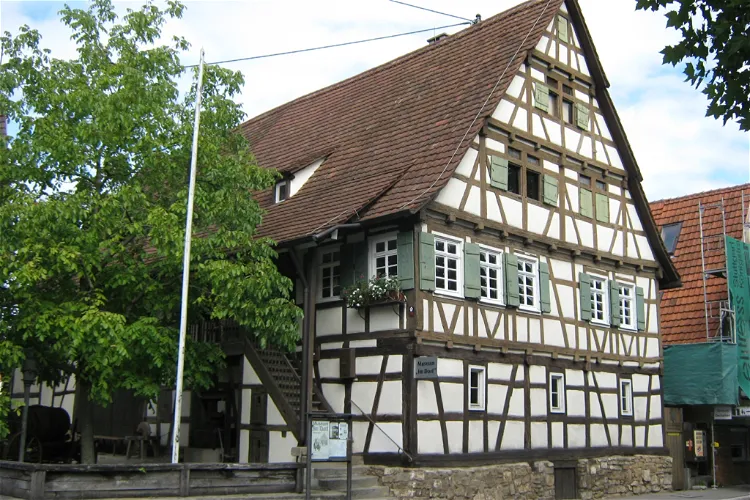
Reutlingen city museum
ReutlingenThe Reutlingen City Museum is located in the Königsbronner Hof, a restored half-timbered house in the old town of Reutlingen. This building, which is under monument protection, is one of the oldest existing structures in the city. It was built in 1278 as a stone house and was expanded with a half-timbered extension in 1537. The building's rich history and architectural significance add to the overall experience of visiting the museum.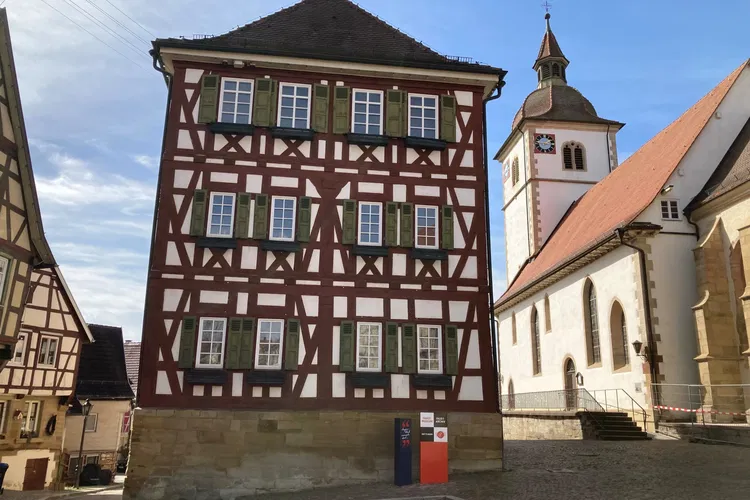
Faust-Museum Knittlingen
KnittlingenThe Faust Museum in Knittlingen, located in the Baden-Württemberg region of Germany, is situated in the Old Town Hall. This building is a half-timbered house that dates back to the 18th century. It provides a historical setting for the museum, adding to the overall experience of the visitors.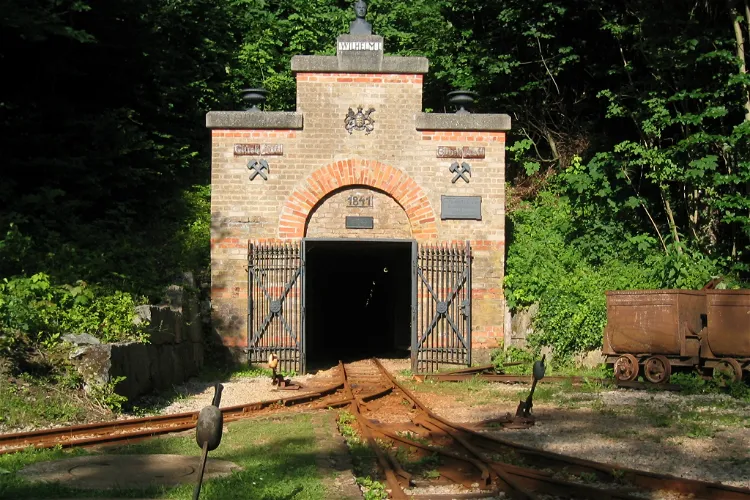
Tiefer Stollen
AalenThe Tiefer Stollen is a visitor mine and healing tunnel situated in Braunenberg near Aalen-Wasseralfingen. This site was previously utilized as an iron ore mine named Wilhelm I. It offers a unique opportunity for visitors to explore the underground labyrinth that was once a bustling mining site.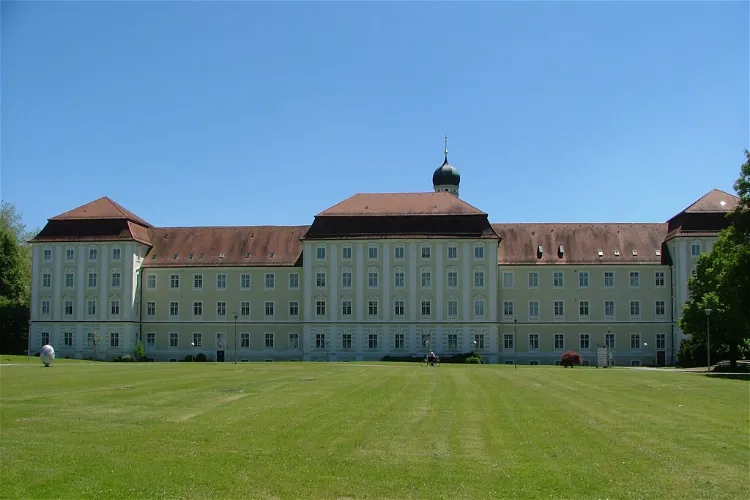
Schussenried Abbey
Bad SchussenriedThe current name, Neues Kloster, or 'new monastery', refers to the Baroque reconstruction of the abbey in 1752. This reconstruction was based on the plans of Dominikus Zimmermann, a renowned architect of the time. However, due to financial constraints, the initial plan of four wings with a church was not fully realized.- 109
Lindleinturm
Creglingen 
Schmuckmuseum
PforzheimThe Schmuckmuseum Pforzheim, located in Germany, is a unique museum that specializes in the display of jewelry and watches. This museum offers a unique opportunity for visitors to explore the intricate world of jewelry and timepieces, showcasing a wide range of pieces from different periods and cultures.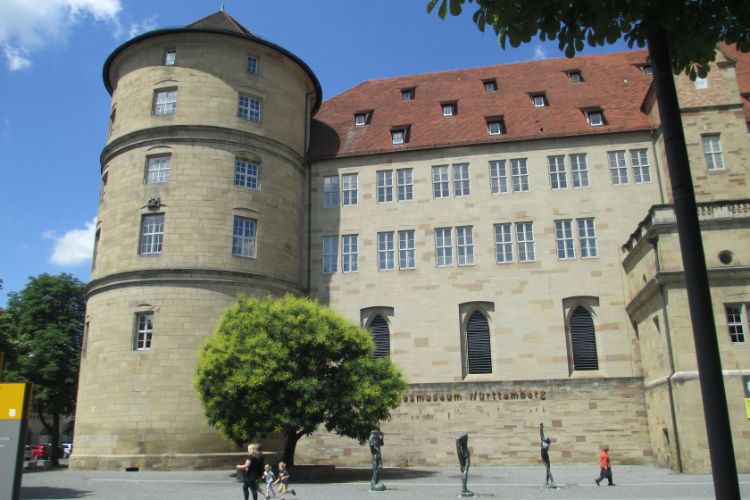
Wurttemberg State Museum in Old Castle
StuttgartThe Landesmuseum Württemberg (Württemberg State Museum) in Stuttgart was founded in 1862 by Wilhelm I. König von Württemberg. Its origin dates back to the 16th century. Back in the Kunstkammer, the dukes collected everything that was rare, precious and unusual. The museum's mission is to depict Germ- 112
Fachsenfeld Castle
AalenIn 1982, Baron Reinhard von Koenig-Fachsenfeld established a foundation to preserve Schloss Fachsenfeld and its surrounding park. Today, the castle is home to the Baron's collections and a museum, offering visitors a unique insight into the history and culture of the region. 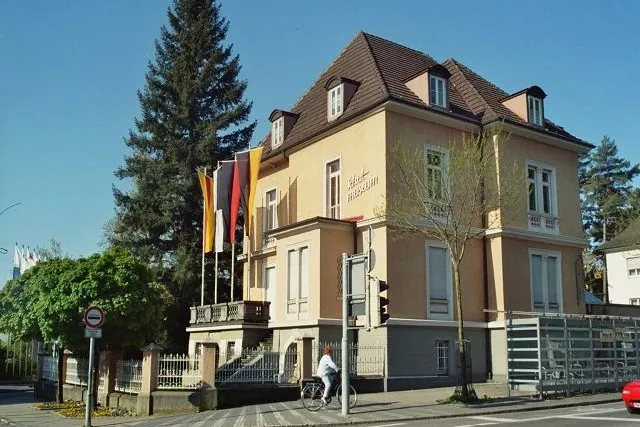
Schulmuseum
FriedrichshafenThe Schulmuseum in Friedrichshafen, located at Friedrichstraße 14, is recognized as one of the largest school museums in Germany. It offers a comprehensive display of the history of schooling in the country, spread across three floors. This museum provides a unique opportunity for visitors to delve into the evolution of education in Germany, making it a significant point of interest for those interested in history and education.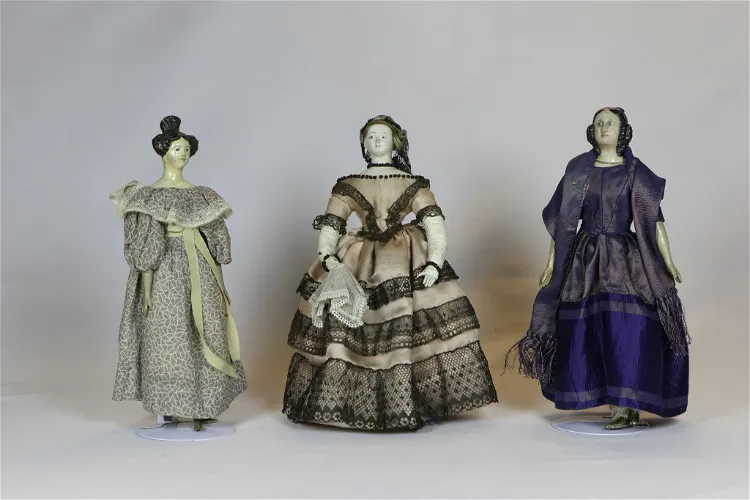
Das Kleine Museum
Hagnau am BodenseeDas Kleine Museum in Hagnau am Bodensee is a unique private museum that offers a glimpse into the past through its extensive collection of dolls, dollhouses, kitchens, toy stores, and other toys. These items, which date from the period 1830 to 1960, provide a fascinating insight into the toys and playthings of yesteryears. The museum's collection has been carefully curated and maintained, ensuring that each item is as authentic and representative of its time as possible.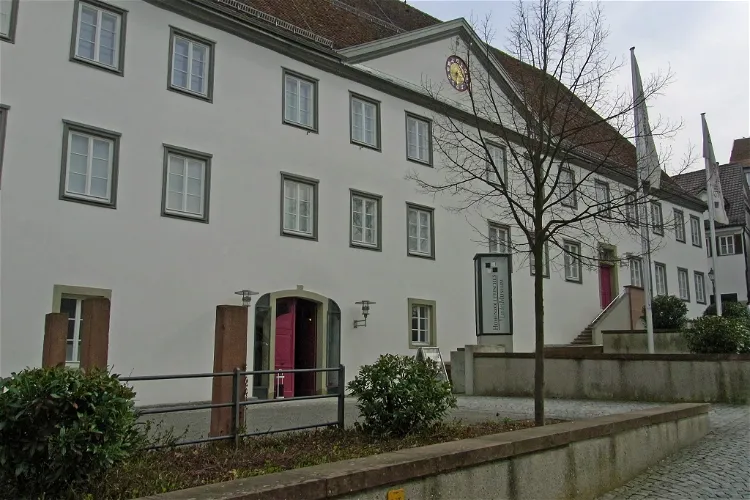
Hohenzollerisches Landesmuseum
HechingenThe Hohenzollerische Landesmuseum, located in Hechingen in the Zollernalbkreis in Baden-Württemberg, Germany, is a museum dedicated to cultural, art, and regional history. It provides a comprehensive overview of the history and art history of the County of Hohenzollern, the Principalities of Hohenzollern-Hechingen and Hohenzollern-Sigmaringen, and the Prussian Province of Hohenzollern.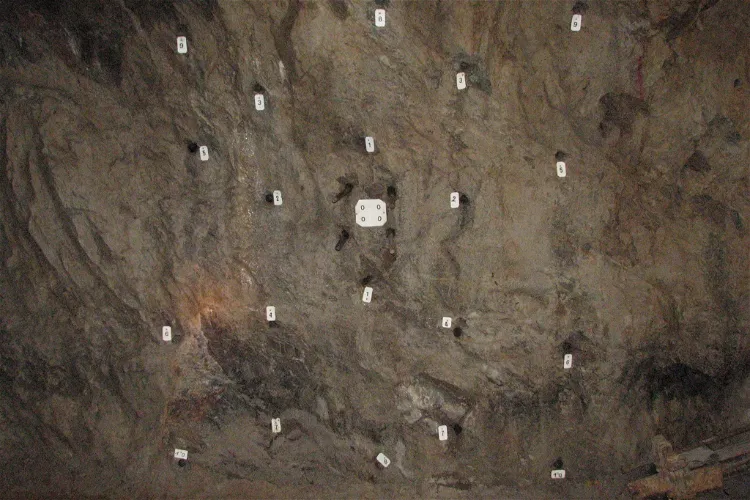
Finstergrund
WiedenThe Finstergrund mine, located in Wieden in the Black Forest, is a historical site that was once a medieval silver and lead mine. Today, it serves as a visitor mine, a role it has fulfilled since 1982. This transformation allows tourists to explore the mine's rich history and its modern river and barite mining operations.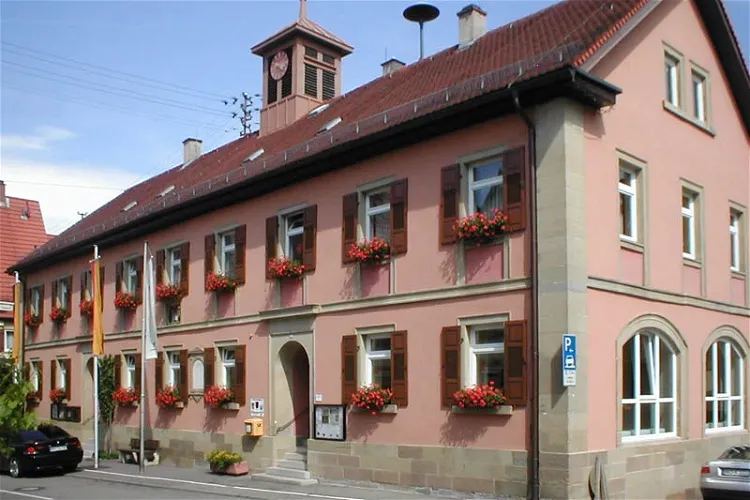
Weinbaustube Kleingartach
EppingenThe Weinbaustube Kleingartach is a small museum located in Kleingartach, a district of Eppingen in the Heilbronn district of Baden-Württemberg. Established in 2007, the museum is dedicated to the history of viticulture in the town. It provides an insight into the local wine production and the historical context of the region.- 118
Freilichtmuseum Neuhausen ob Eck
Neuhausen ob EckThe Freilichtmuseum Neuhausen ob Eck is a regional rural open-air museum located in the Tuttlingen district, northeast of Neuhausen ob Eck. It is one of seven such museums in Baden-Württemberg, offering visitors a unique insight into the region's rural history and culture. 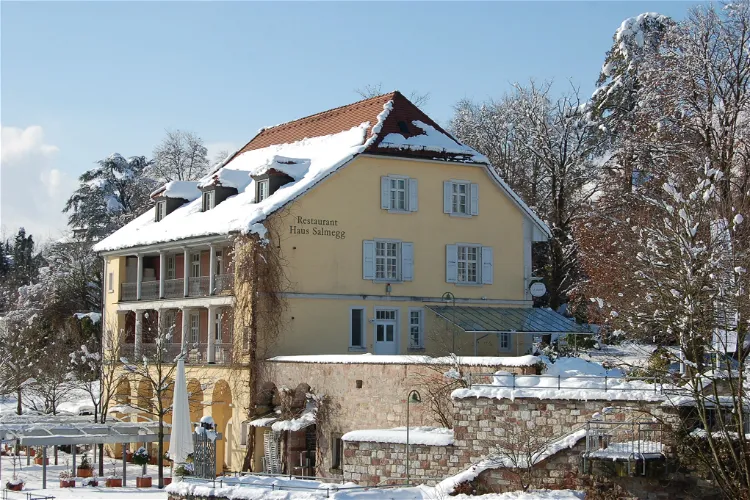
Haus Salmegg
Rheinfelden (Baden)Haus Salmegg is a historically significant building located in Rheinfelden (Baden), Germany. It is situated directly on the banks of the Rhine, near the German customs office and the Old Rhine Bridge. This former residential building is protected under German heritage laws, preserving its architectural and historical value.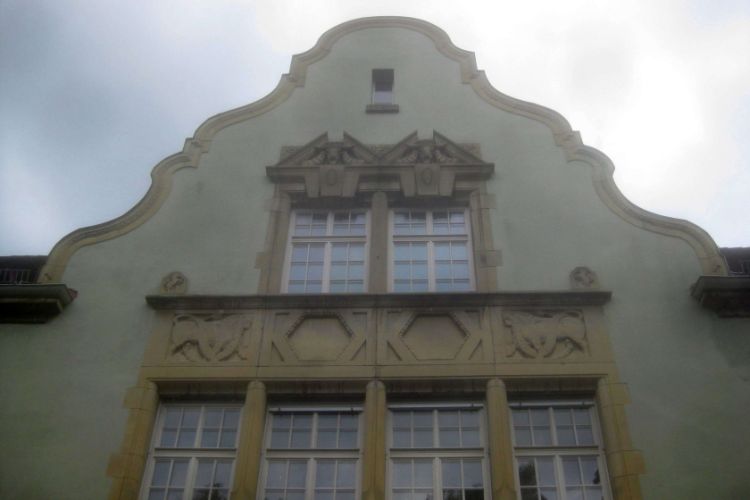
Schweine-Museum
StuttgartThe Schweine-Museum is a museum in Stuttgart that is dedicated to pigs. In the museum visitors can learn everything about pigs - how they live, what they eat but also about myths and pigs in pop culture.- 121
Museum am Odenwaldlimes
Neckarburken 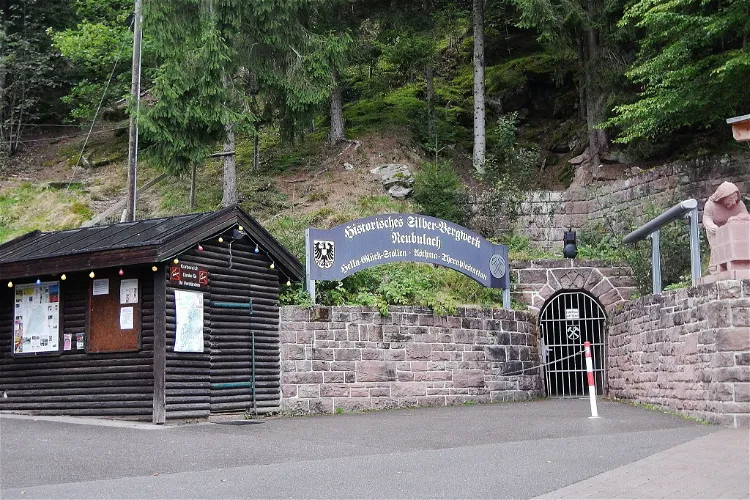
Hella-Glück Stollen
NeubulachThe Hella-Glück mine, located in the Black Forest, has a rich history dating back to the late Middle Ages, around 1250. It was primarily a silver, copper, and azurite mine. Azurite, in particular, was highly valued for its use as a blue pigment. The mining operations continued well into modern times, making it a site of historical and industrial significance.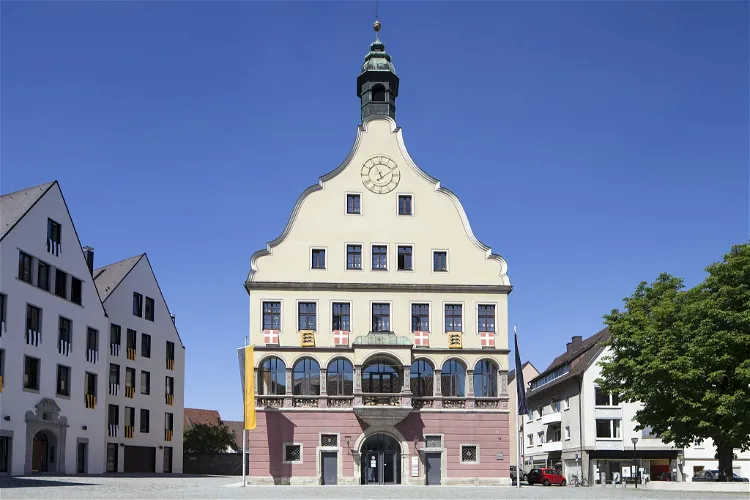
Haus der Stadtgeschichte
UlmIn addition to its role as an archive, the Haus der Stadtgeschichte – Stadtarchiv Ulm is also a cultural institution. Its mission is to raise awareness of the city's history and foster a culture of remembrance. It serves as a central point of contact for research into the city's history and is often referred to as the 'memory of the city'.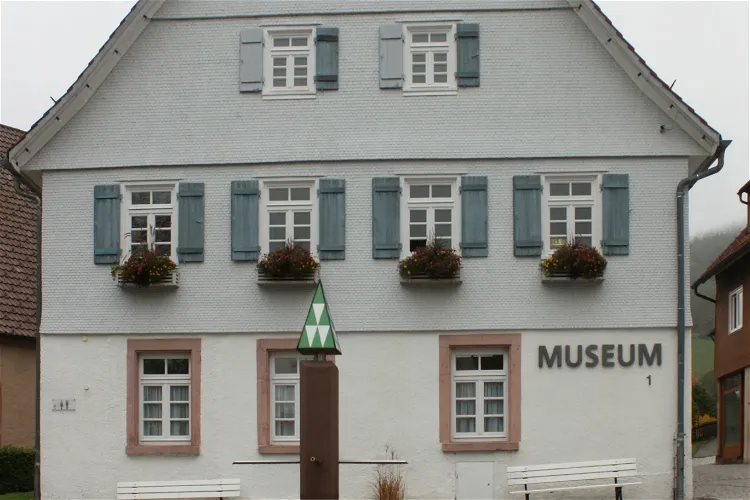
Hauffs Märchen Museum Baiersbronn
Baiersbronn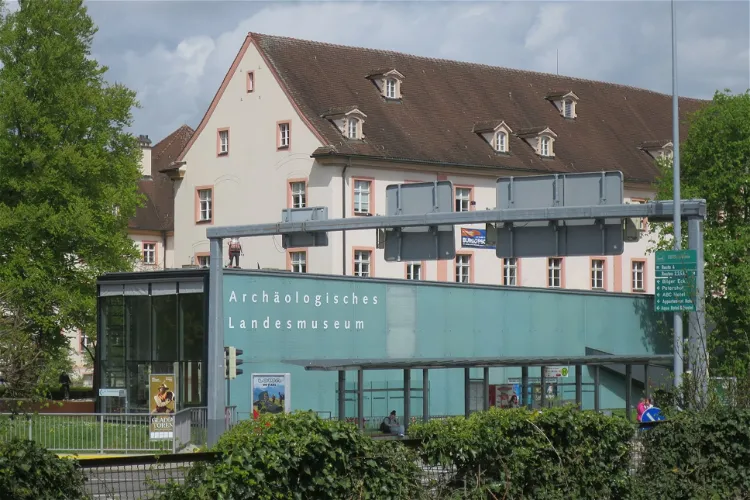
Archäologisches Landesmuseum
Constance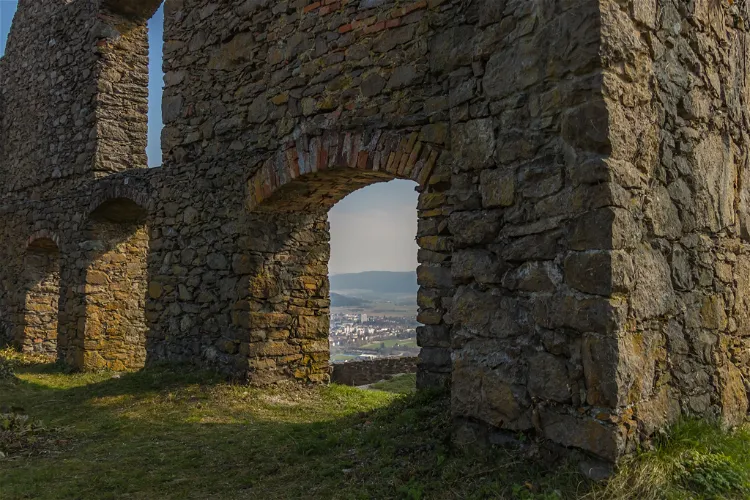
Hohentwiel Castle
Singen (Hohentwiel)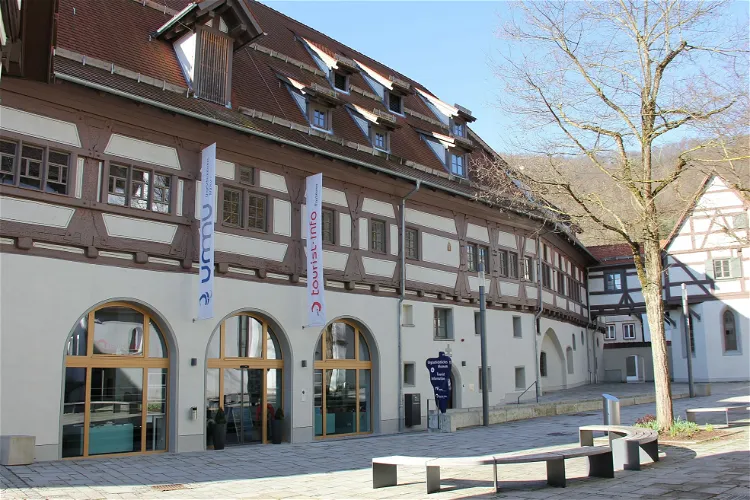
Urgeschichtliches Museum
BlaubeurenThe Urgeschichtliche Museum (URMU) in Blaubeuren, Germany, is a specialized museum focusing on artifacts, musical instruments, and everyday objects from Paleolithic hunter-gatherers. This museum provides a unique opportunity for visitors to delve into the lives of early humans, exploring their tools, art, and daily objects. The museum's collection offers a comprehensive view of the Paleolithic era, making it a fascinating destination for history enthusiasts and curious tourists alike.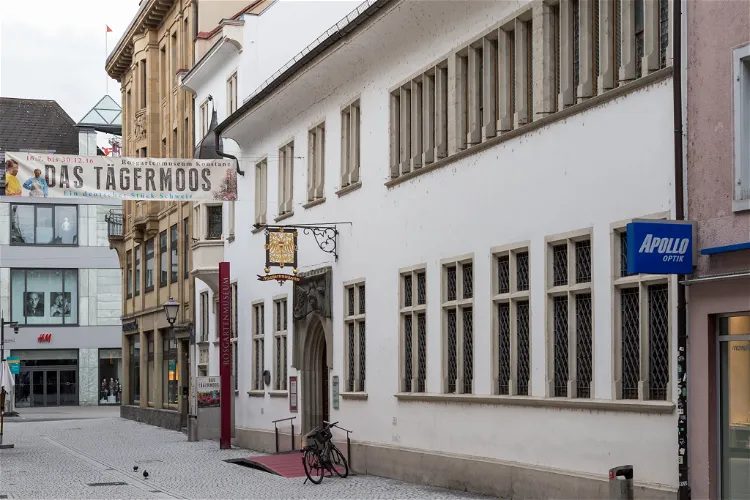
Rosgartenmuseum
ConstanceThe Rosgartenmuseum, located in Constance, Baden-Württemberg, is a museum dedicated to the art, culture, and history of the city and the Lake Constance region. Established in 1870 by Ludwig Leiner, a pharmacist and city council member from Constance, the museum is one of the oldest of its kind in the region. It offers a rich collection of historical artifacts and artworks that tell the story of the city and the region.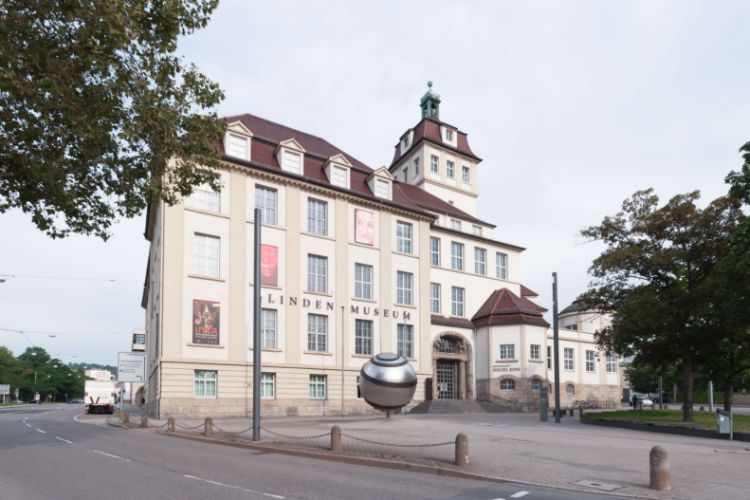
Linden Museum - Museum fur Völkerkunde
StuttgartThe The Linden Museum is an ethnological museum in Stuttgart that holds and exhibits a collection of cultural artifacts from around the world, including South and Southeast Asia, Africa, the Islamic world from the Near East to Pakistan, China and Japan, and North and Latin America and Oceania. The L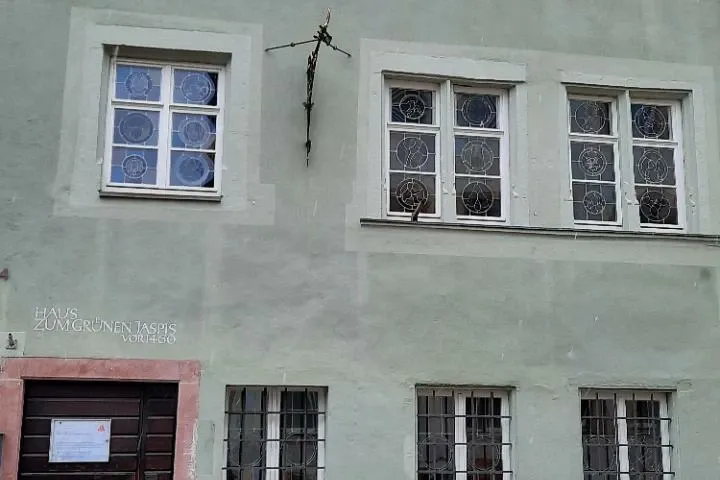
Fasnetmuseum
Freiburg im BreisgauThe Breisgauer Narrenzunft Freiburg (BNZ) is a significant organization in Freiburg im Breisgau, serving as the umbrella organization for 34 carnival guilds and the Men's Carnival Council of the Swabian-Alemannic carnival. This organization plays a crucial role in maintaining and promoting the local carnival traditions.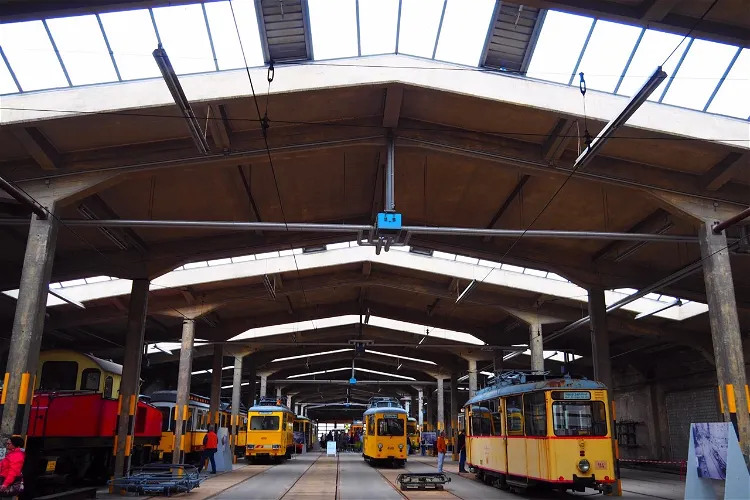
Historisches Depot 1913
Karlsruhe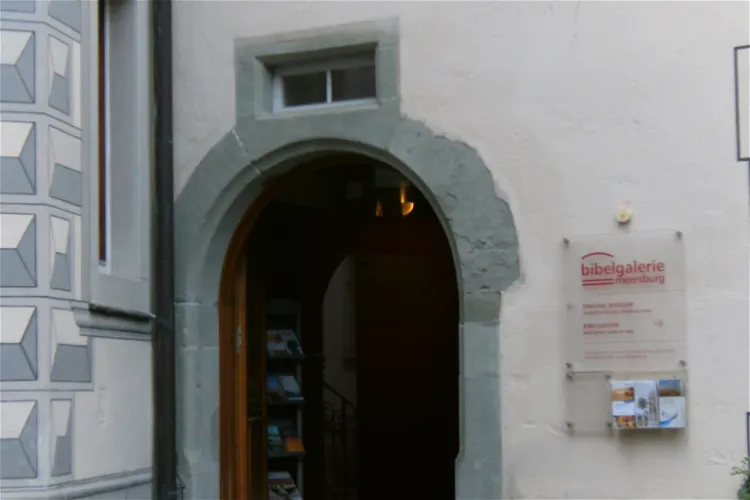
Bibelgalerie Stadtbücherei
MeersburgThe Bibelgalerie Meersburg is a unique Bible museum situated in the former Dominican convent in the upper town of Meersburg on Lake Constance. This historical location adds to the charm and appeal of the museum. However, it's important to note that the museum is closed during the winter months, so planning a visit outside of this period would be advisable.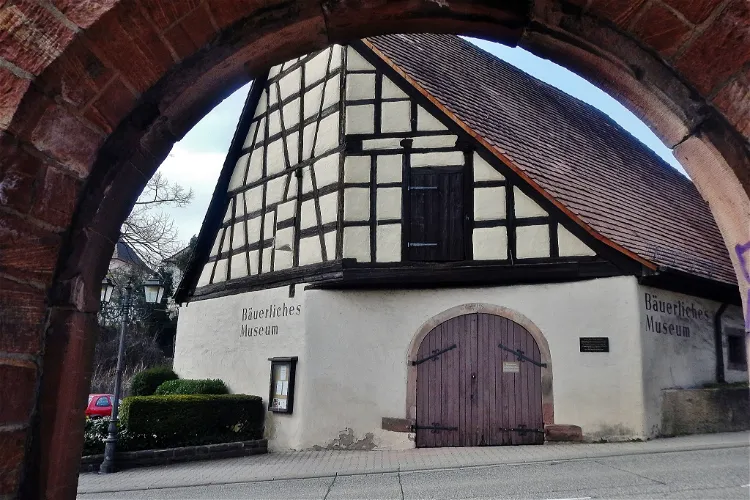
Bäuerliches Museum
Pforzheim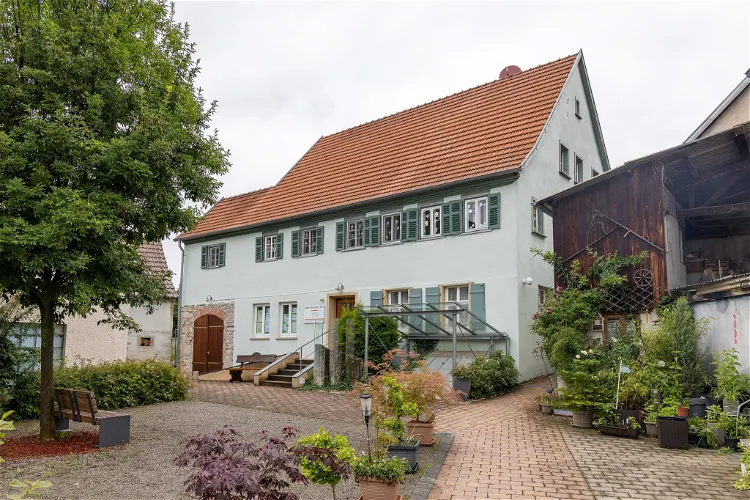
Rabbinatsmuseum Braunsbach
ArnsdorfThe Rabbinatsmuseum in Braunsbach, located in the district of Schwäbisch Hall in Baden-Württemberg, was inaugurated on April 13, 2008. The museum is housed in the old Rabbinat, adding a historical touch to the establishment.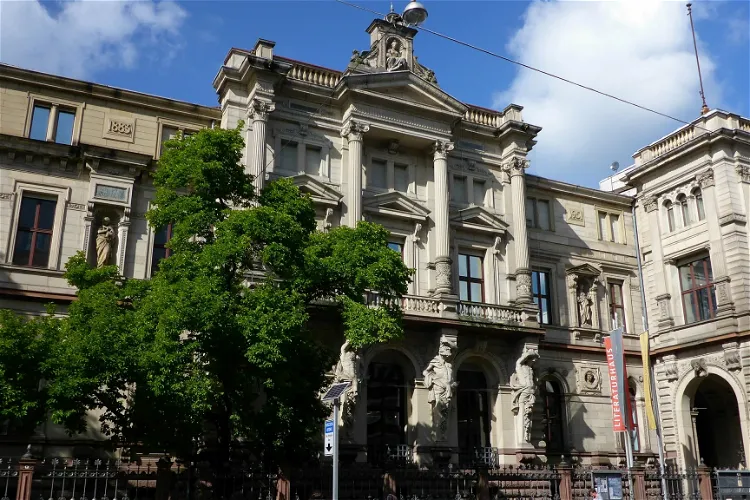
Museum of Literature on the Upper Rhine
KarlsruheThe Museum of Literature on the Upper Rhine is located in the Prinz-Max-Palais, the city's cultural center. This historic building also serves as the headquarters of the Literary Society Karlsruhe. In addition to the museum, the Prinz-Max-Palais hosts the city museum and the youth library of the city library, making it a hub of cultural and educational activities.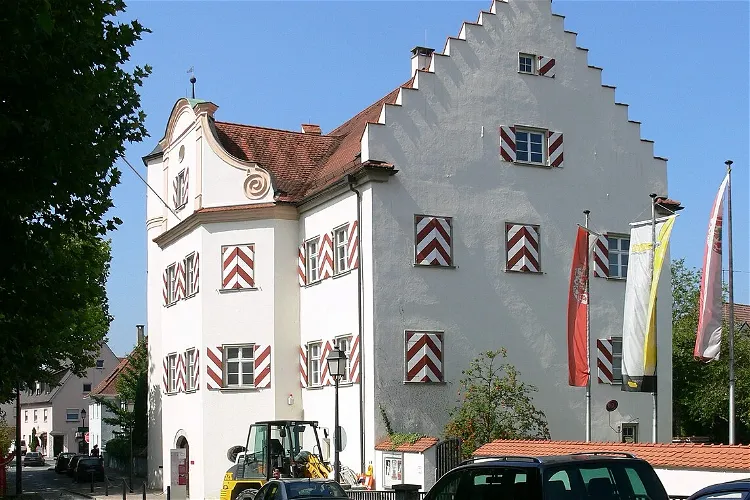
Stadtmuseum Schlössle
Weingarten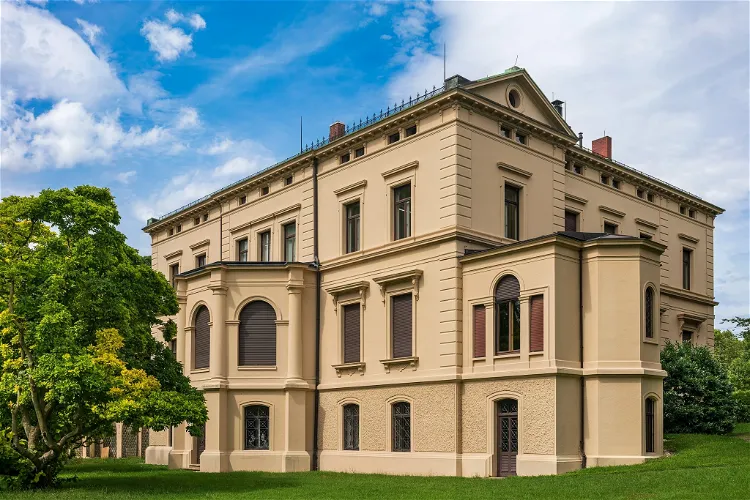
Villa Merkel
Esslingen am NeckarThe Villa Merkel, located in Esslingen am Neckar, was originally constructed in the years 1872 and 1873. It was built as an entrepreneur's villa and has been functioning as the city of Esslingen's gallery since 1973. This historical building offers a unique blend of history and art, making it a fascinating destination for tourists interested in both.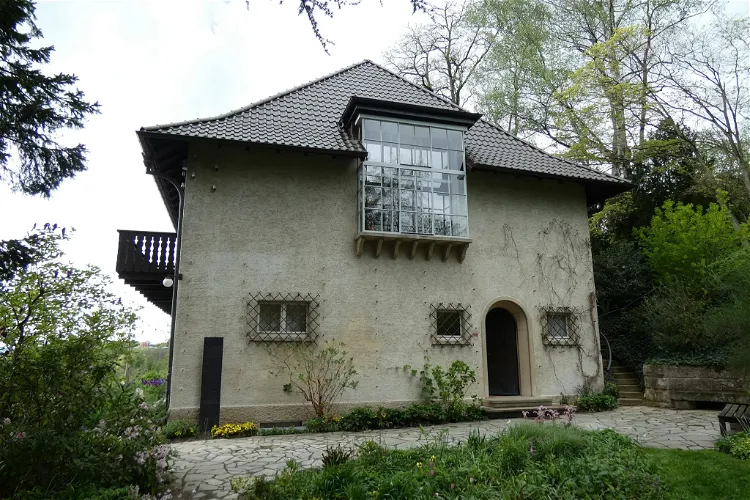
Museum Haus Dix
HemmenhofenThe Museum Haus Dix, located in Hemmenhofen, a district of Gaienhofen, is the former home and studio of the renowned German painter Otto Dix. This establishment is a part of the Kunstmuseum Stuttgart. The house was designed by Dresden architect Arnulf Schelcher and is characterized by its studio windows on the east side, a surrounding balcony, and numerous windows with a view of the lake. The house offers a unique insight into the life and work of Otto Dix.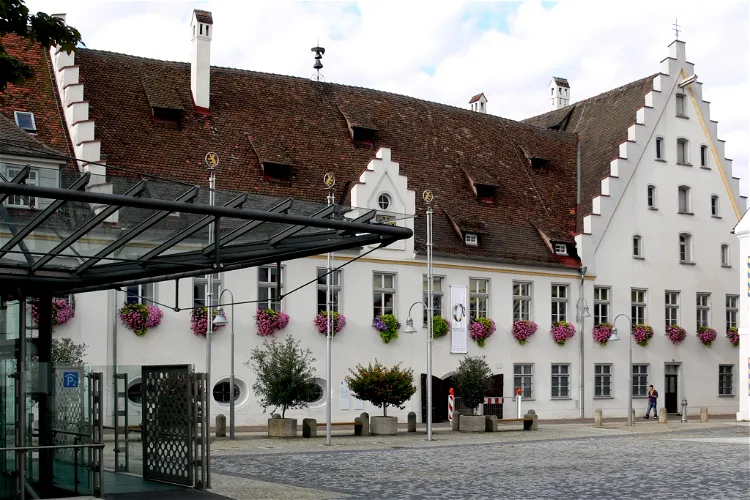
Museum Biberach
Biberach an der RißThe Museum Biberach, located in Biberach an der Riss in Upper Swabia, is a multi-faceted institution with various sections. It offers a comprehensive exploration of different fields, making it a diverse and enriching destination for tourists.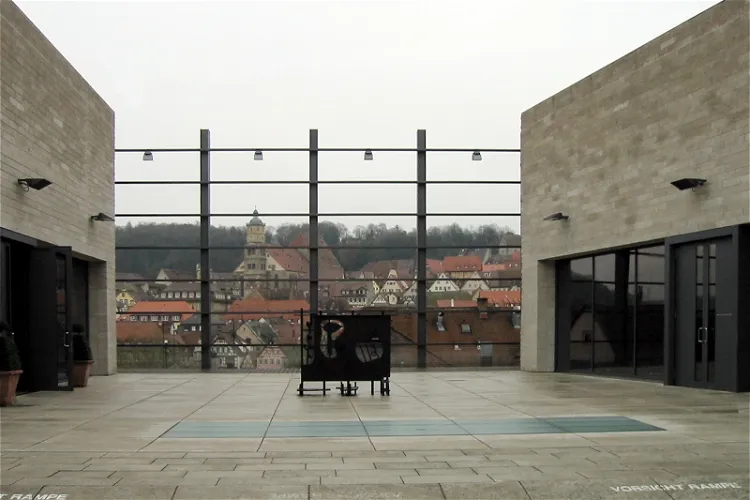
Kunsthalle Würth
Schwäbisch HallThe Kunsthalle Würth is a private art museum located in Schwäbisch Hall. It was established in 2001 by the entrepreneur Reinhold Würth. This museum is a testament to Würth's passion for art and his commitment to making it accessible to the public.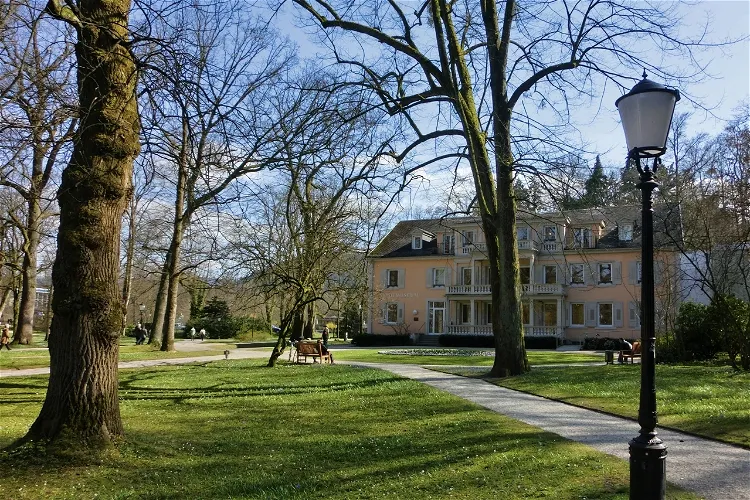
Stadtmuseum
Baden-Baden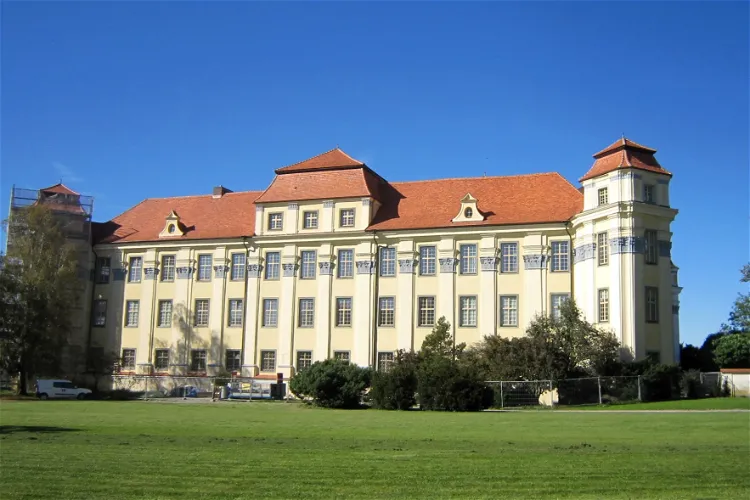
Tettnang New Palace
TettnangTettnang Castle, also known as the Tettnang New Palace, is a significant historical site in the German town of Tettnang. It is one of three castles in the town, making it a key part of the local heritage and a point of interest for visitors.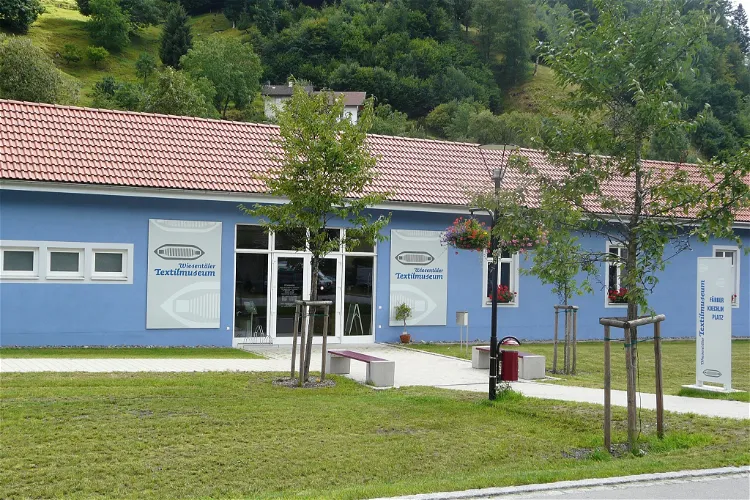
Wiesentäler Textilmuseum
Zell im WiesentalThe Wiesentäler Textilmuseum is situated in the city of Zell im Wiesental, nestled in the Southern Black Forest. The museum is housed in the shed roof halls of a former weaving mill, located on the banks of the Wiese River. This unique location adds to the charm and historical significance of the museum, making it an interesting destination for tourists interested in history and textile manufacturing.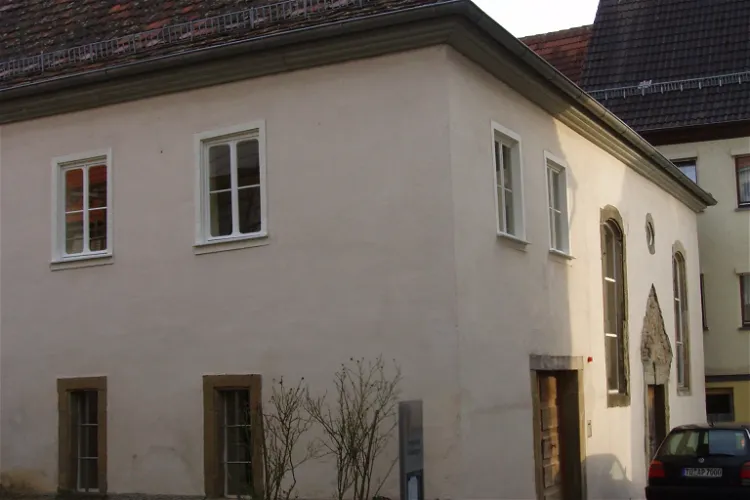
Gedenkstätte Synagoge Baisingen
Rottenburg am NeckarThe Baisingen Synagogue, nestled in a district of Rottenburg am Neckar, is a significant historical site. It is recognized as one of the best-preserved rural synagogues in Germany. Today, it serves as a museum, providing visitors with a glimpse into the rich Jewish history of the region. The museum is diligently maintained by a support association, ensuring its preservation for future generations.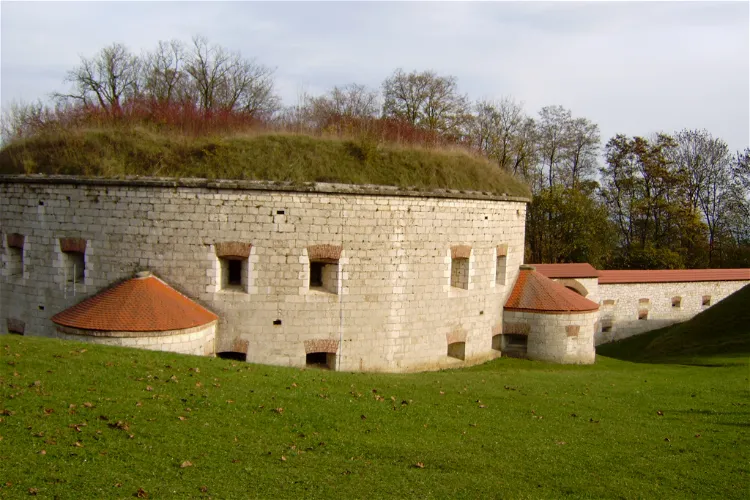
Festungsmuseum Fort Oberer Kuhberk (Werk XXXII)
Ulm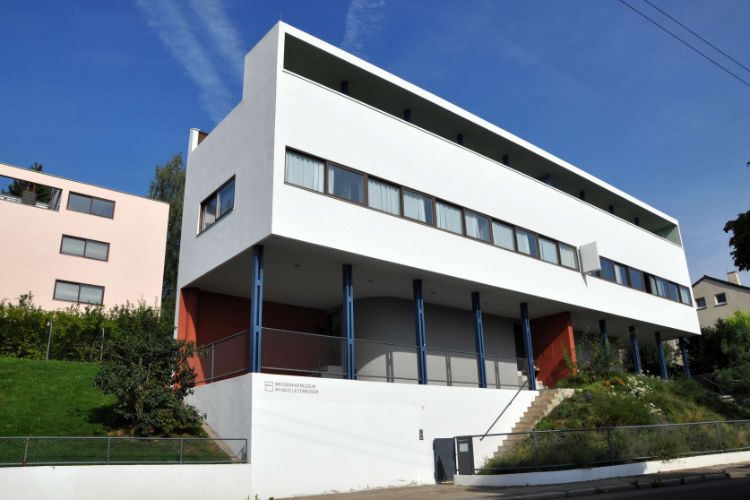
Weissenhofmuseum im Haus Le Corbusier
StuttgartThe Weissenhof Estate is a milestone in modern architecture and was built in 1927 by 17 international architects. It has been a listed building since 1958. Architects Le Corbusier and Pierre Jeanneret also built a semi-detached house and a detached house for the estate, which were designated UNESCO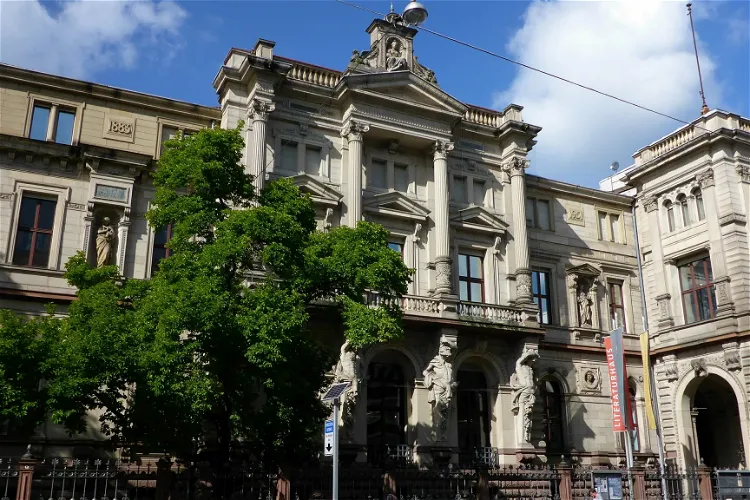
Stadtmuseum
KarlsruheThe Stadtmuseum Karlsruhe is a museum that presents the history of the city of Karlsruhe through a permanent exhibition. This exhibition provides a comprehensive overview of the city's past, making it a valuable resource for anyone interested in learning more about Karlsruhe's history.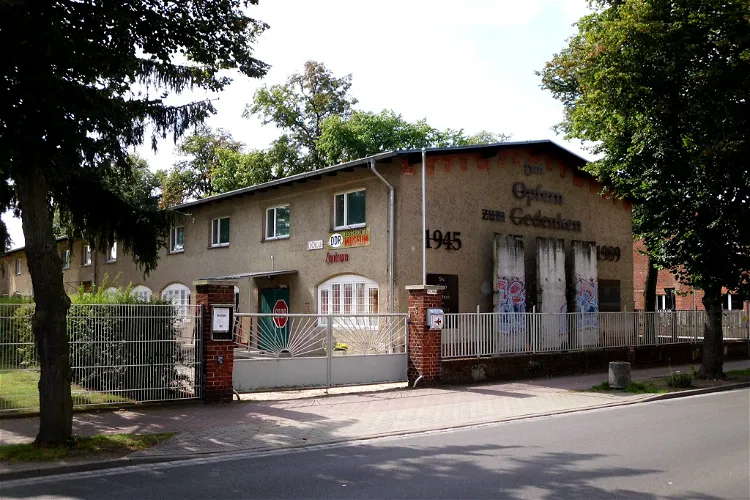
DDR Museum Pforzheim
PforzheimThe DDR Museum Pforzheim, established in 1998, is a testament to the life and times of East Germany before 1990. The museum was founded by Klaus Knabe, who, along with his wife, moved to the West shortly before the construction of the Berlin Wall in 1961. Knabe collected everyday objects and other DDR items, providing a comprehensive picture of the East German state. These items were initially stored in an attic until the city of Pforzheim provided him with a former kindergarten of the French garrison.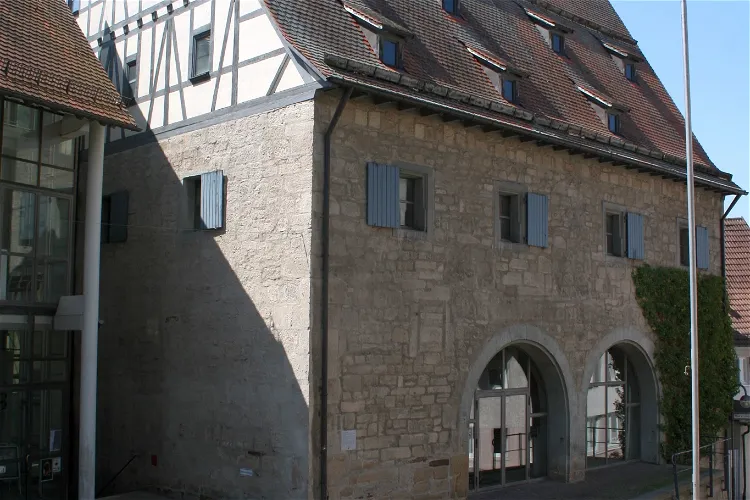
Deutsches Bauernkriegsmuseum Böblingen
BöblingenThe exhibition at the Deutsches Bauernkriegsmuseum Böblingen documents the protest marches and mass uprisings of the peasants. A significant focus is placed on the Böblingen decision battle of May 12, 1525, where the peasants were defeated. This provides a detailed historical account of the events, offering visitors a deep understanding of the peasant wars in Germany.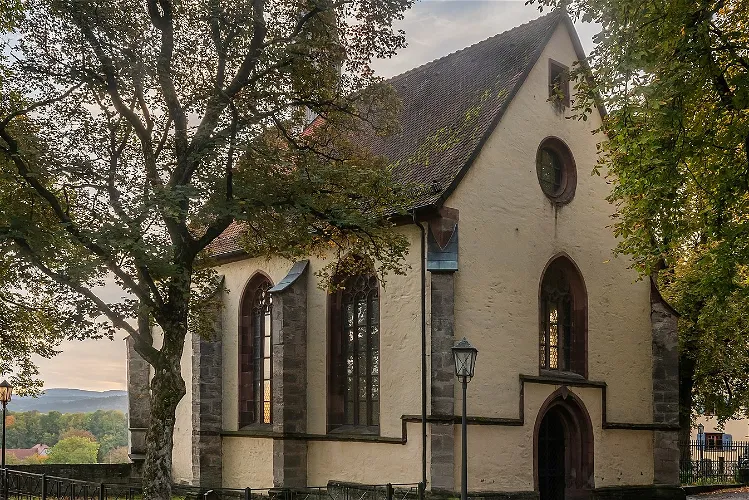
Kunstsammlung Lorenzkapelle Rottweil
RottweilThe Lorenzkapelle, located in Rottweil, Baden-Württemberg, is recognized as a protected cultural monument. This status signifies its historical and cultural significance, making it a point of interest for those who appreciate history and architecture.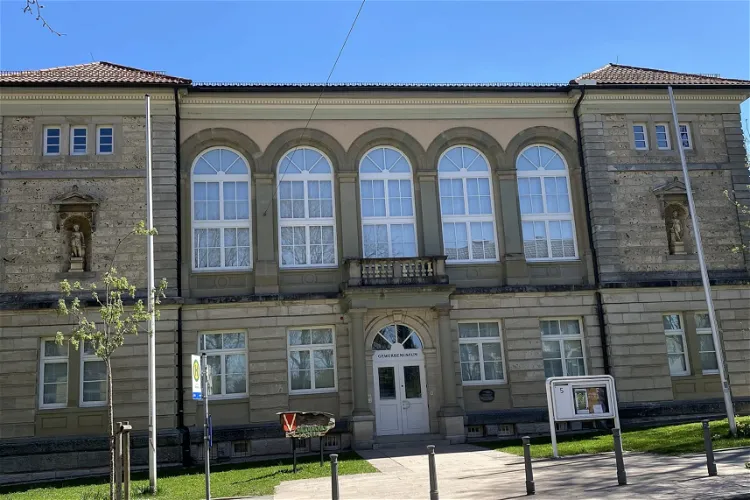
Gewerbemuseum
SpaichingenThe Gewerbemuseum Spaichingen is a city museum situated in the town of Spaichingen, within the Tuttlingen district of Baden-Württemberg. Established in 1991, the museum is housed in a building constructed in 1876 in the Neorenaissance style. The museum offers a glimpse into the region's history and its transition from a rural area to an industrial hub.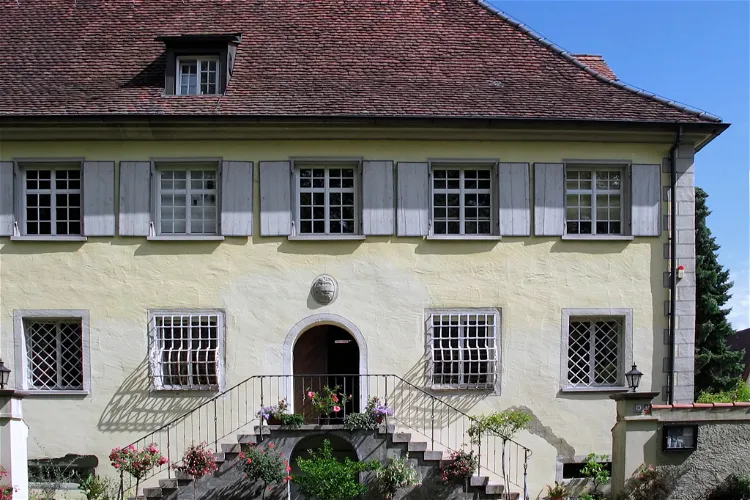
Jünger-Haus Wilflingen
LangenenslingenThe Jünger-Haus Wilflingen was the home of the writer Ernst Jünger from 1951 until his death in 1998. In 1999, the building was converted into a museum and literary memorial to Ernst Jünger and his brother Friedrich Georg Jünger. This makes the house not only a historical site but also a place of literary significance.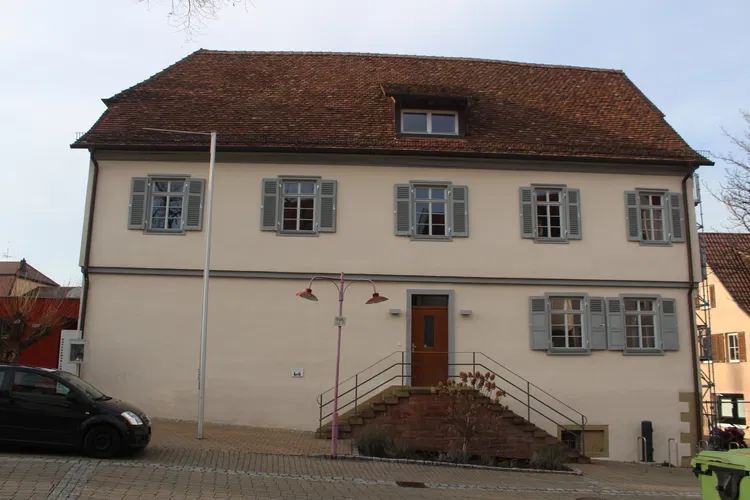
Kaffeemühlenmuseum
WiernsheimThe Kaffeemühlenmuseum Wiernsheim, established in 2011, is a museum dedicated to coffee grinders. It is located in the former parsonage of Wiernsheim, a building with its own historical significance. This unique museum offers a deep dive into the world of coffee grinding, showcasing a variety of grinders from different periods.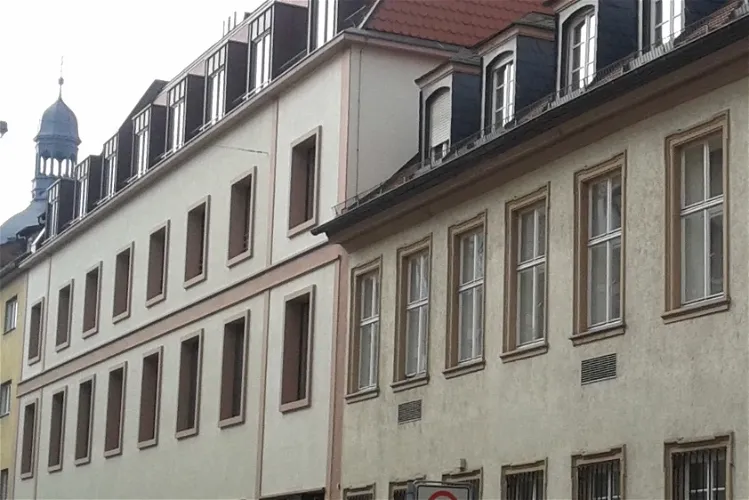
Museum Bassermannhaus für Musik und Kunst
MannheimThe Museum Bassermannhaus für Musik und Kunst is located in Mannheim, Germany. It is a part of the Reiss-Engelhorn-Musea, all of which are situated in the Mannheimer Quadrate in the city center. The museum's central theme is music, art, and cultures from around the world. It was opened on December 11, 2011, and was made possible by the Bassermann-Kulturstiftung.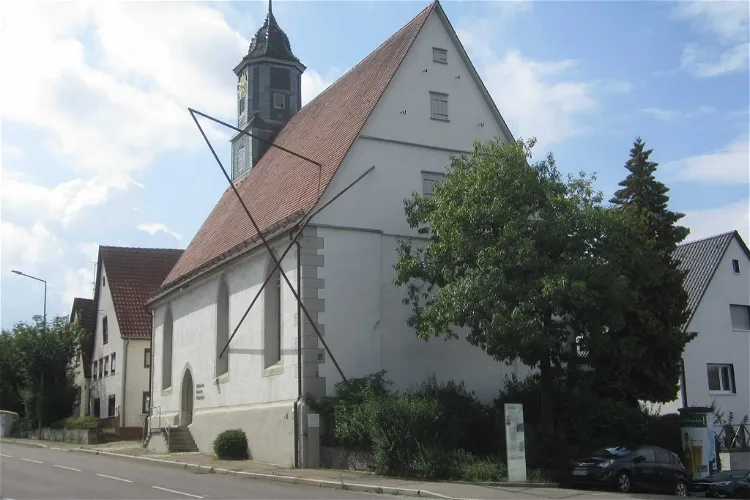
Jewish Museum
GöppingenThe Jewish Museum Göppingen is located in the city of Göppingen, in the Baden-Württemberg region of Germany. It was opened in 1992, housed within the village church of the Jebenhausen district, a structure that dates back to 1507. This unique setting provides a historical backdrop to the museum's exhibits.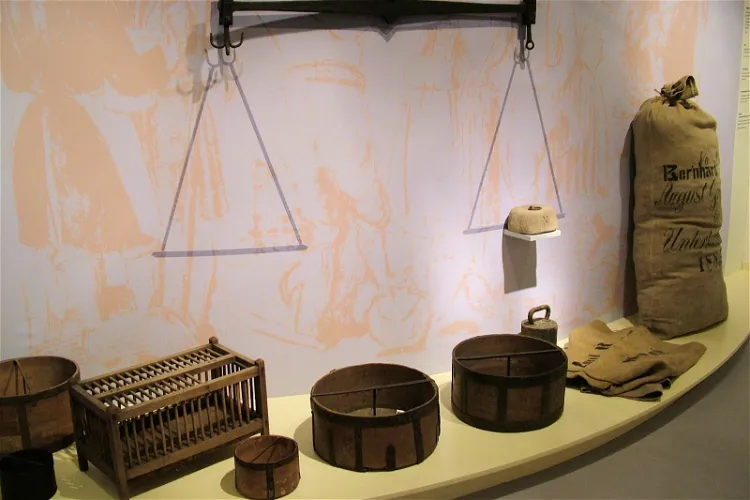
Stadtmuseum Wendlingen am Neckar
Wendlingen am Neckar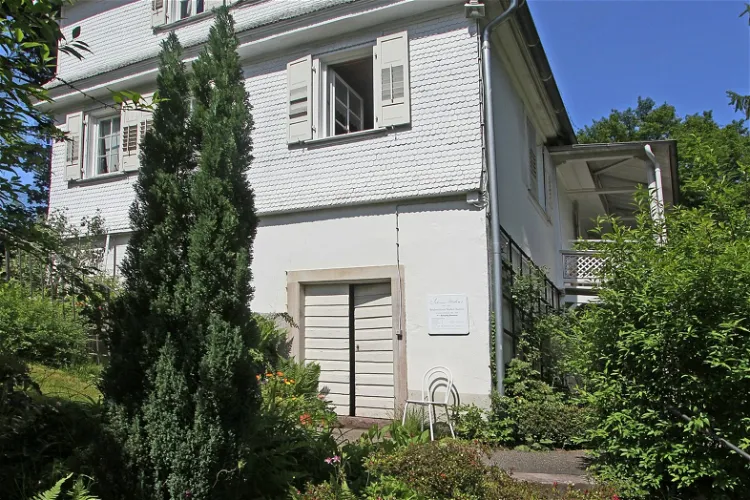
Brahms House
Baden-BadenBrahms House, also known as Lichtental No. 8, is a biographical museum located in Baden-Baden, Germany. It is dedicated to the life and works of the renowned composer Johannes Brahms. The museum provides an in-depth look into Brahms' life, his time in Baden-Baden, and his significant contributions to music.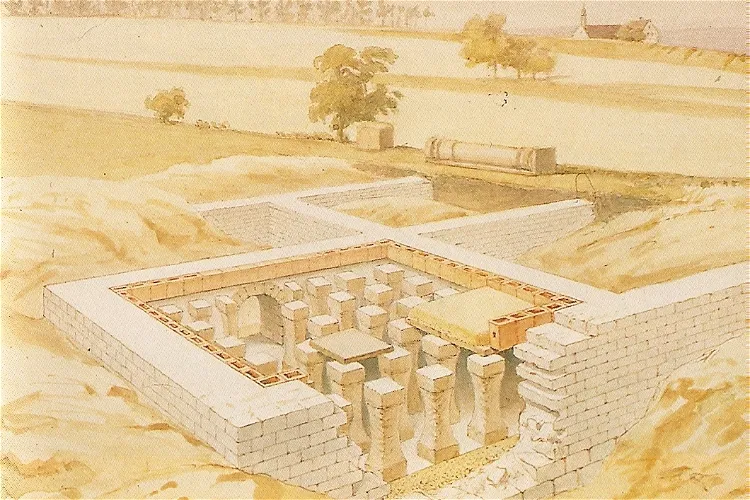
Römisches Stadtmuseum Sumelocenna
Rottenburg am NeckarThe Sumelocenna Museum, also known as the Roman City Museum, is an archaeological museum located in Rottenburg am Neckar, in the Tübingen district. This museum provides a unique opportunity to delve into the history of the region, offering a glimpse into the everyday life of the provincial Roman population in ancient Sumelocenna, now known as Rottenburg.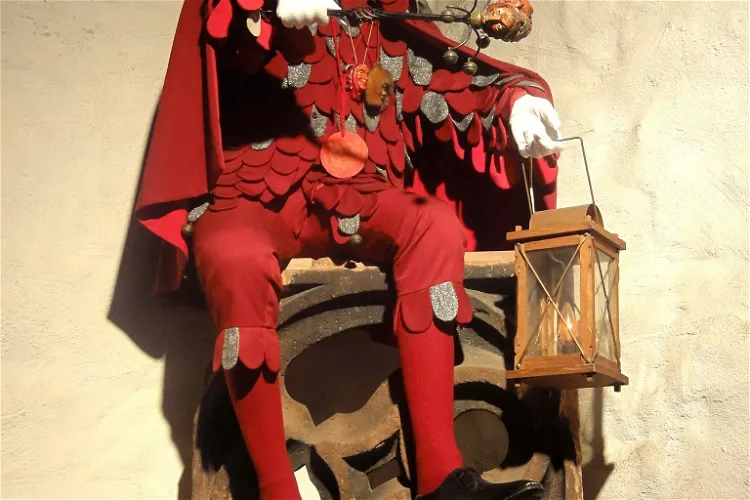
Narrenmuseum Niggelturm
Gengenbach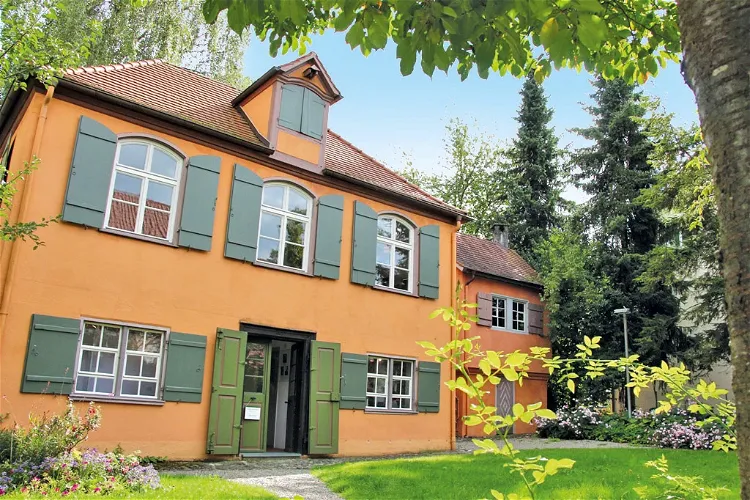
Wieland-Museum
Biberach an der RißThe Wieland Museum in Biberach an der Riß is a cultural institution dedicated to the life and work of the renowned poet and writer Christoph Martin Wieland. This museum serves as a tribute to Wieland, who spent his formative years in this town. It offers a unique opportunity for visitors to delve into the world of this influential figure and gain insights into his life and literary contributions.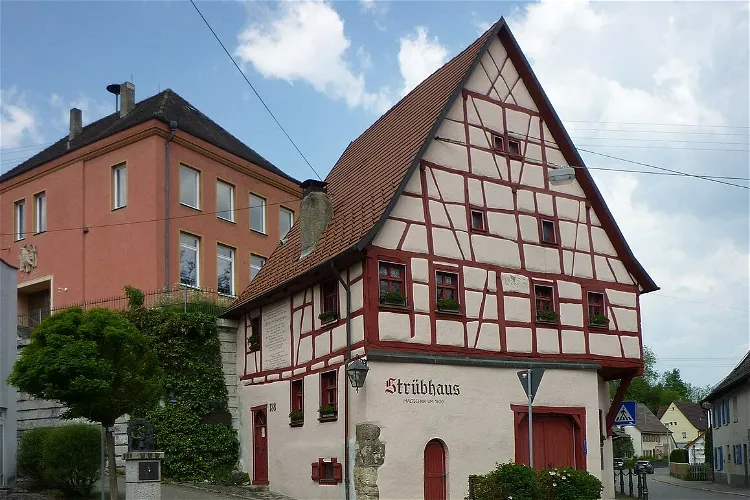
Strübhaus - Haus der Malkust
VeringenstadtThe Strübhaus, located in Veringenstadt, is a significant historical site as it was likely built in the 14th century. It served as the original residence and workshop of the Strüb artist family. This makes it a unique destination for tourists interested in history and art.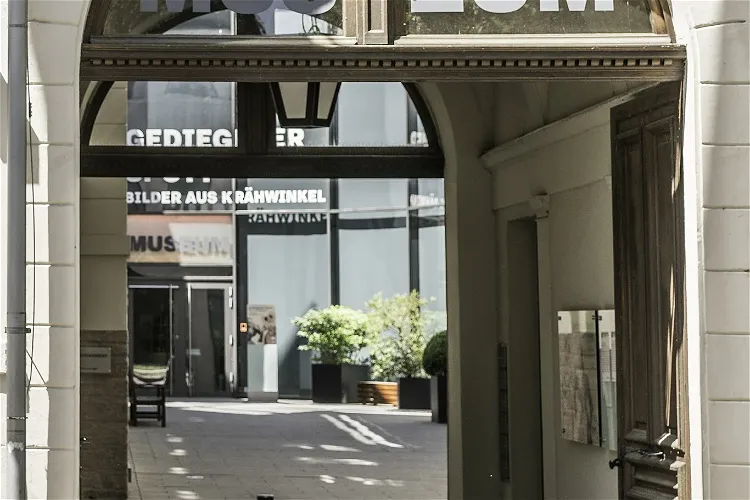
Museum LA8
Baden-BadenMuseum LA8, located in Baden-Baden, is a unique institution that explores the intersection of art and technology during the 19th century. This period was of significant importance to Baden-Baden, and the museum's semi-annual thematic exhibitions delve into this fascinating era. Visitors can expect to gain a deeper understanding of the cultural and technological developments of the time.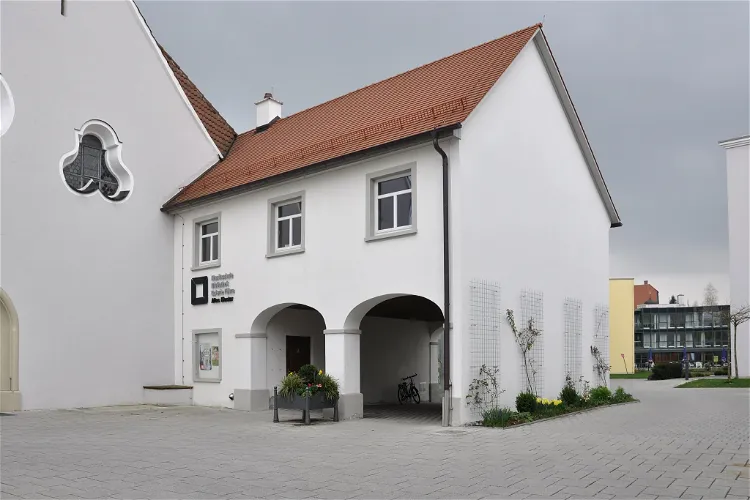
Galerie Fähre
Bad SaulgauGalerie Fähre is a city art gallery located in Bad Saulgau, Upper Swabia. It was founded in 1947 by Governor Coup de Fréjac, Karl-Anton Maier, and Josef Karlmann Brechenmacher. The gallery was established as a 'Centre d`Information' with the aim of democratizing Germans through art and culture after the NS dictatorship.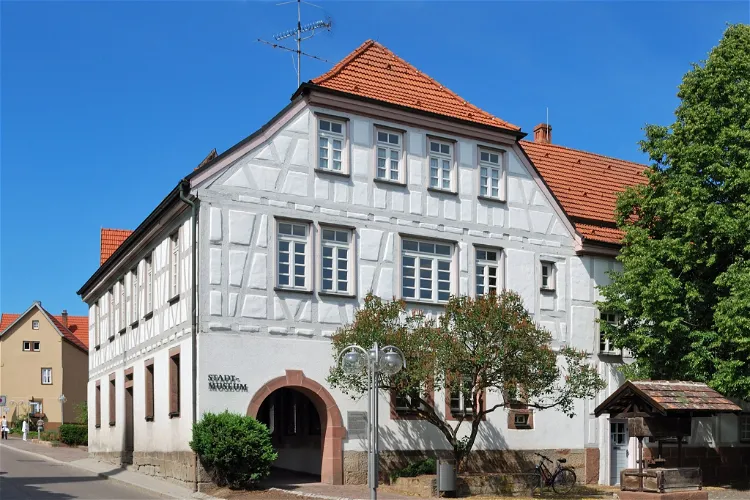
Stadtmuseum
Gerlingen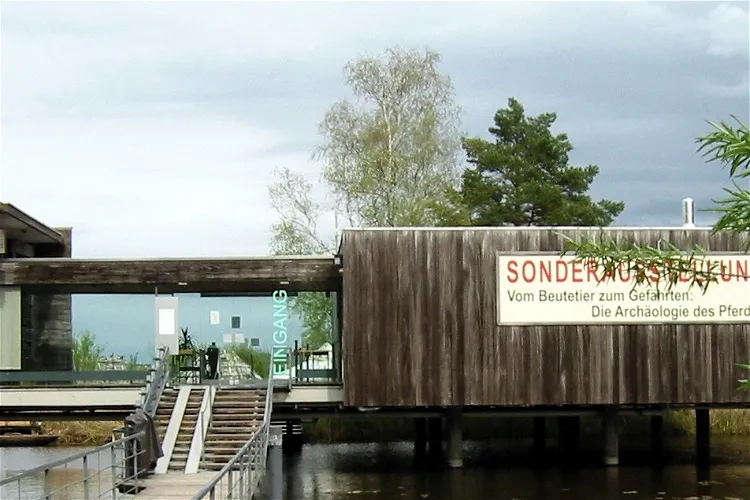
Federseemuseum Bad Buchau
Bad Buchau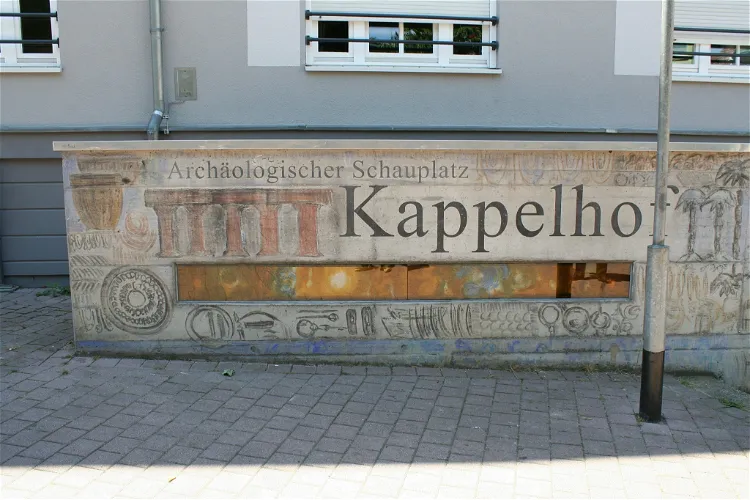
Archäologischer Schauplatz Kappelhof
Pforzheim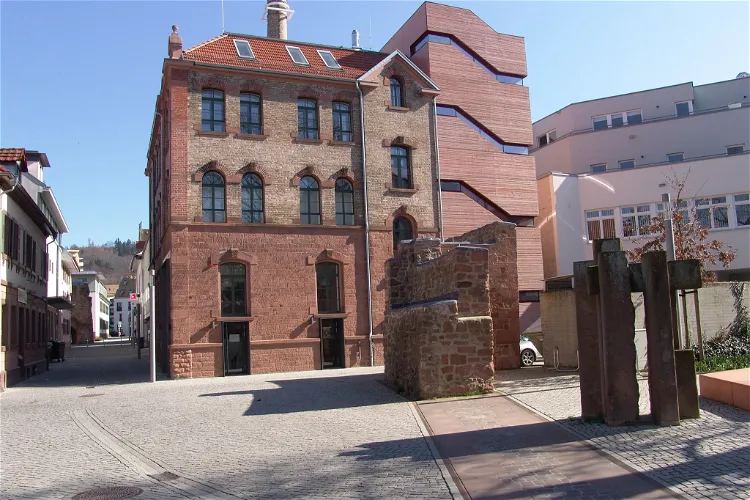
Stadtmuseum Lahr
Lahr/SchwarzwaldThe Stadtmuseum in Lahr/Schwarzwald is housed in a former clay oven factory of the Oven and Clayware Factory C.H. Liermann. This unique setting gives the museum a distinctive character and a strong connection to the city's industrial past. The museum was officially inaugurated in 2018, making it a relatively new addition to the city's cultural scene.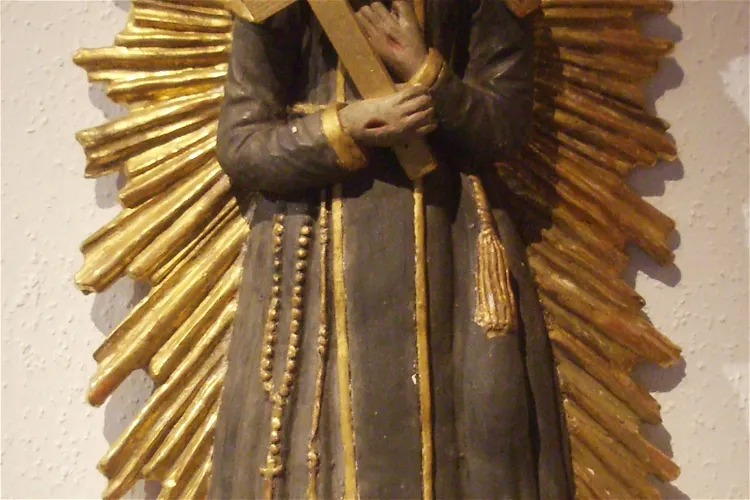
Museum im Kornhaus
Bad Waldsee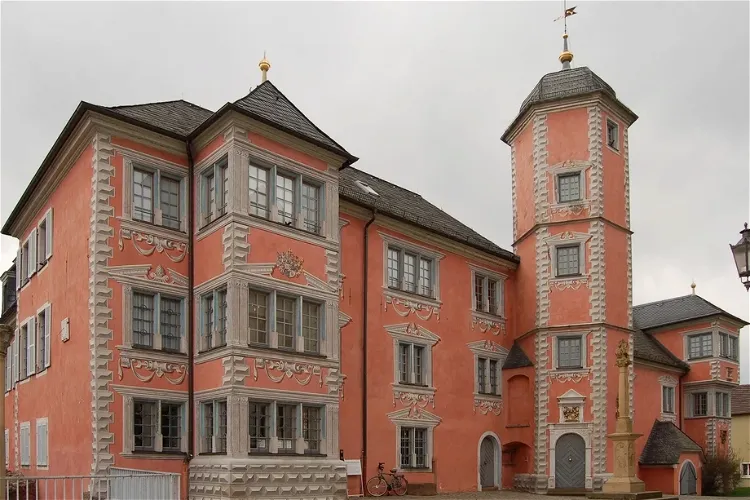
Lobdengau-Museum
LadenburgThe Lobdengau-Museum is situated in the town of Ladenburg, within the Rhein-Neckar-Kreis district. The museum is housed in the former Bishop's Palace, which was once the residence of the Prince-Bishops of Worms. This historical setting adds a unique charm to the museum, making it an interesting destination for tourists interested in history and architecture.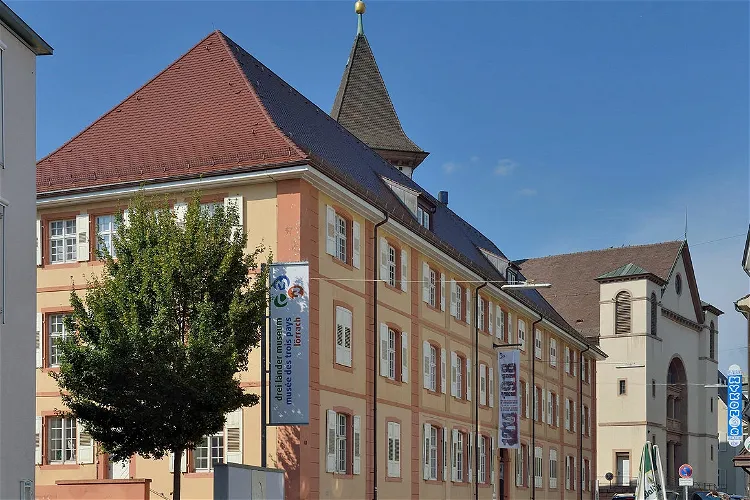
Three Countries Museum
Lörrach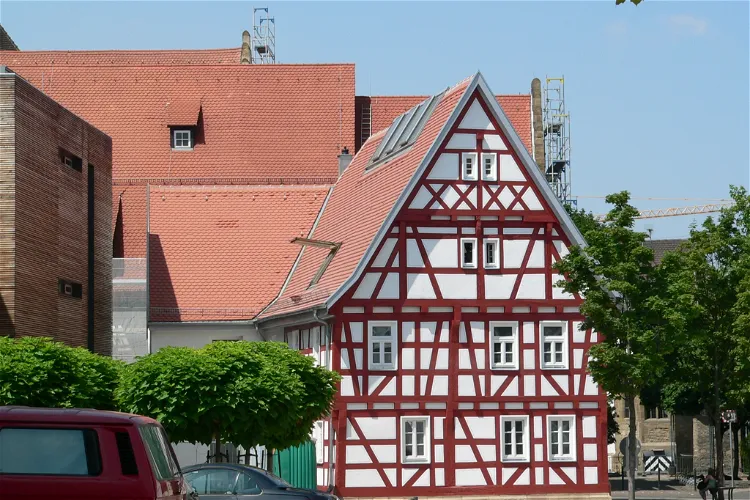
Stadtmuseum Neckarsulm
Neckarsulm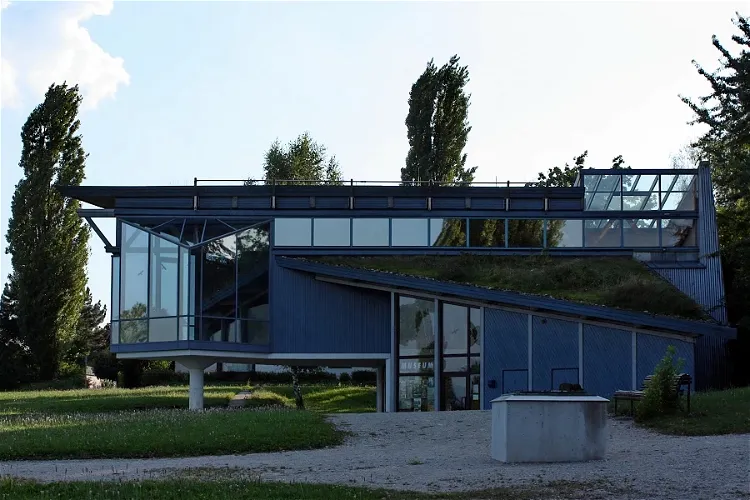
Museum Köngen
KöngenThe Roman Museum with Archaeological Park Köngen is an archaeological museum located in Köngen, in the district of Esslingen, Baden-Württemberg. It features an attached open-air facility, providing a unique blend of indoor and outdoor exhibits.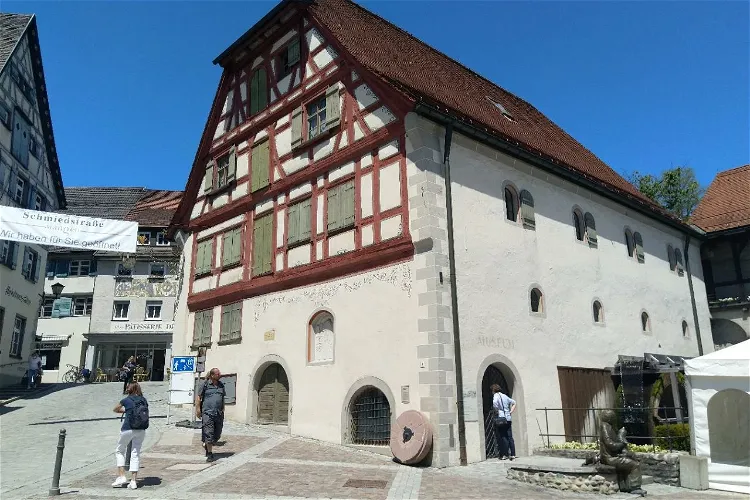
Stadtmuseum Wangen im Allgäu
Wangen im Allgäu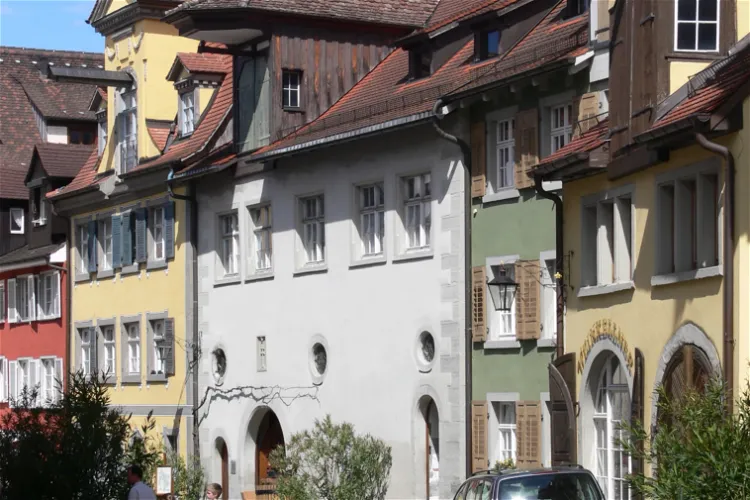
vineum bodensee
MeersburgThe vineum bodensee is a museum located in the city of Meersburg. It is dedicated to the cultural history of wine in Meersburg and the Lake Constance region. The museum provides a comprehensive insight into the wine culture, from the process of wine-making to its significance in the region's history and lifestyle.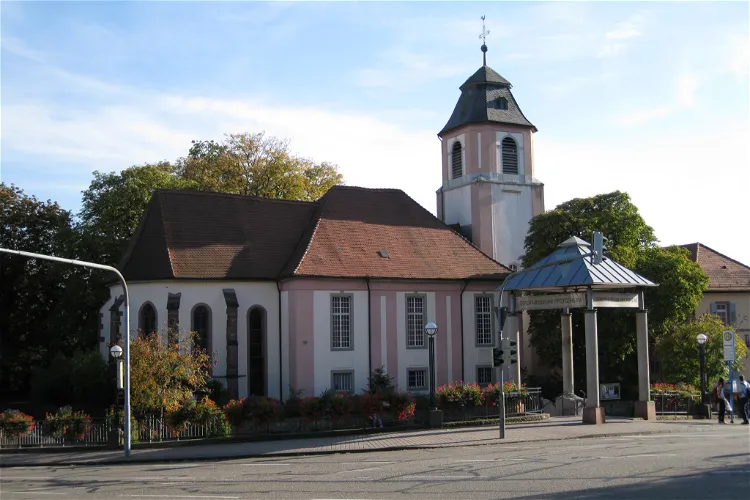
Stadtmuseum Pforzheim
PforzheimThe Stadtmuseum Pforzheim, located in Pforzheim, Baden-Württemberg, has been housed in the deconsecrated St. Martin parish church and the Old Schoolhouse since 1974. This unique location adds a historical charm to the museum, making it an interesting place to visit for those interested in architecture and history.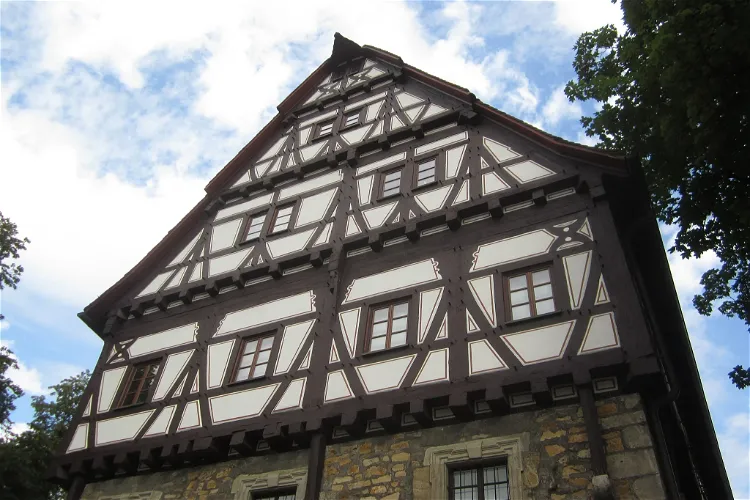
Museum im Storchen
GöppingenThe Storchen, also known as Liebensteinsches Schlösschen, is a significant historical site in Göppingen. Built in the 16th century, it is the oldest residential building in the city. Today, it serves as the home of the Städtische Museum Göppingen, offering visitors a glimpse into the city's rich history and cultural heritage.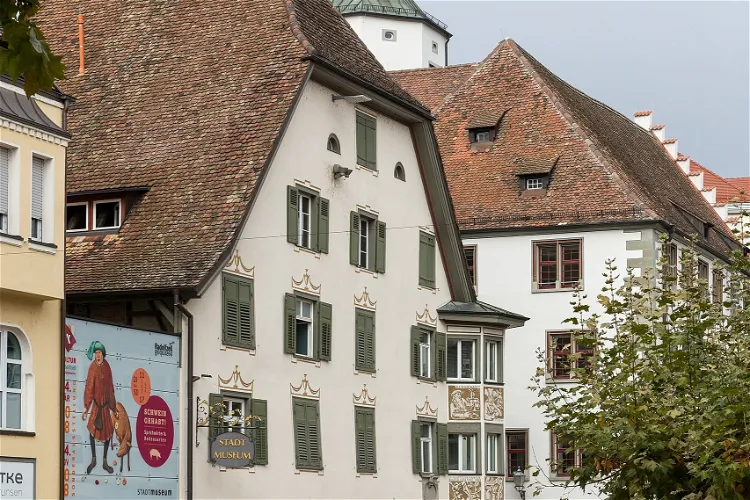
Stadtmuseum Radolfzell
Radolfzell am Bodensee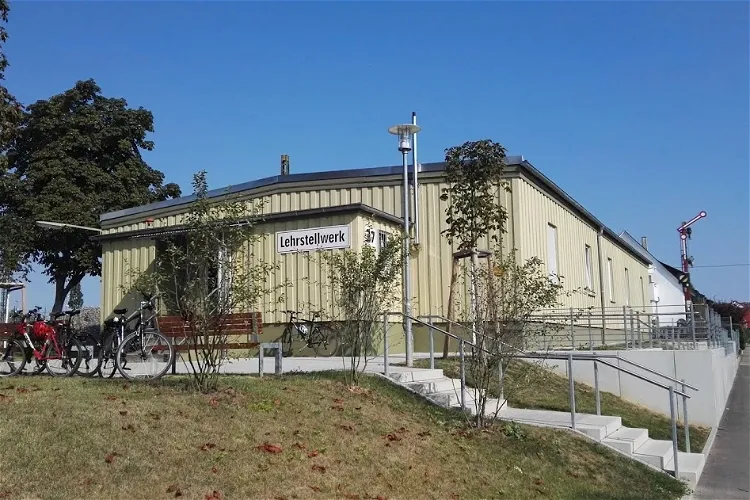
Lehrstellwerk Kornwestheim
KornwestheimThe Lehrstellwerk Kornwestheim is a significant institution located in Kornwestheim, approximately 10 kilometers north of Stuttgart. It is utilized by Deutsche Bahn for training purposes, and it also functions as a museum open to the public. This dual-purpose facility offers a unique insight into the operations of the German railway system, making it an interesting destination for tourists interested in transportation history and technology.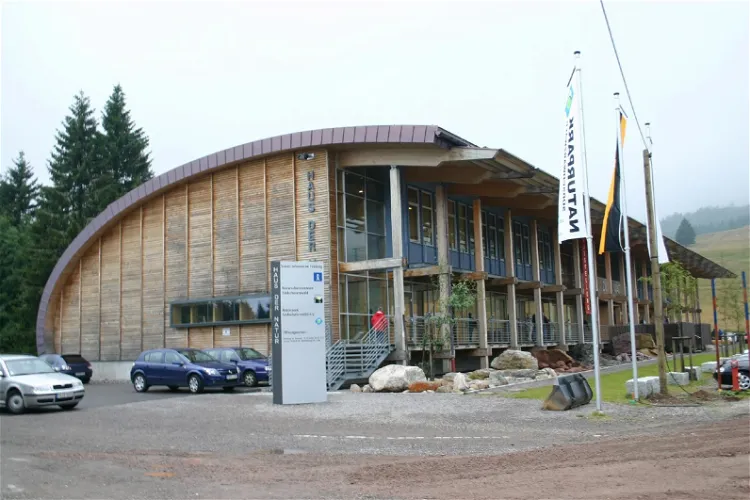
House of Nature Feldberg
Feldberg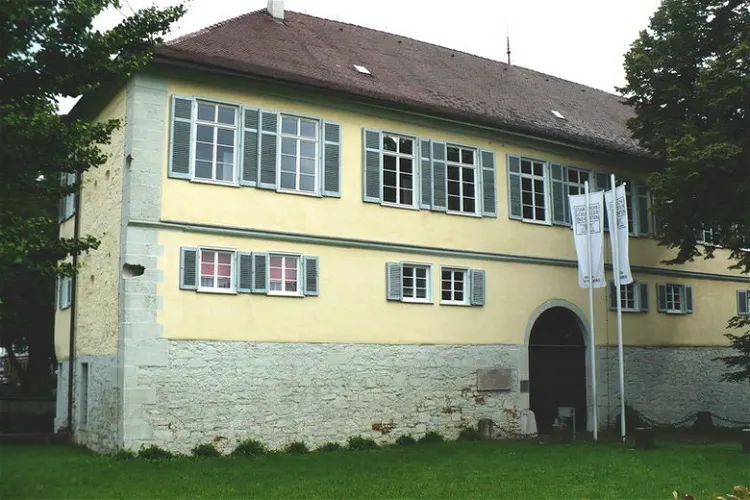
Schloss Kirchheim (Teck)
Kirchheim unter TeckSchloss Kirchheim, a well-preserved Renaissance fortress, is situated on the edge of the old town of Kirchheim unter Teck. This historical site offers a glimpse into the past, showcasing the architectural style of the Renaissance period. The castle's location, on the edge of the old town, provides a picturesque setting that enhances the overall experience for visitors.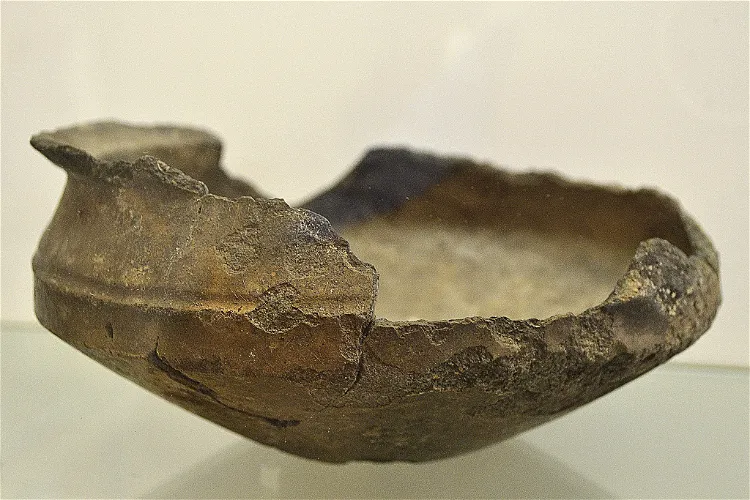
Museum der Stadt Eberbach
Eberbach
Stadtmuseum Schopfheim
Schopfheim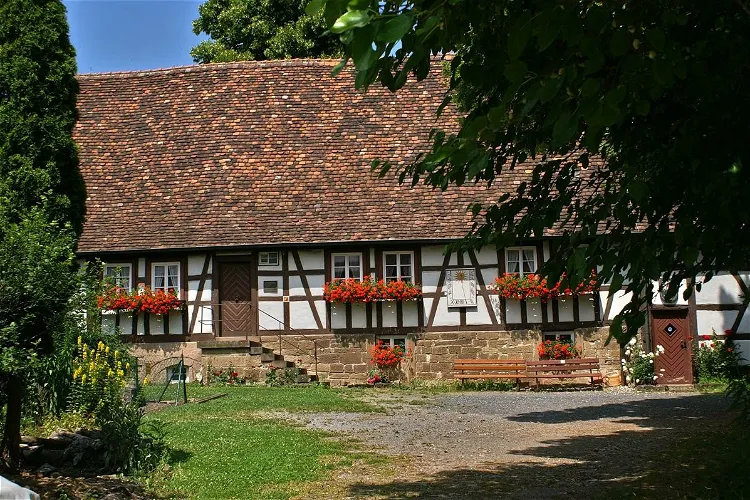
Henri-Arnaud-Haus - Waldensermuseum
SchönenbergThe Henri-Arnaud-Haus, located in Schönenberg, a district of the Baden-Württemberg municipality of Ötisheim in the Enzkreis, is a significant historical site. It was once the residence of the Waldensian pastor Henri Arnaud and has now been transformed into a Waldensian museum. This museum offers a unique insight into the life and times of Henri Arnaud and the Waldensian community he served.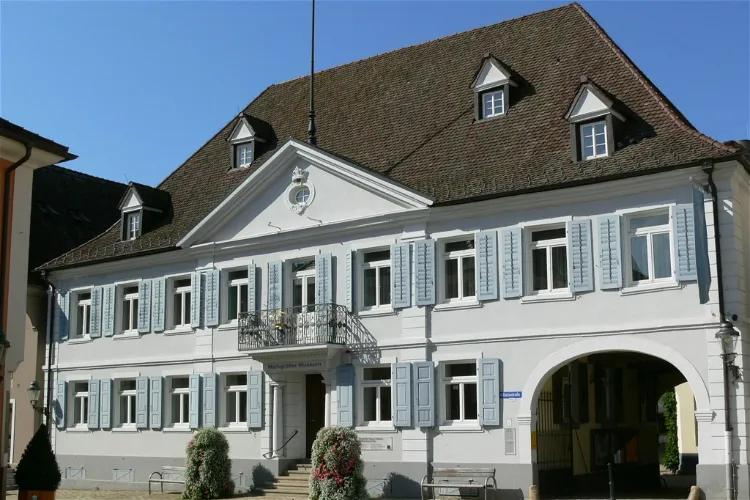
Markgräfler Museum Müllheim
Müllheim im MarkgräflerlandThe Markgräfler Museum is a regional museum located in Müllheim in the Markgräflerland, a city within the district of Breisgau-Hochschwarzwald in Baden-Württemberg, Germany. It is the largest museum between Freiburg im Breisgau and the agglomeration of Basel Lörrach in the tri-border area. The museum has two locations: the Blankenhorn Palace and the Frick Mill.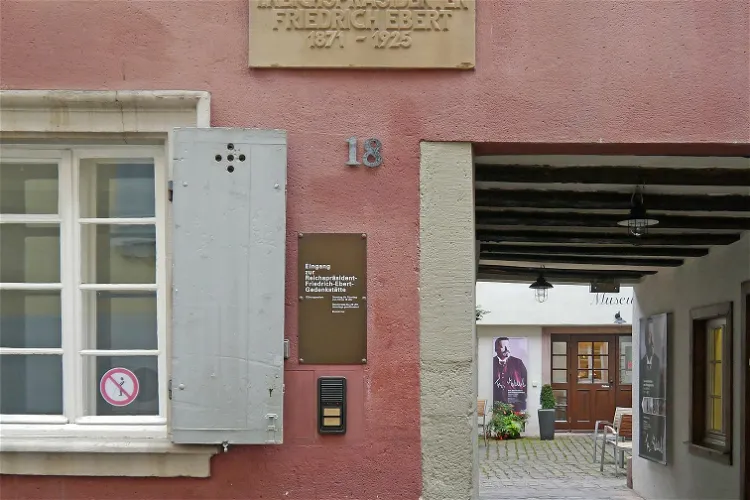
President Friedrich Ebert Memorial
HeidelbergThe memorial first opened its doors to the public on June 7, 1962, with a small exhibition dedicated to the life of Friedrich Ebert. The exhibition is located in the very house where Ebert was born, adding a personal touch to the historical narrative presented.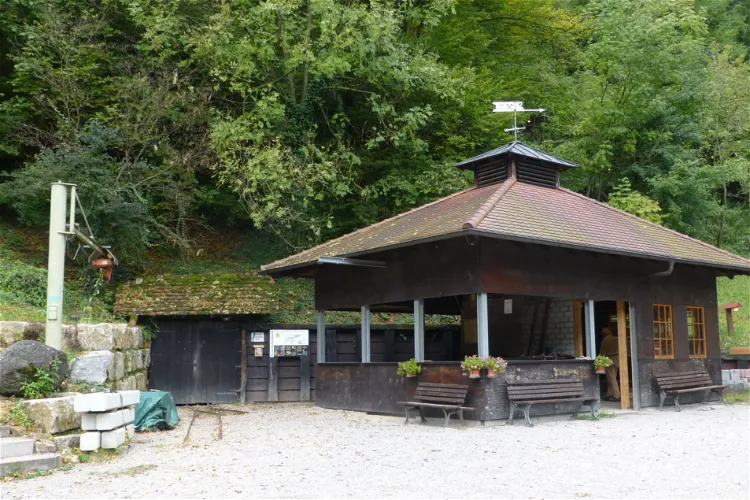
Besucherbergwerk Grube Anna-Elisabeth
SchriesheimThe Anna-Elisabeth mine is a historical site with a rich history that spans over 700 years. It was originally a silver and vitriol mine, located in the city of Schriesheim in the Rhein-Neckar district. The mine was operational from before 1291 until 1817, and was finally decommissioned in 1936. Today, it serves as a show mine, offering visitors a unique glimpse into the past.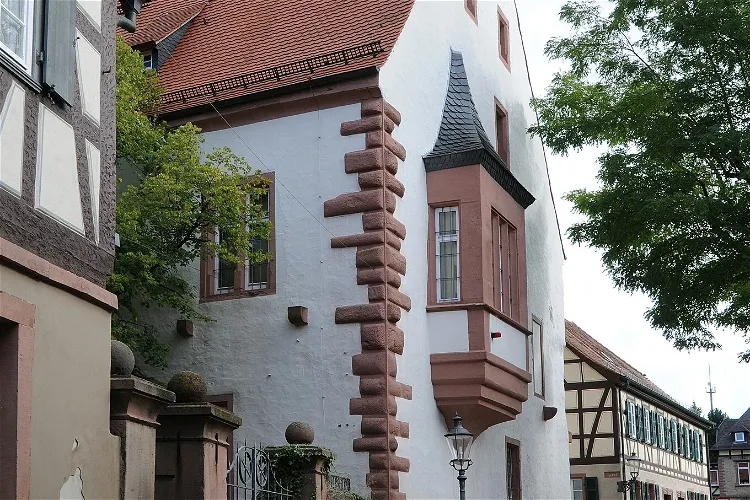
Bezirksmuseum Buchen
Buchen (Odenwald)The Bezirksmuseum Buchen was founded by Karl Trunzer, a teacher who had a passion for collecting folk art from the Odenwald region. His collection forms the basis of the museum's exhibits, providing visitors with a unique insight into the region's folk art traditions.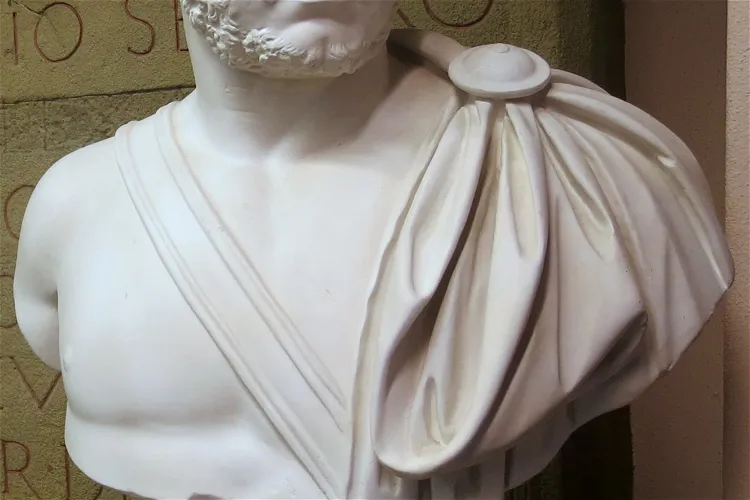
Carl-Schweizer-Museum
MurrhardtThe Carl-Schweizer-Museum is the result of the collecting passion of four generations of the Schweizer family of taxidermists. They have been based in Murrhardt for over 100 years and have created a private museum that is important for the entire region of the Swabian-Franconian Forest Mountains and the Rems-Murr district in the northeast of Stuttgart.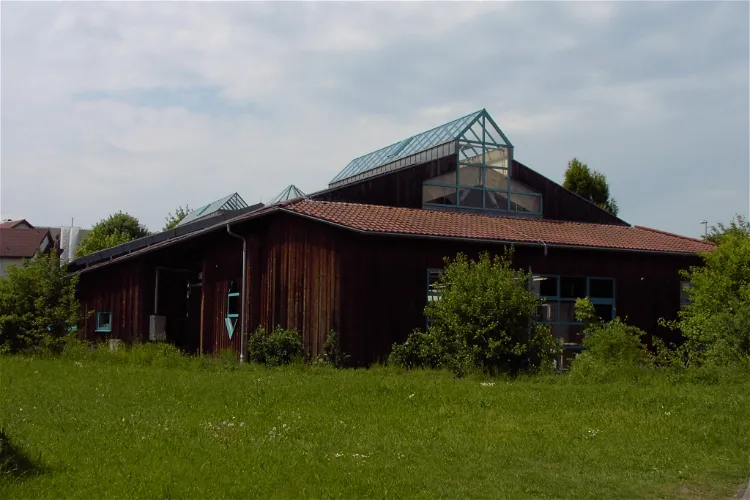
Römerhaus Walheim
WalheimThe museum is home to the fully preserved foundations of a Roman strip house. This building is considered the best-preserved of its type north of the Alps. Visitors can explore the foundations and learn about the architectural techniques used in Roman times.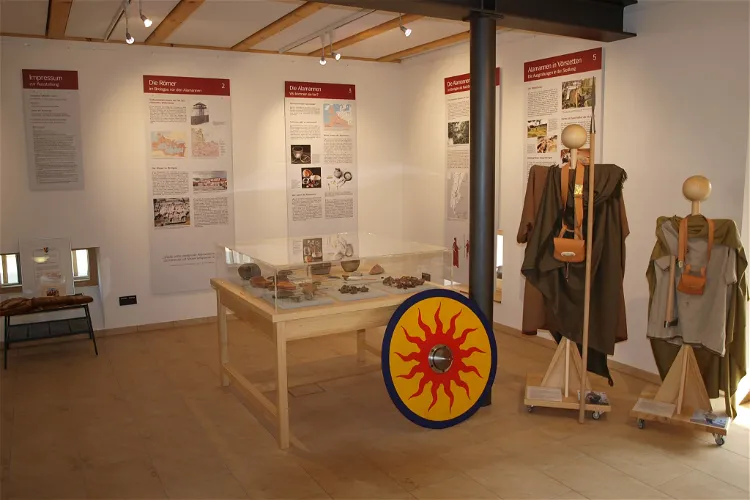
Alamannen-Museum Vörstetten
VörstettenThe Alamannen-Museum Vörstetten is an archaeological museum situated in the municipality of Vörstetten, within the Emmendingen district of Baden-Württemberg. This museum provides a unique opportunity for visitors to delve into the rich archaeological history of the region.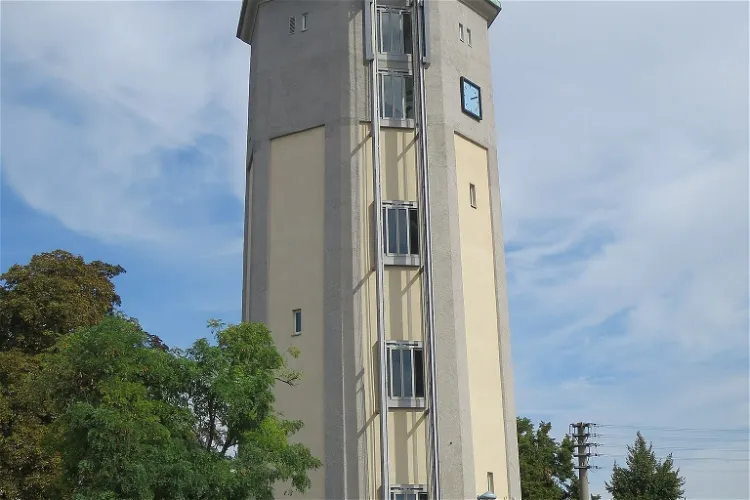
Aufzugsmuseum
MannheimThe Aufzugmuseum boasts a collection of about 700 objects related to the history of elevator construction. These items, which come from the technology and environment of elevator construction, were collected over several decades. This extensive collection provides a comprehensive overview of the evolution of elevator technology, making it a fascinating destination for those interested in engineering and history.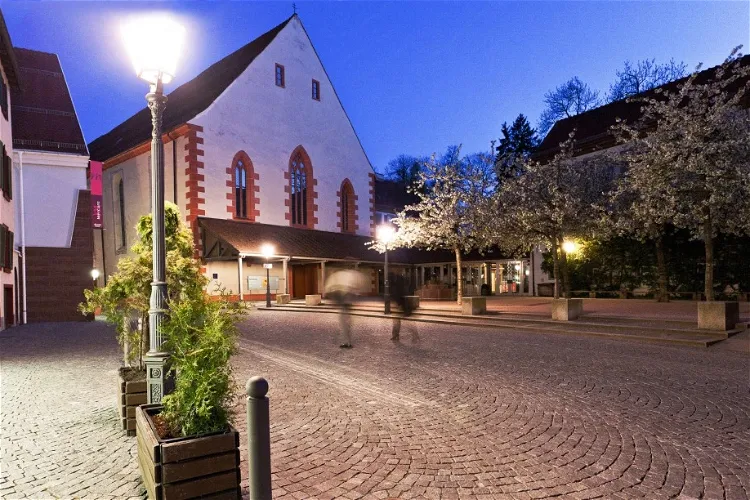
Franziskanermuseum
Villingen-SchwenningenThe Franziskanermuseum, situated in the former Franciscan monastery in Villingen-Schwenningen, is a cultural-historical museum. It offers a comprehensive insight into the city's history from its beginnings to the present day. Additionally, it provides a deep dive into the folklore of the Black Forest and the Celtic princely tomb Magdalenenberg. This museum is a great place for tourists interested in history, culture, and folklore.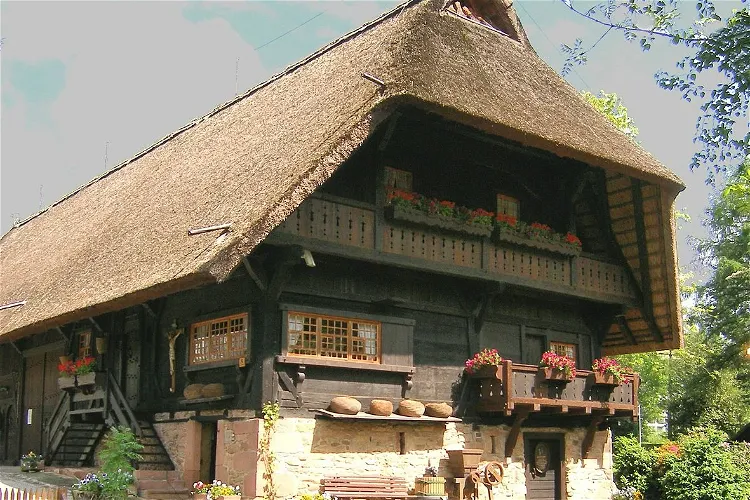
Heimatmuseum Fürstenberger Hof
Zell am HarmersbachThe Heimatmuseum Fürstenberger Hof is located in Unterharmersbach, a district of Zell am Harmersbach in the Ortenaukreis. This museum is housed in a thatched Black Forest house, providing a unique and authentic experience of the region's traditional architecture.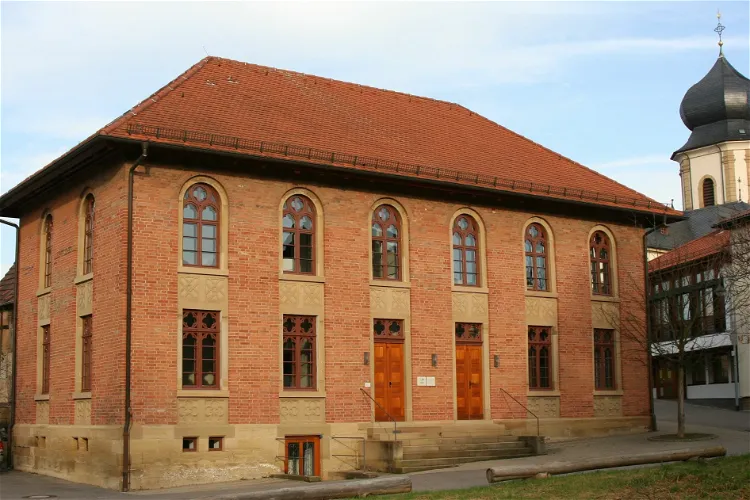
Museum Synagoge
AffaltrachThe Museum Synagogue in Affaltrach, a district of Obersulm in the Heilbronn district in northern Baden-Württemberg, is a significant historical site. Built in 1851, it now serves as a museum dedicated to the history of Jews in the district and city of Heilbronn. The museum provides a unique opportunity to learn about the Jewish community's history and culture in the region.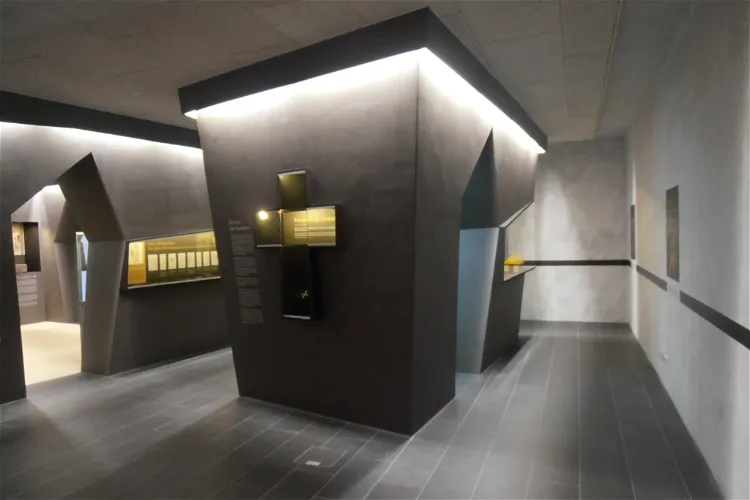
Roman Museum Remchingen
RemchingenThe Roman Museum Remchingen, situated in Remchingen, Germany, is a significant historical site that was established by Jeff Klotz. This museum offers a unique opportunity to explore the remnants of a Roman-era house, including its walls, which were discovered during a construction project in 2007. The museum was officially opened in 2009 and has since become a notable destination for those interested in Roman history.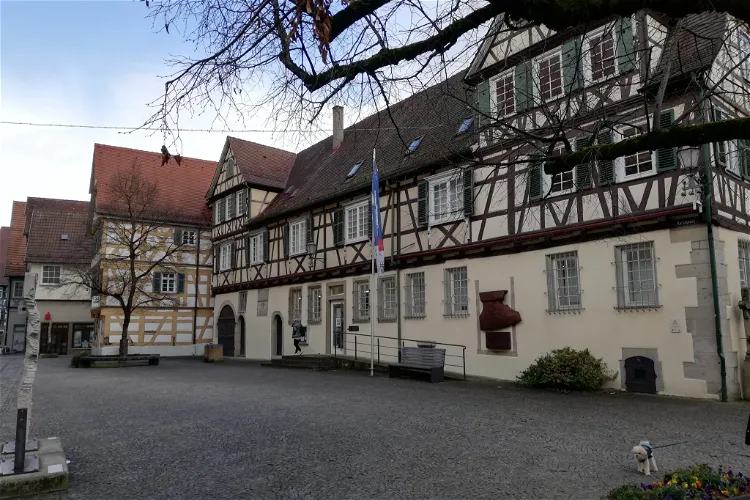
Stadtmuseum
SchorndorfThe Stadtmuseum Schorndorf is a city history museum situated in the large district town of Schorndorf, within the Rems-Murr district. It provides a comprehensive insight into the history and development of the city, making it a valuable destination for those interested in local history and culture.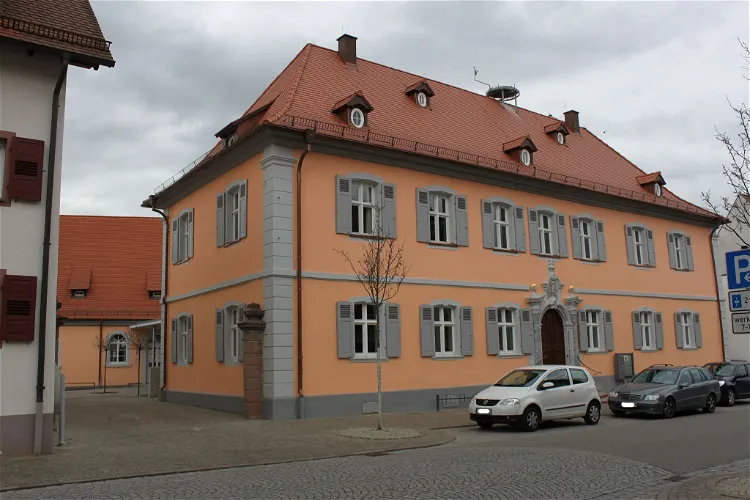
Museum Riegel
RiegelMuseum Riegel is situated in the municipality of Riegel am Kaiserstuhl. This location is easily accessible and offers a unique cultural experience for visitors interested in history and technology.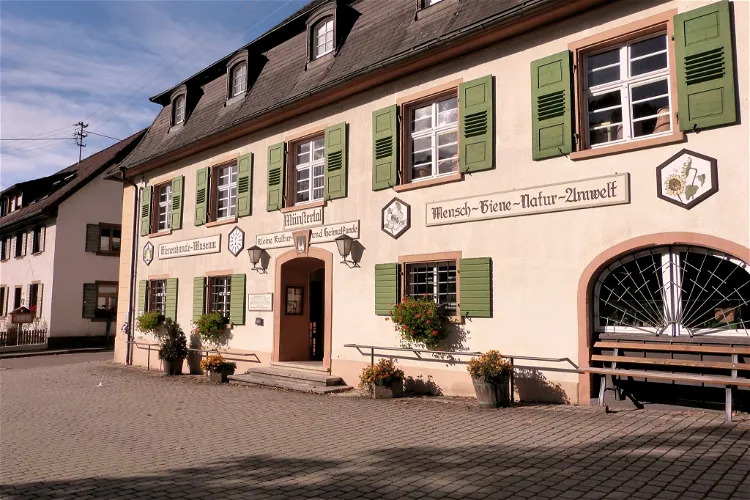
Bienenkundemuseum
SpielwegThe Bienenkundemuseum Münstertal is a unique cultural and local history museum that focuses on the themes of beekeeping and beekeepers. It is situated in the former town hall in the Obertal of Münstertal/Schwarzwald, providing a historical setting for the museum's exhibits.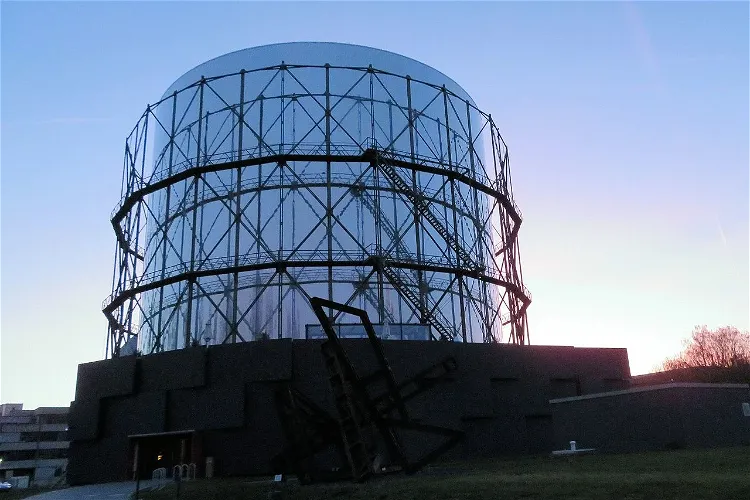
Gasometer Pforzheim
PforzheimThe Gasometer Pforzheim, once a gasometer, is now a unique venue for the display of panoramic paintings. This transformation from an industrial structure to a cultural space adds a unique charm to the place, making it a fascinating destination for art and history enthusiasts alike.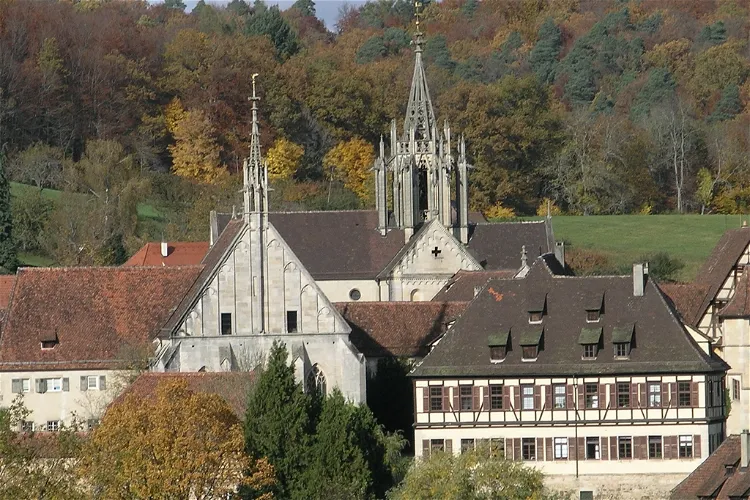
Bebenhausen Abbey
Tübingen